In the landscape of LGBTQ+ activism, silence has often been utilized as a powerful tool to symbolize the struggles and discrimination faced by the community. GLSEN's Day of Silence, originally established in 1996, has been a poignant reminder of the silencing effect of anti-LGBTQ+ bullying and harassment in schools. However, as we navigate through a challenging period marked by the passage of numerous anti-LGBTQ+ bills in the United States, silence no longer feels like an adequate response. Thus, emerges a new call to action: No Silence Day.
The History of GLSEN's Day of Silence
GLSEN's Day of Silence originated as a student-led initiative to raise awareness about the silencing impact of harassment and discrimination faced by LGBTQ+ students in educational institutions. Participants would voluntarily take a vow of silence for the day, representing the silencing effect that bullying and prejudice can have on LGBTQ+ youth. It served as a poignant reminder of the need for safer and more inclusive spaces within schools and communities.
The Shift to No Silence Day
In recent times, the LGBTQ+ community has faced an alarming onslaught of discriminatory legislation across various states in the U.S. These bills seek to undermine the rights and dignity of LGBTQ+ individuals, particularly transgender youth, in areas such as healthcare, sports participation, and education. In the face of such adversity, silence no longer feels like an effective response. It's time to break the silence and take a stand.
Introducing No Silence Day
No Silence Day represents a shift from passive observance to active engagement. It is a day dedicated to amplifying LGBTQ+ voices, advocating for equality, and taking tangible actions to support the community. While the symbolism of silence remains powerful, it is now coupled with a call to speak out, stand up, and make a difference.
How You Can Participate
- Speak Out: Use your voice to speak out against discrimination and injustice. Share educational resources, personal stories, or support messages on social media platforms to raise awareness and promote understanding.
- Take Action: Get involved in local LGBTQ+ advocacy groups or initiatives. Attend rallies, sign petitions, or contact elected officials to express your support for inclusive policies and legislation.
- Educate Yourself and Others: Take the time to educate yourself about LGBTQ+ issues and history. Engage in conversations with friends, family, or colleagues to challenge misconceptions and foster empathy.
- Support LGBTQ+ Youth: Show your support for LGBTQ+ youth by creating safe and affirming spaces in your community. Offer mentorship, resources, or allyship training to empower young individuals to embrace their identities proudly.
- Practice Allyship: As an ally, listen to and amplify the voices of LGBTQ+ individuals. Take proactive steps to challenge homophobia, transphobia, and other forms of discrimination in your everyday interactions.
On No Silence Day, let us reaffirm our commitment to equality, acceptance, and solidarity within the LGBTQ+ community and beyond. Together, we can break the silence, ignite change, and create a future where all individuals are free to live authentically and without fear

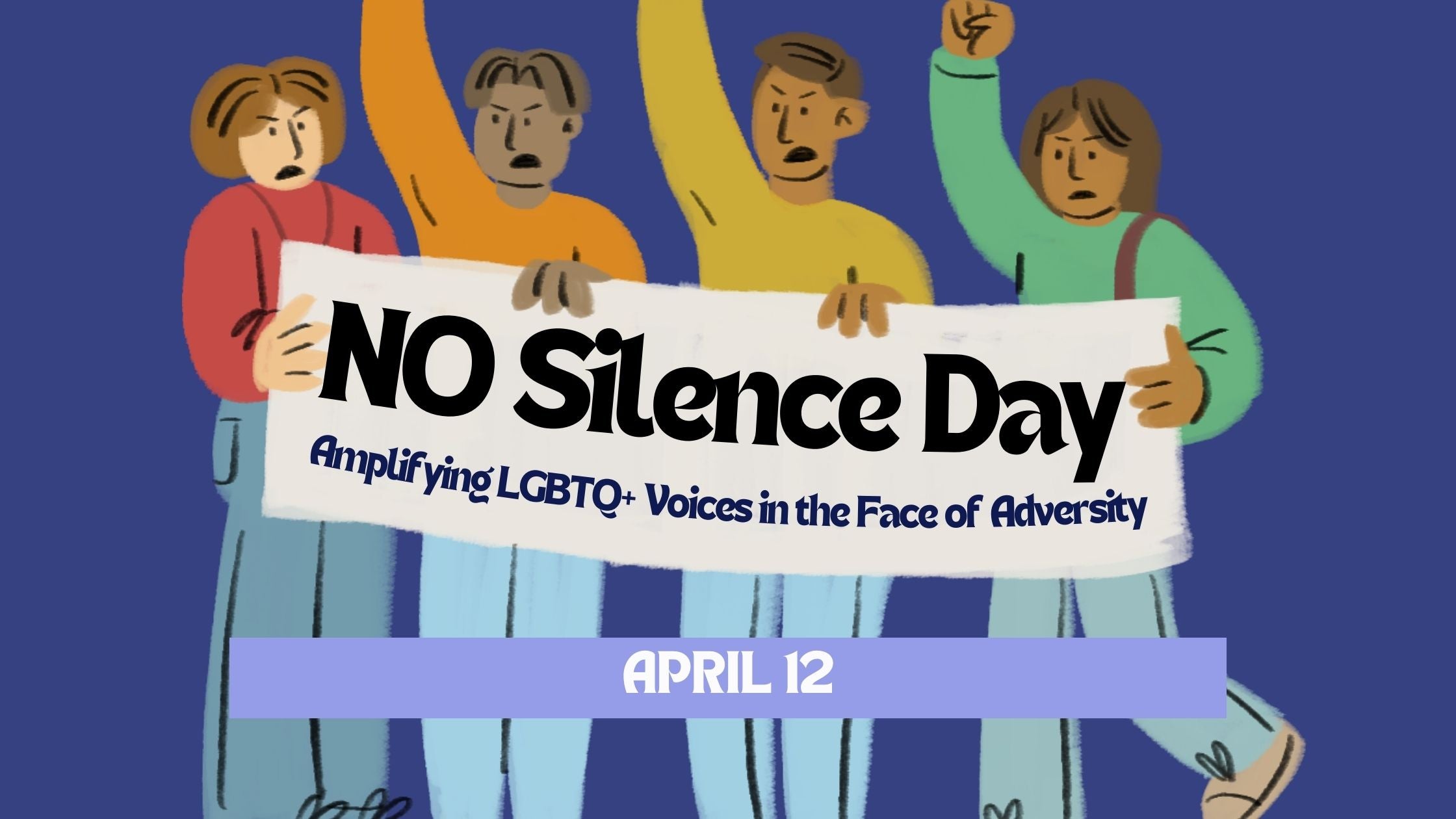
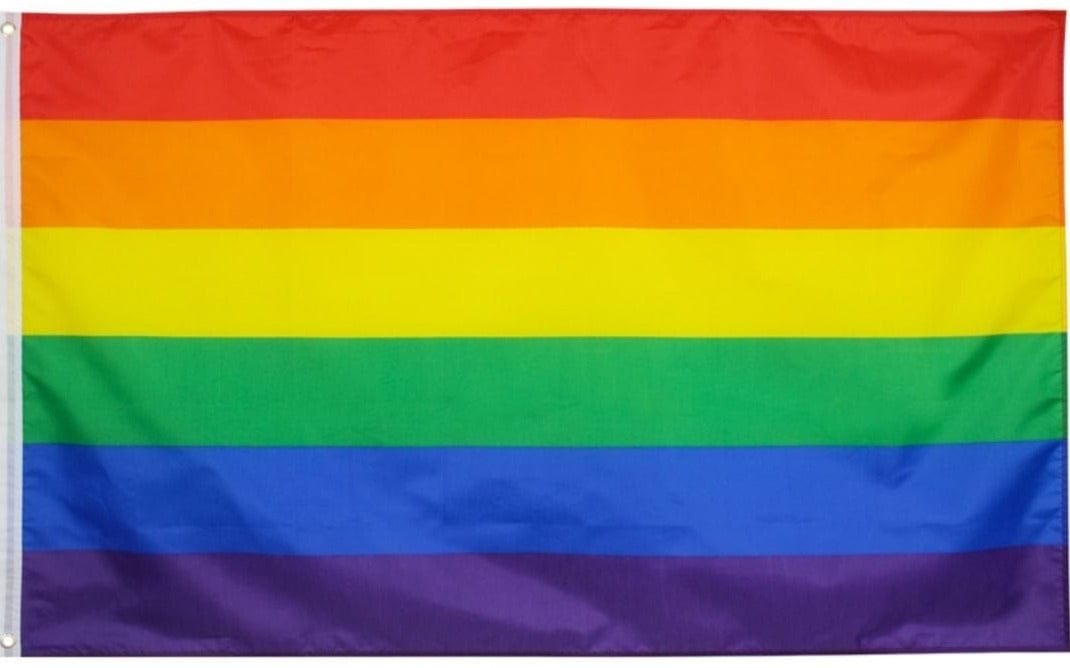
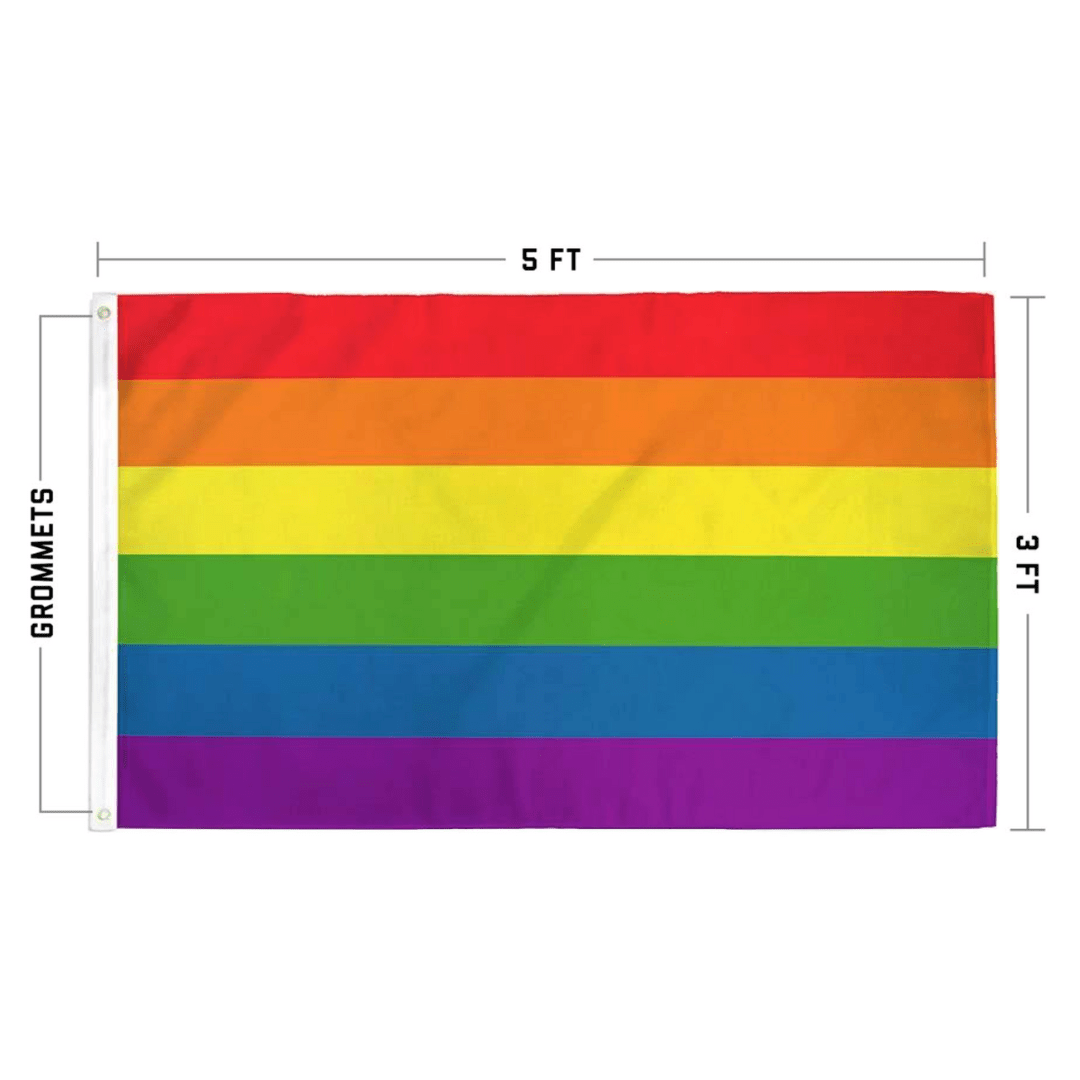
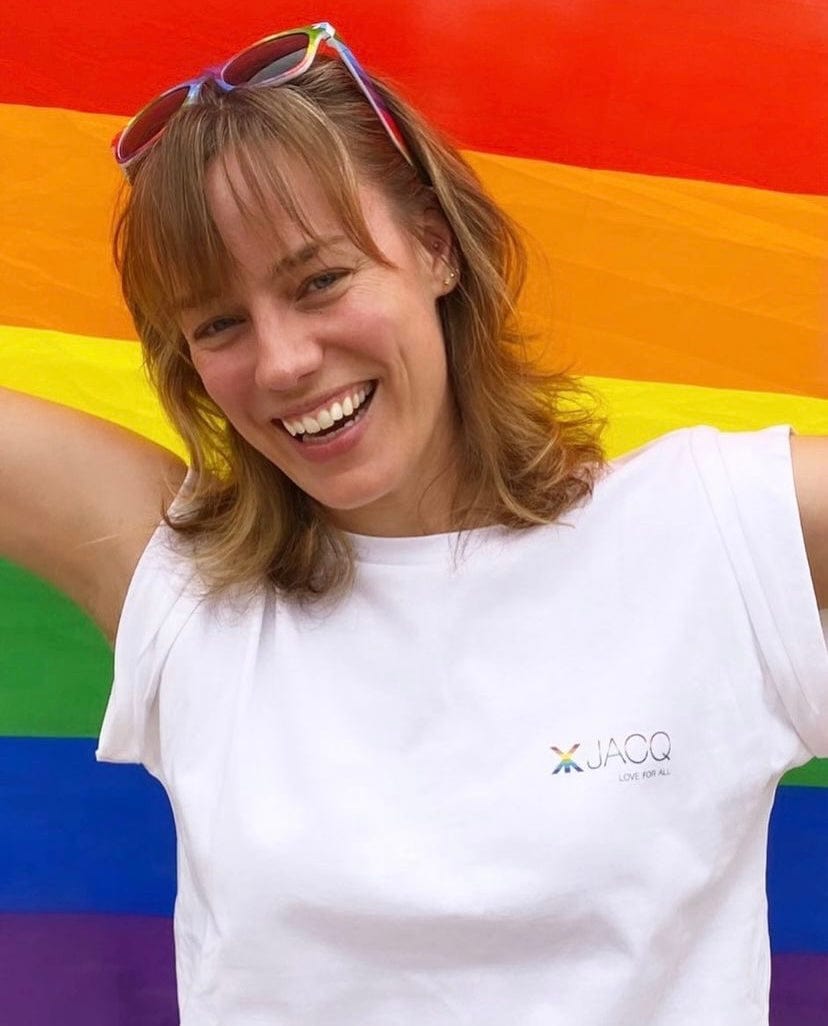
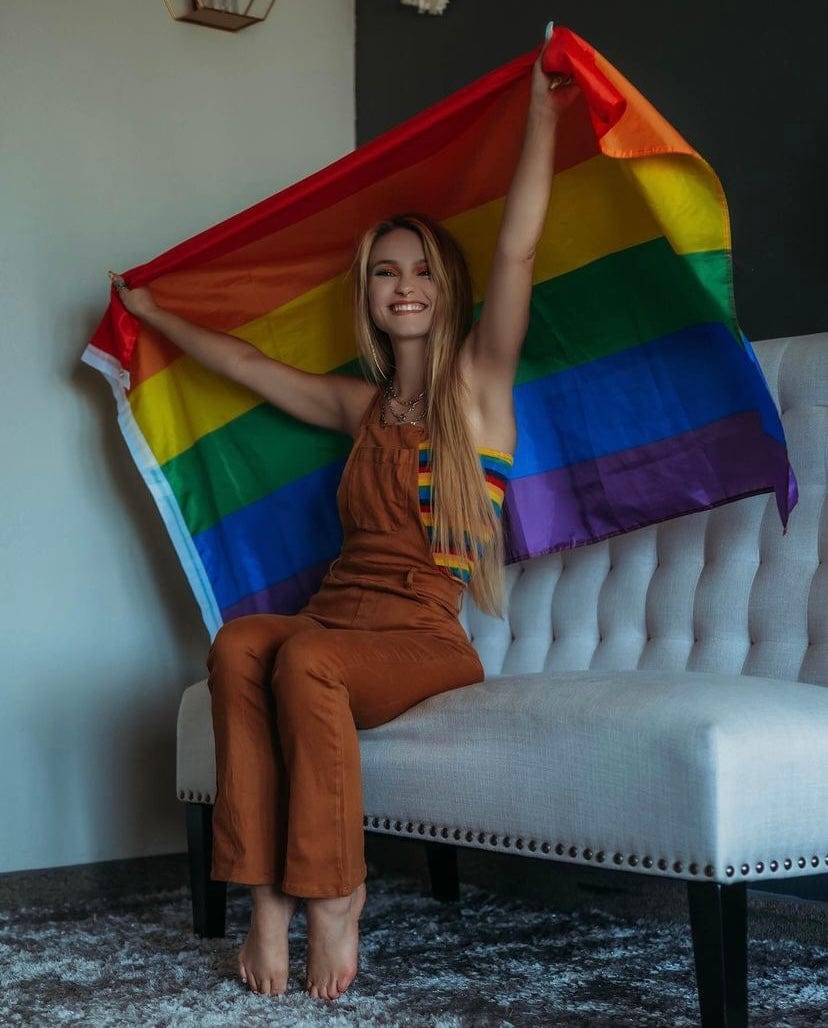
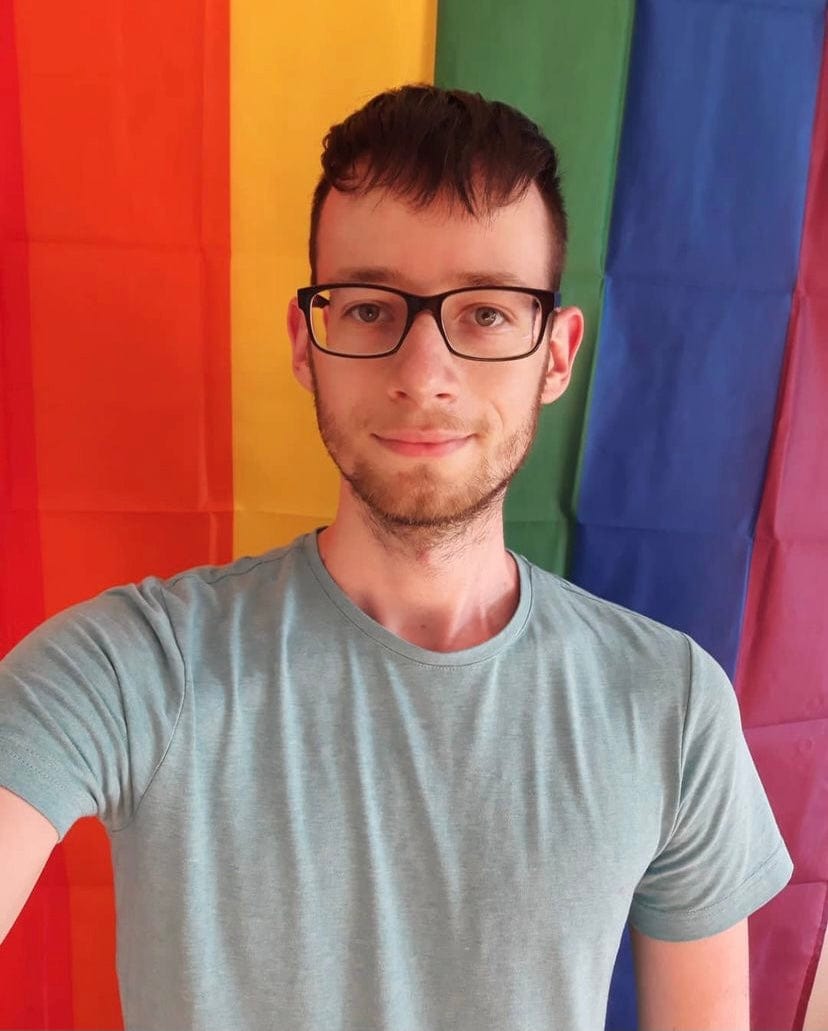
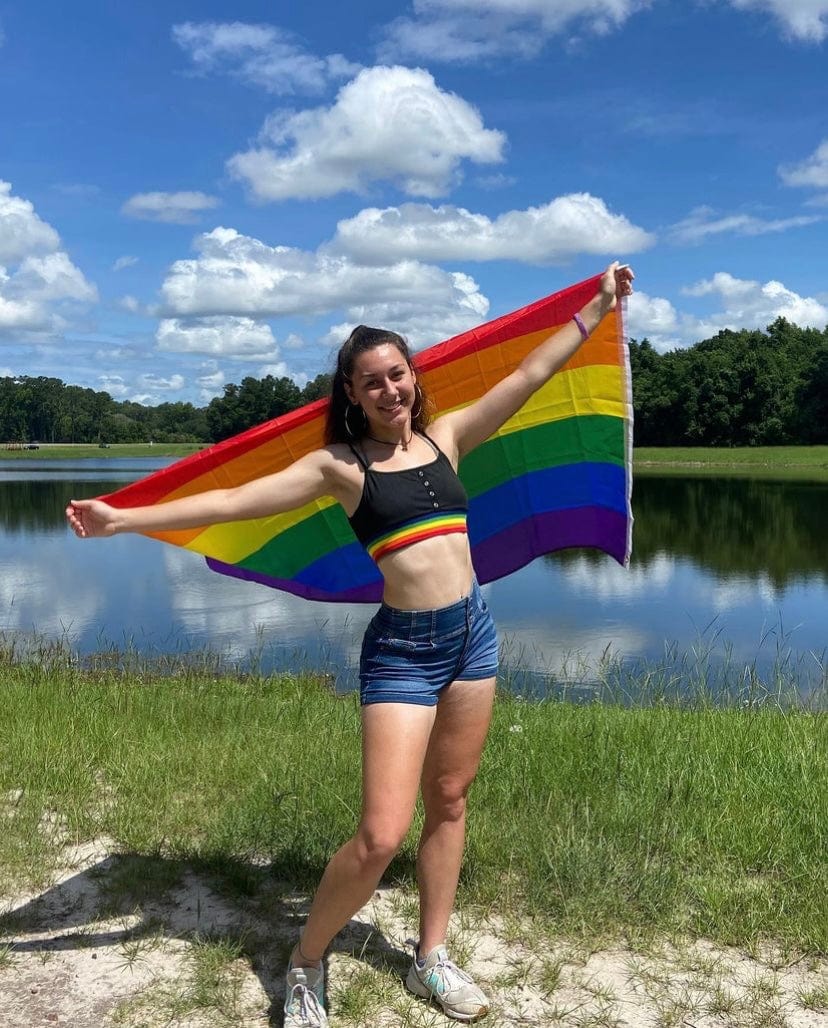
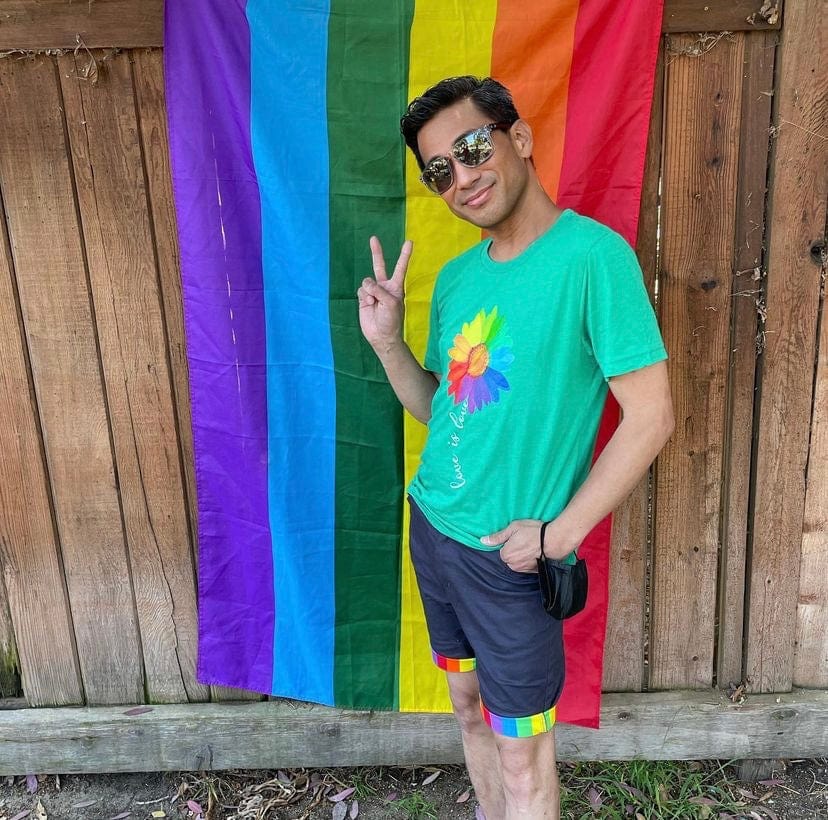
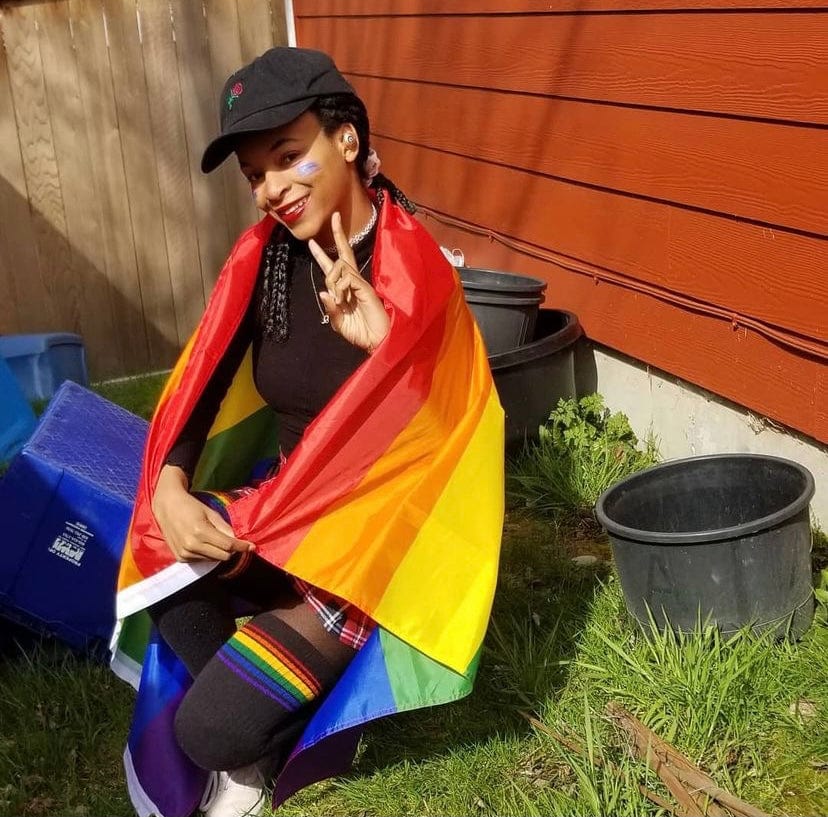
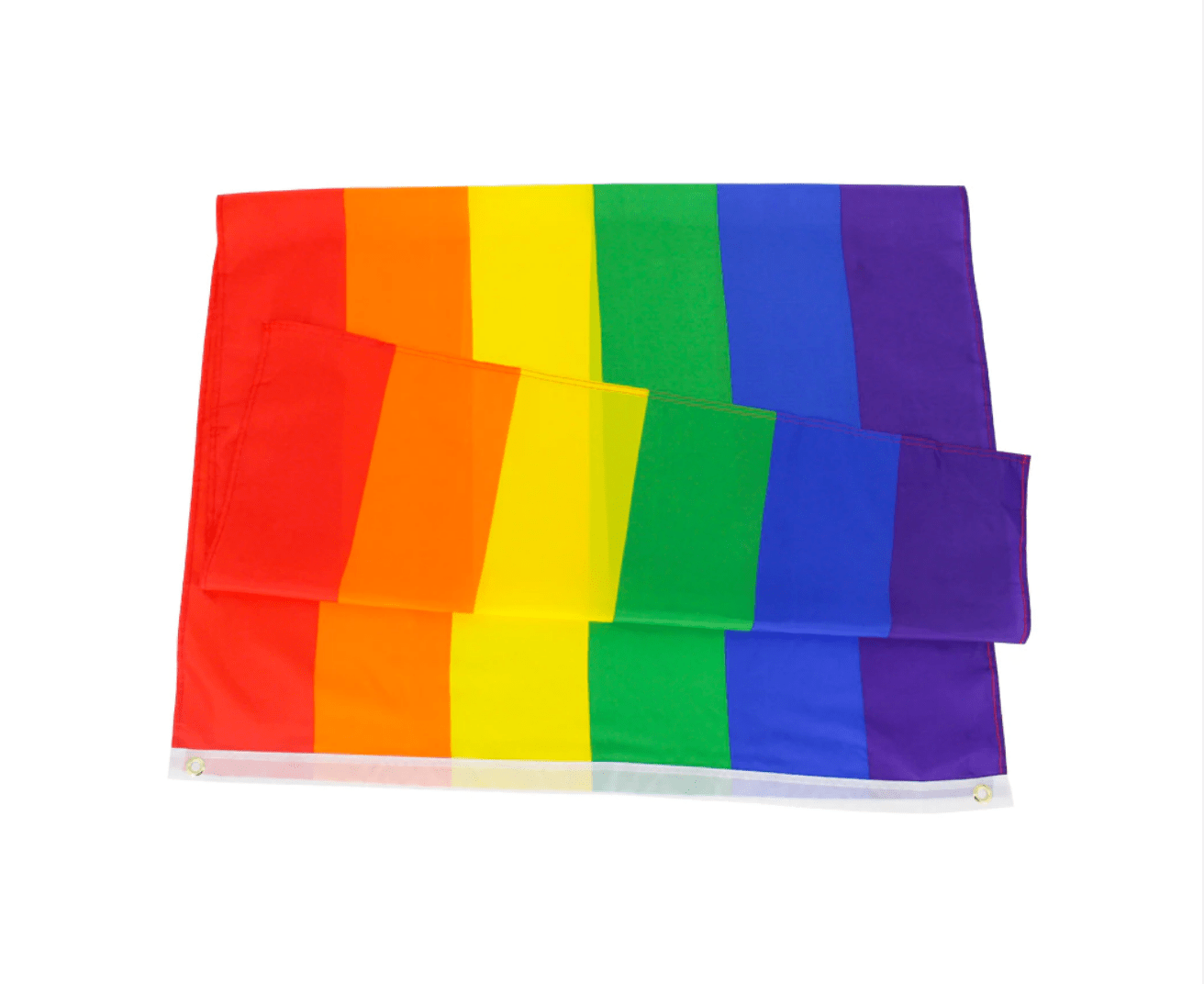
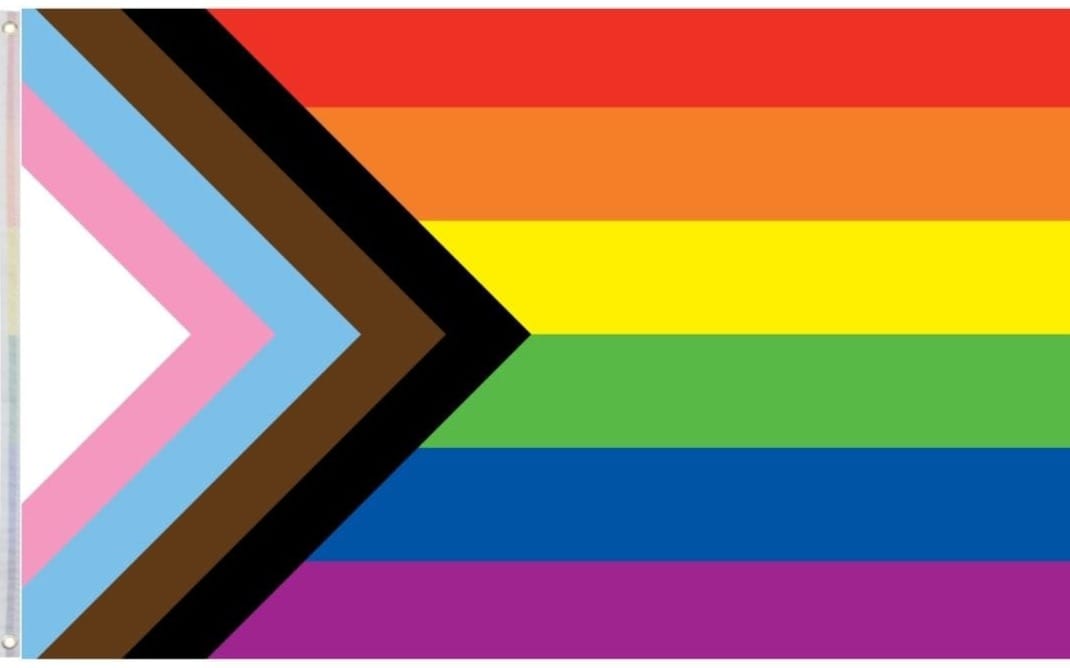

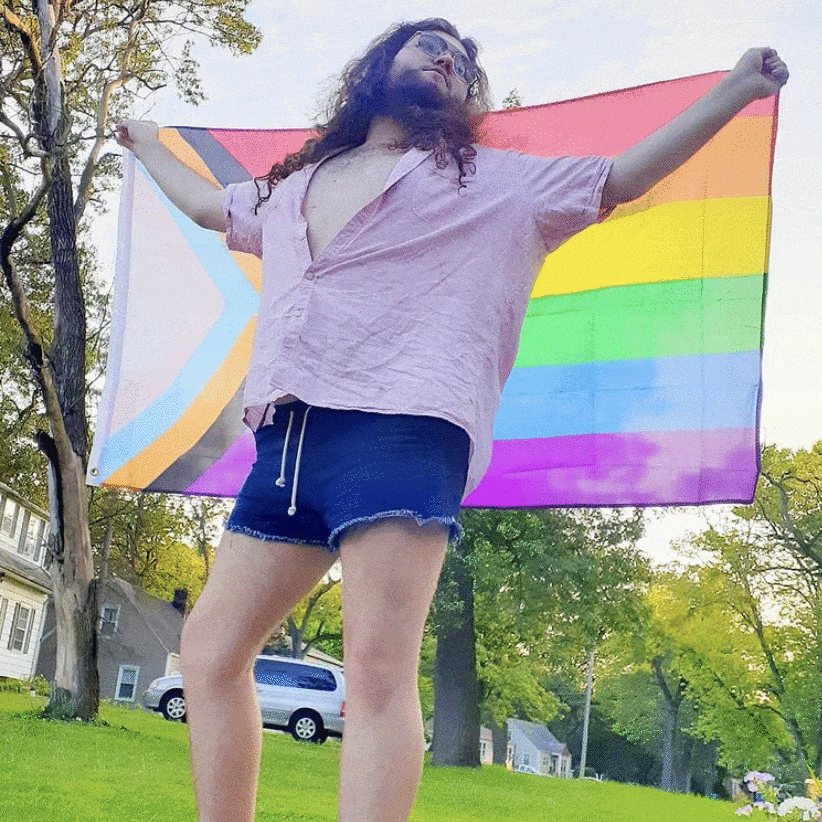
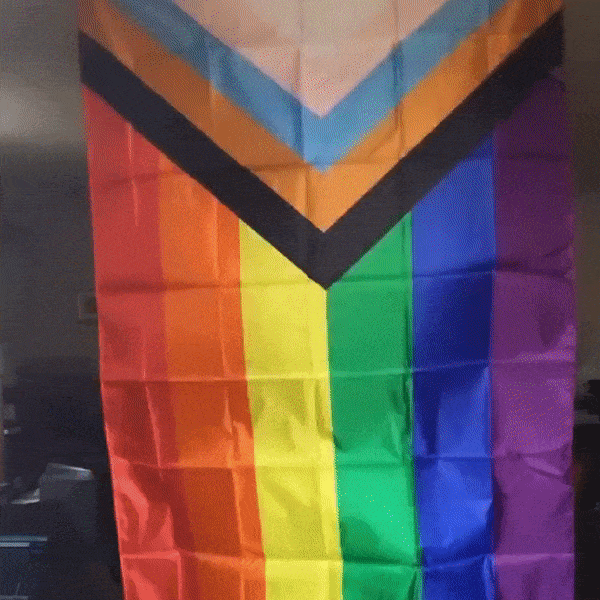
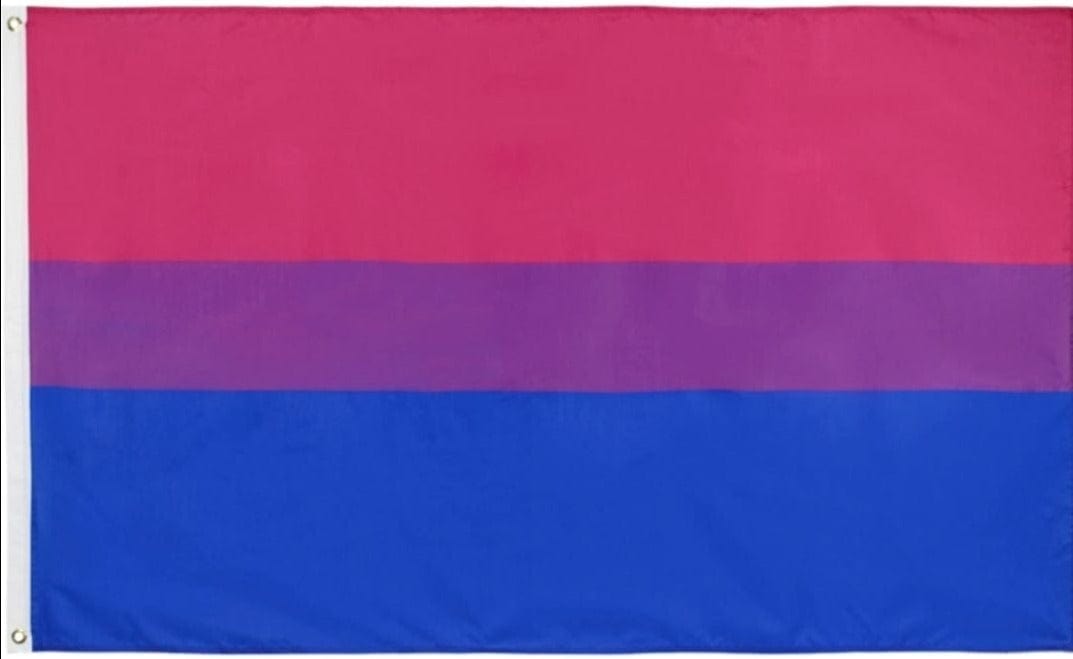
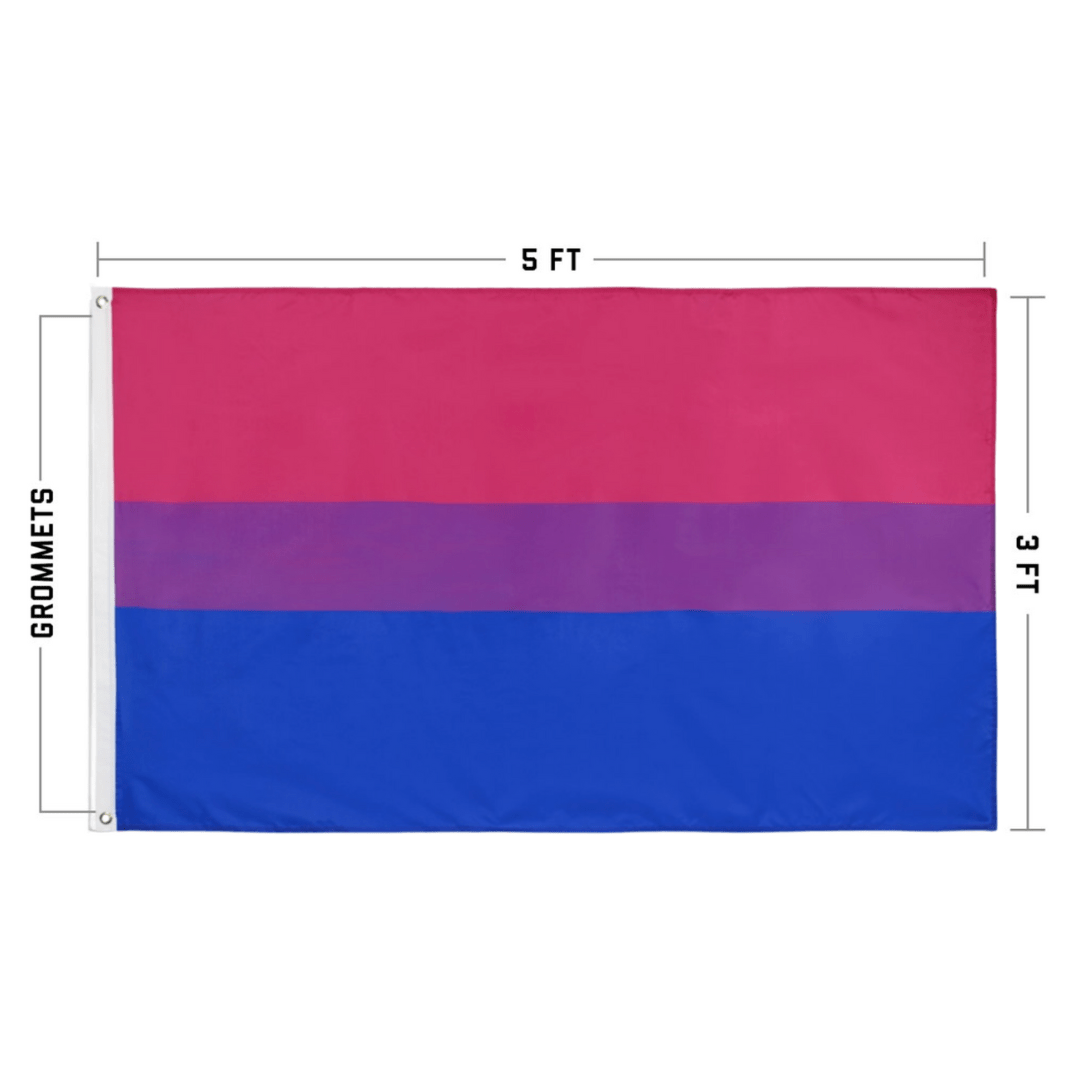
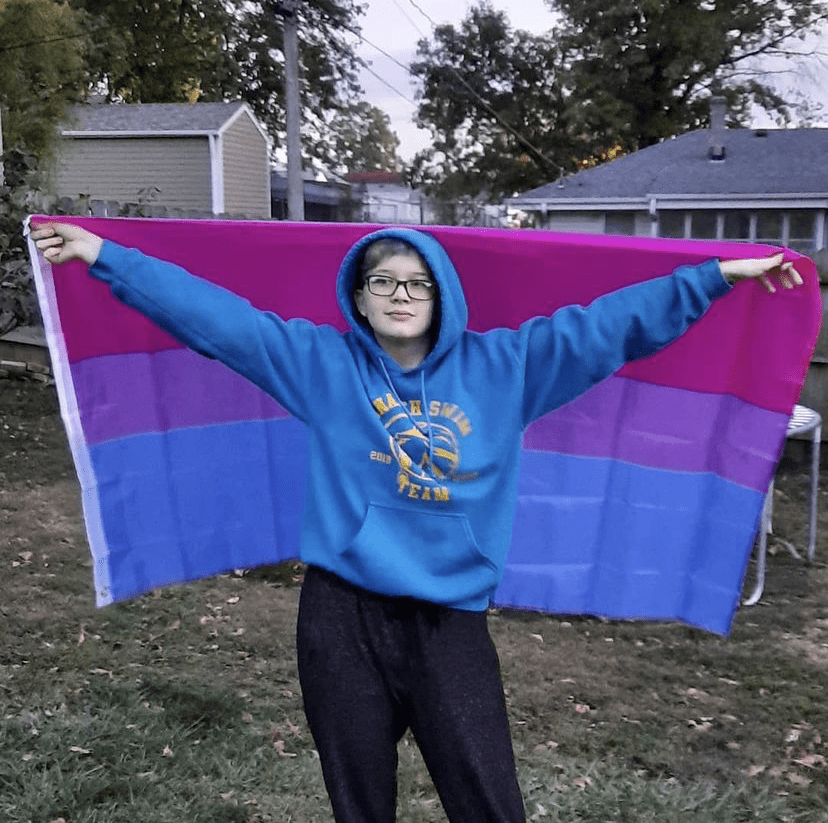
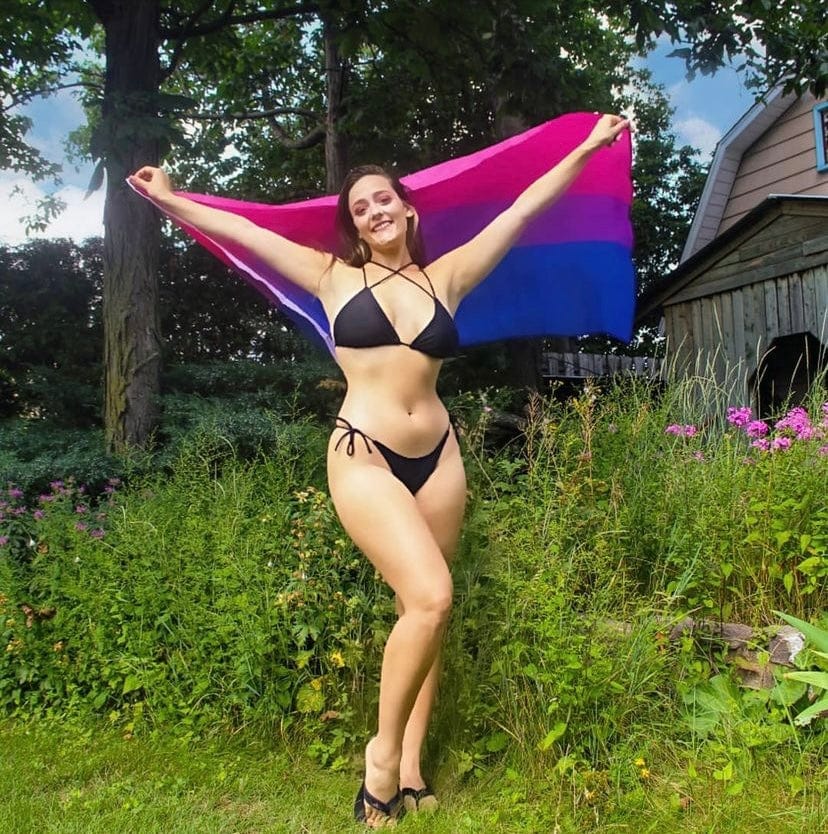
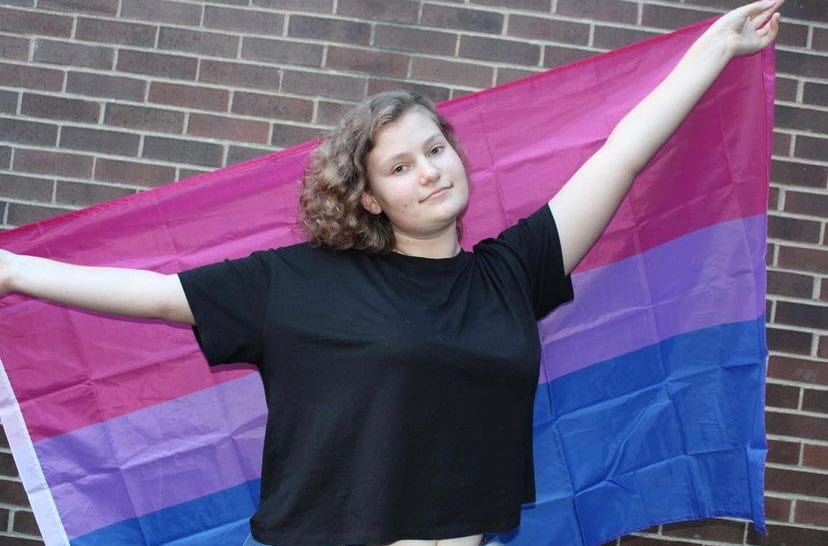

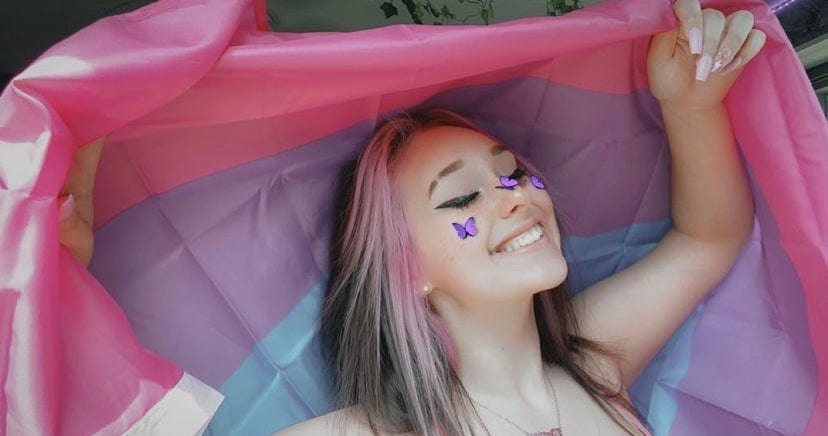
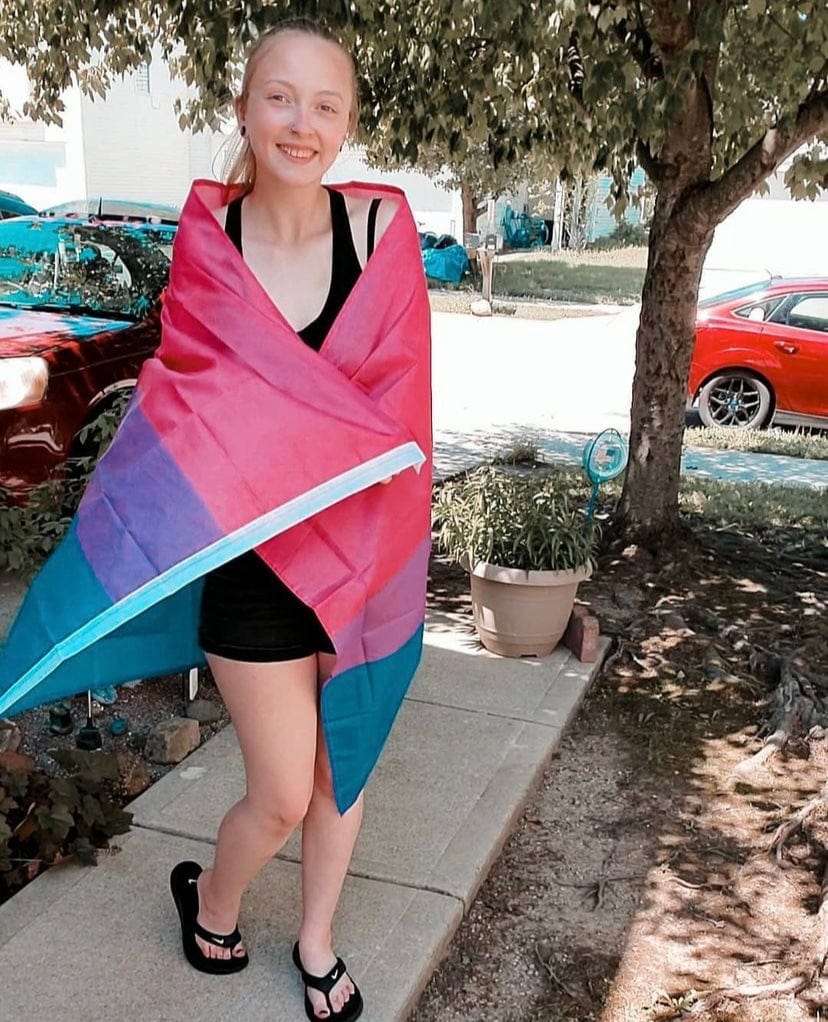
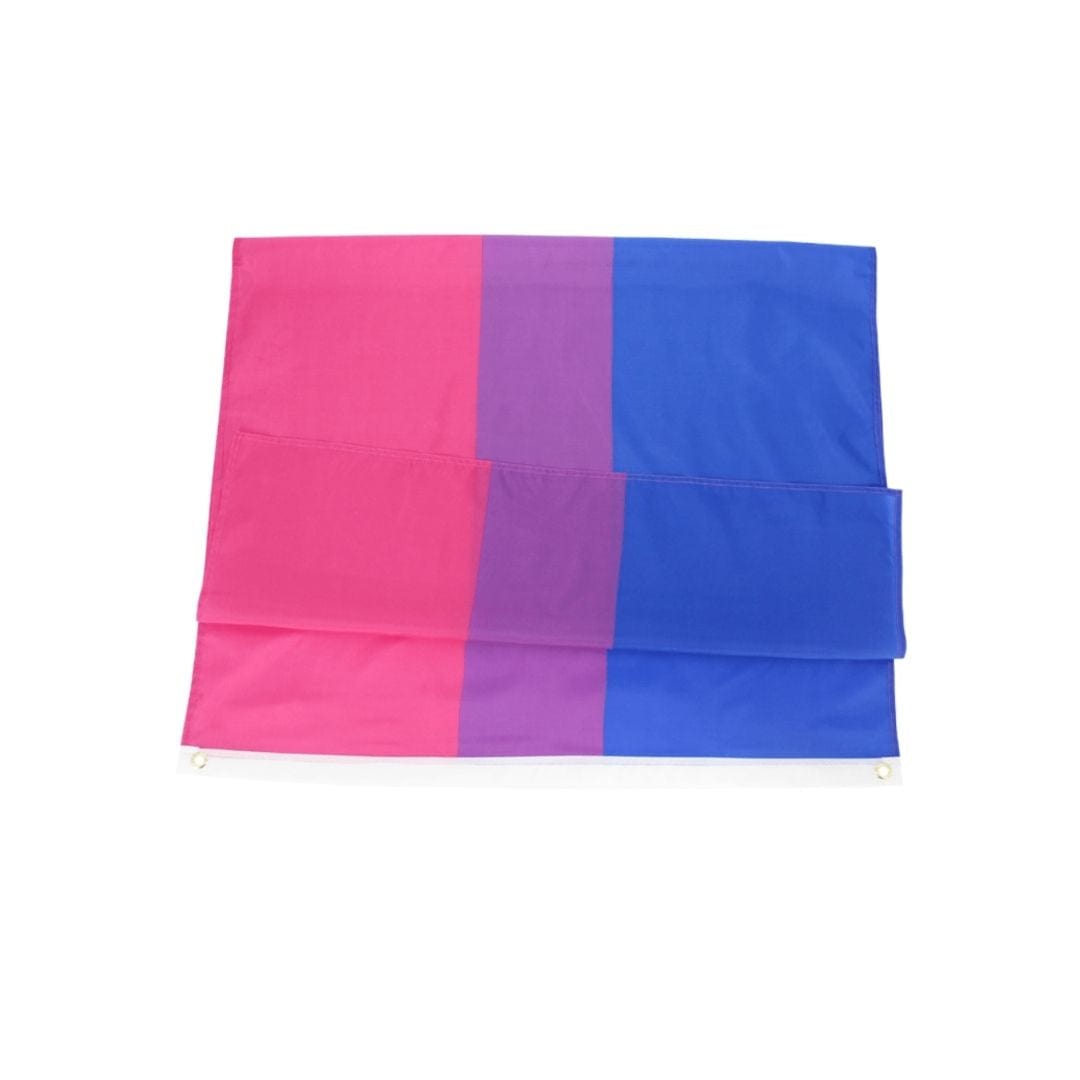


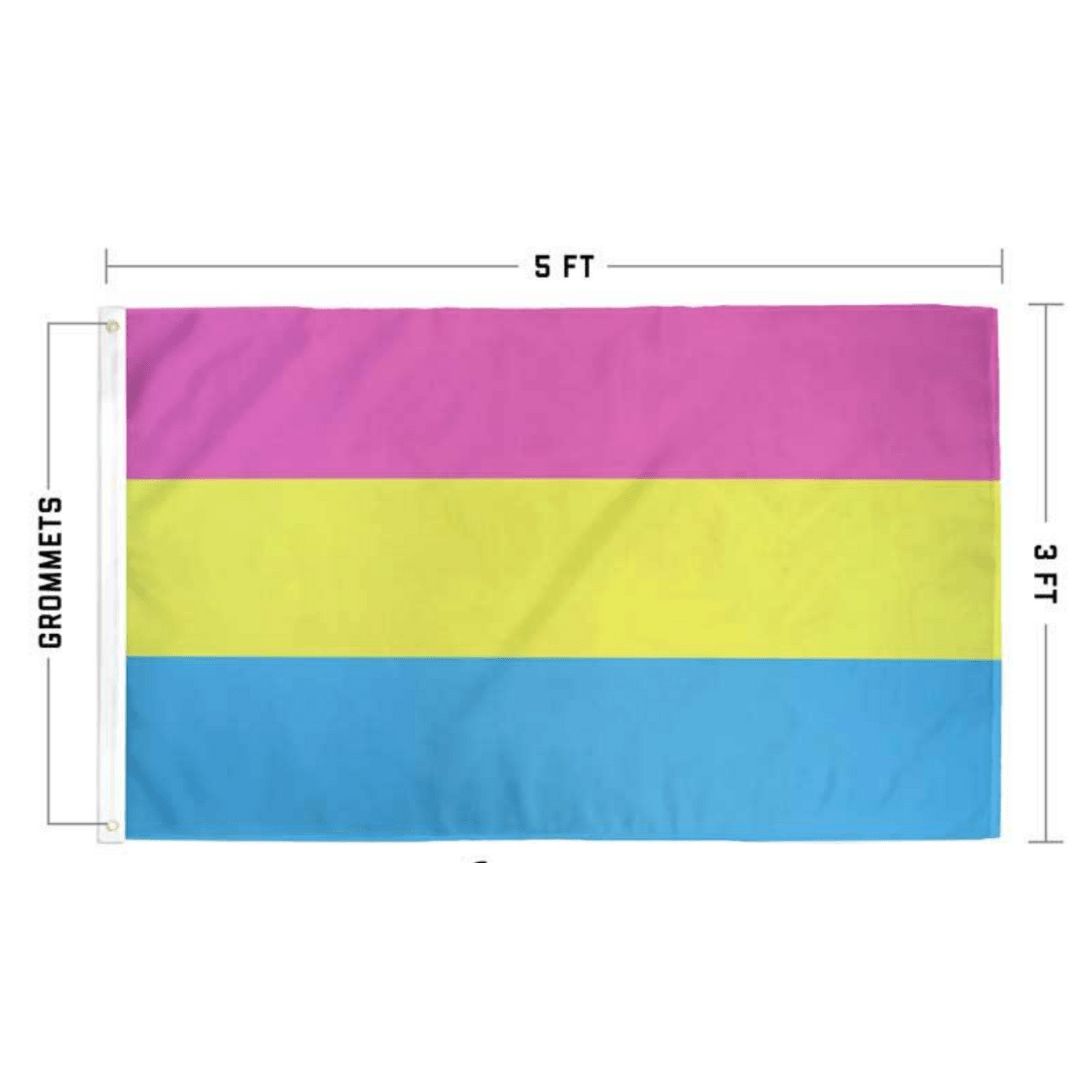

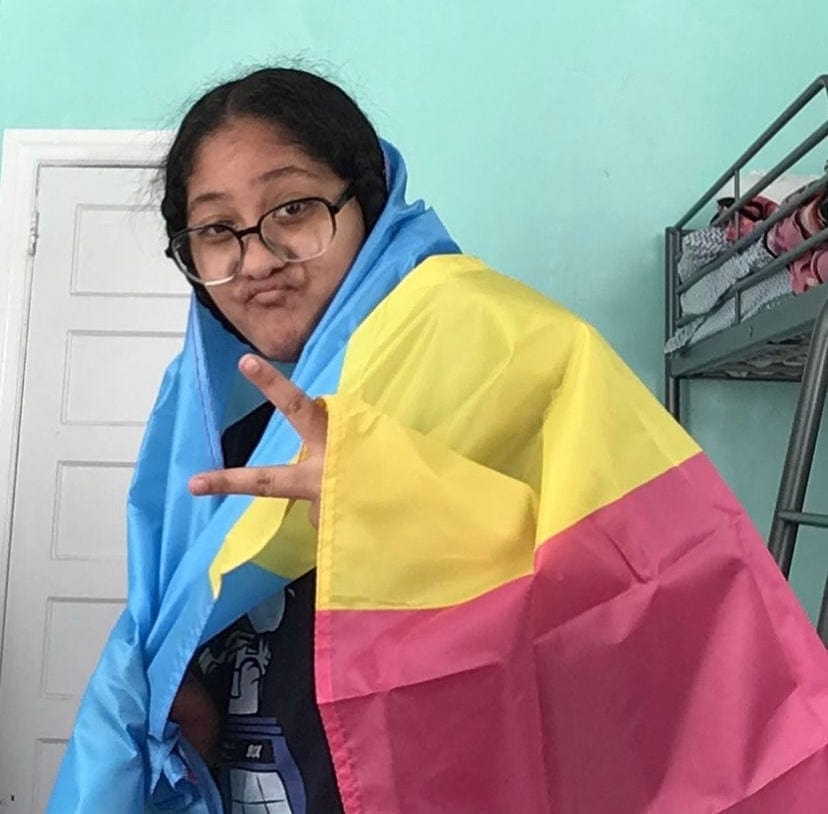


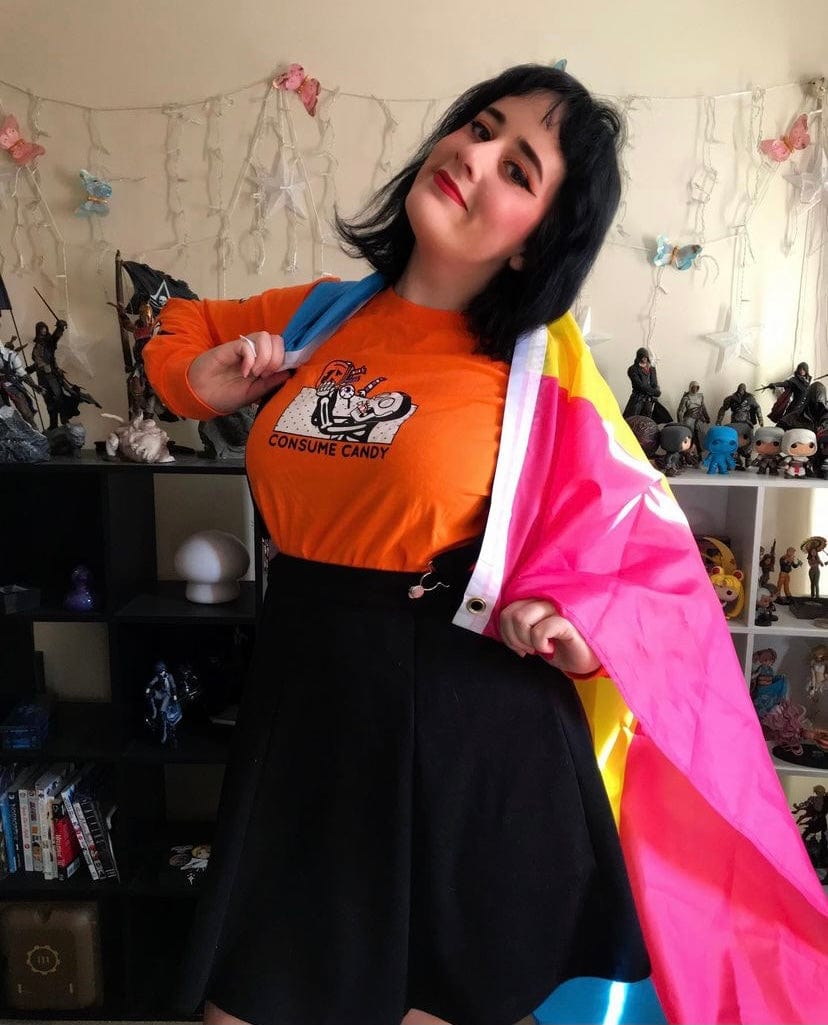
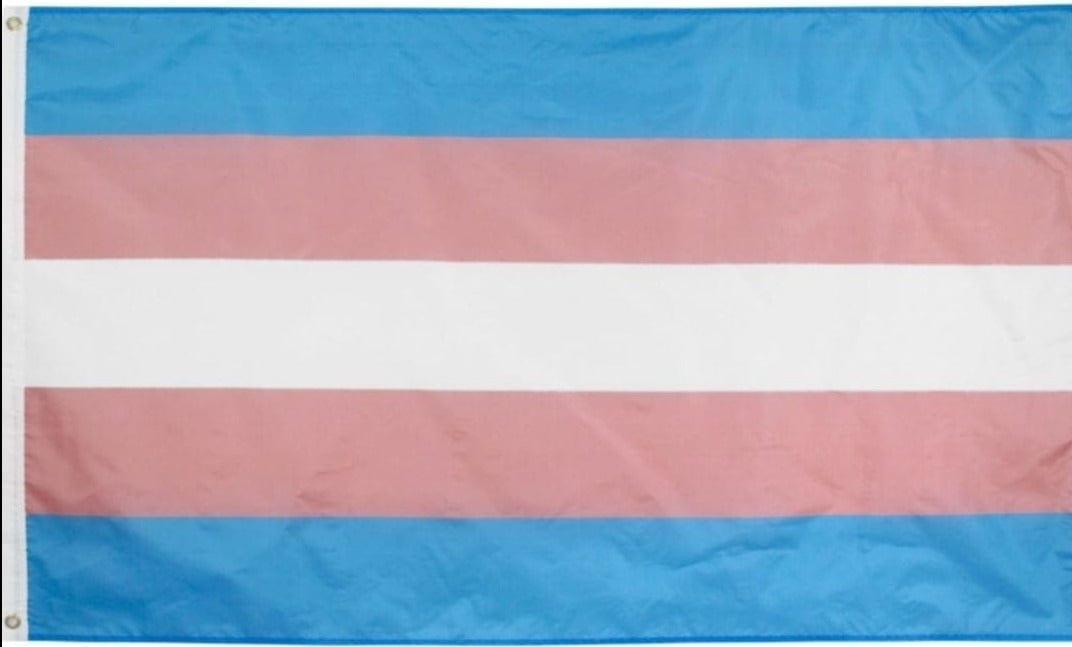
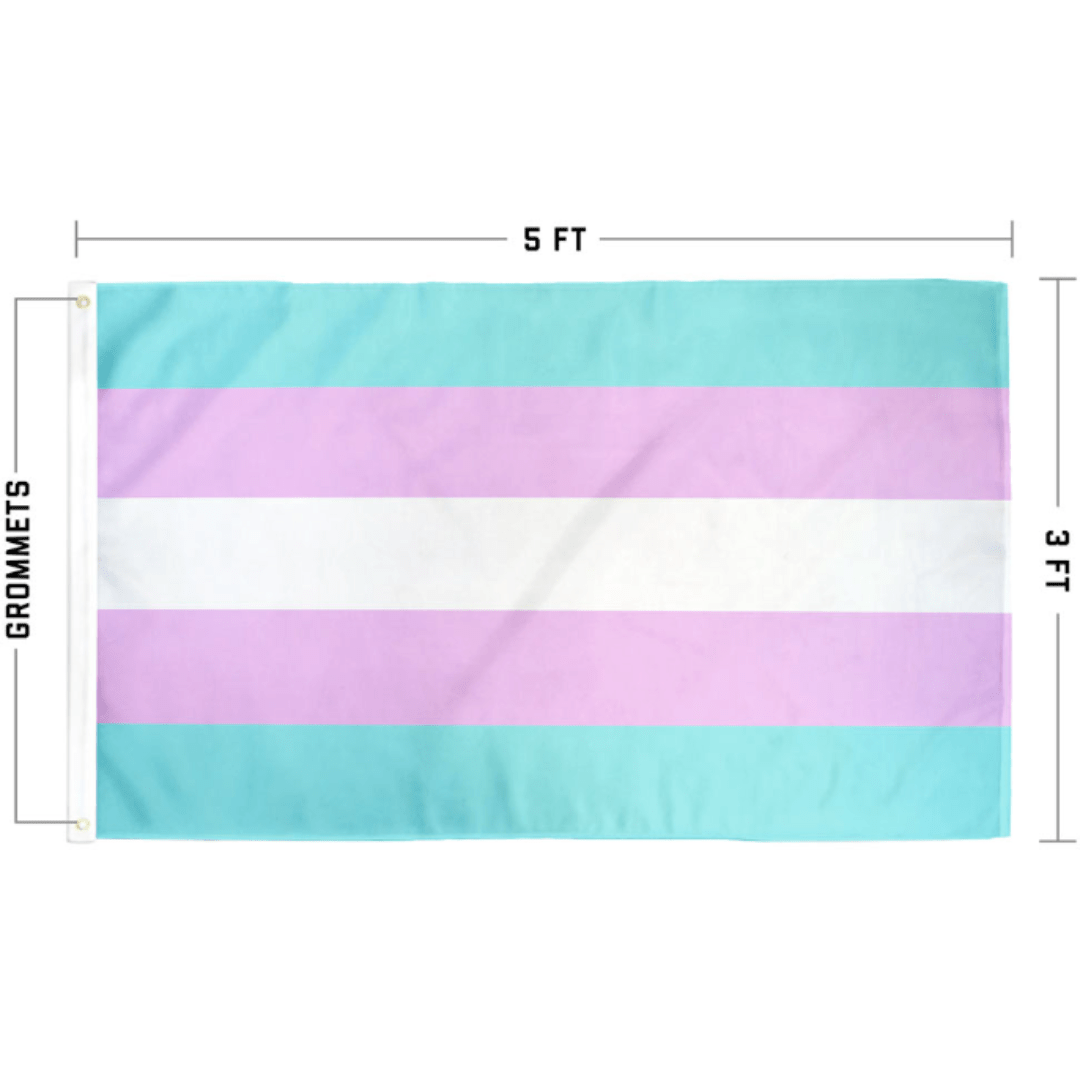
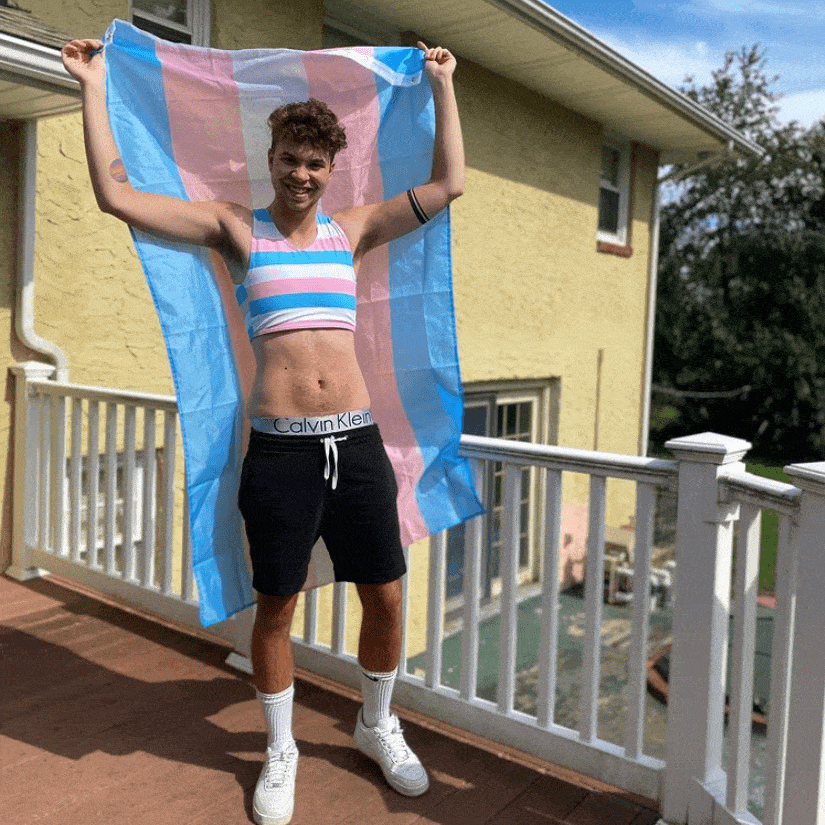
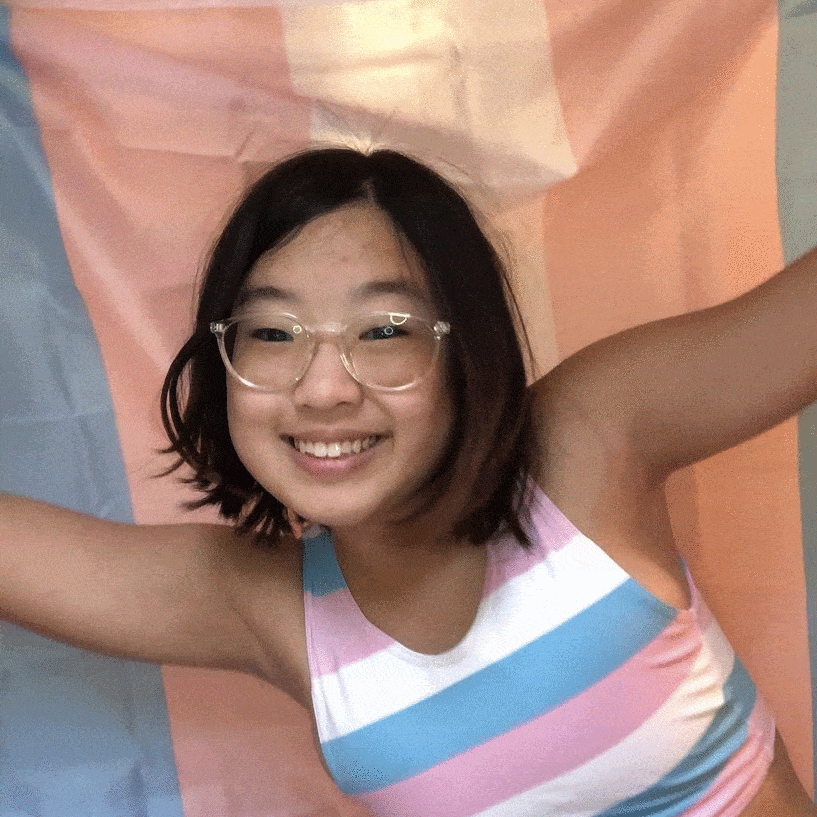
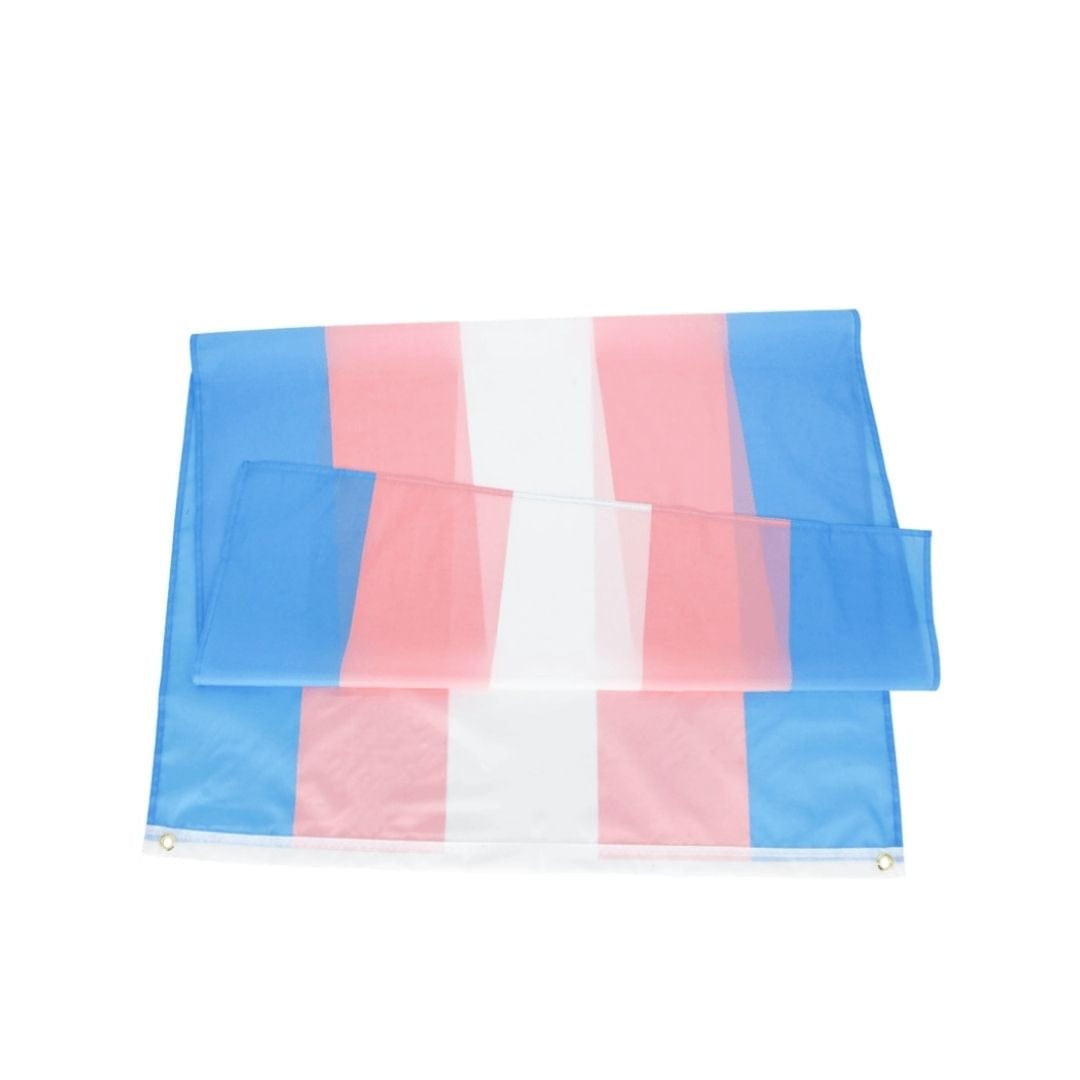

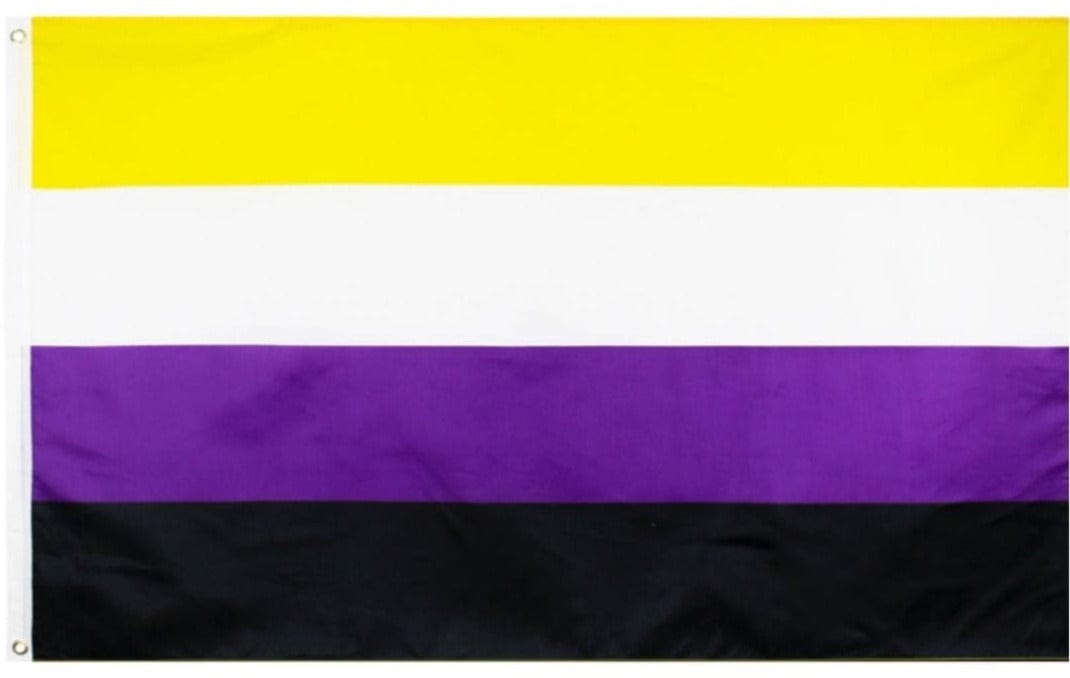

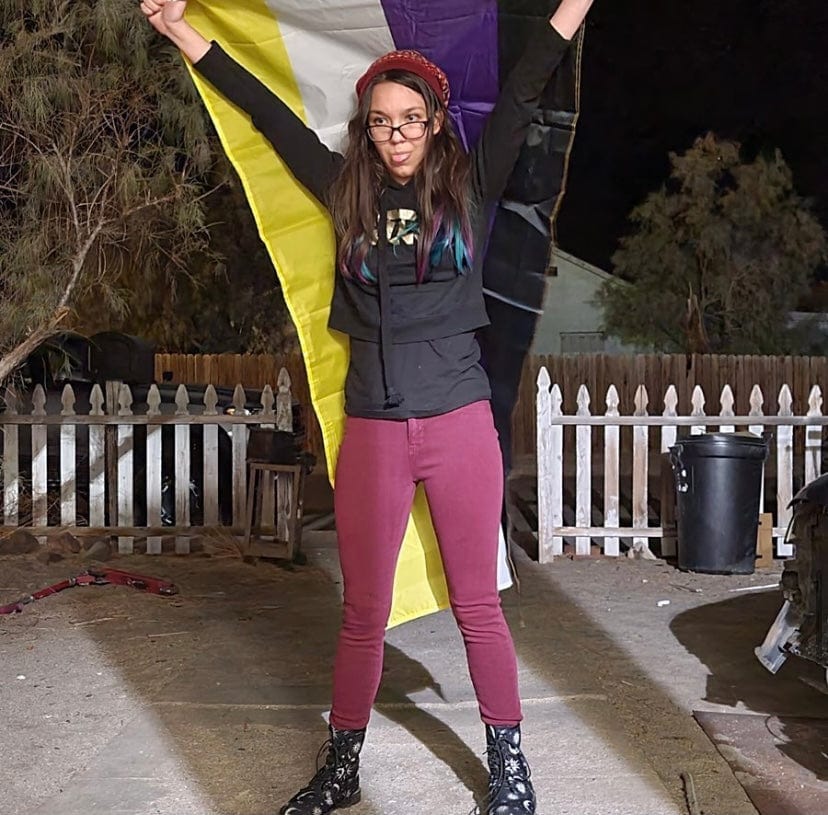
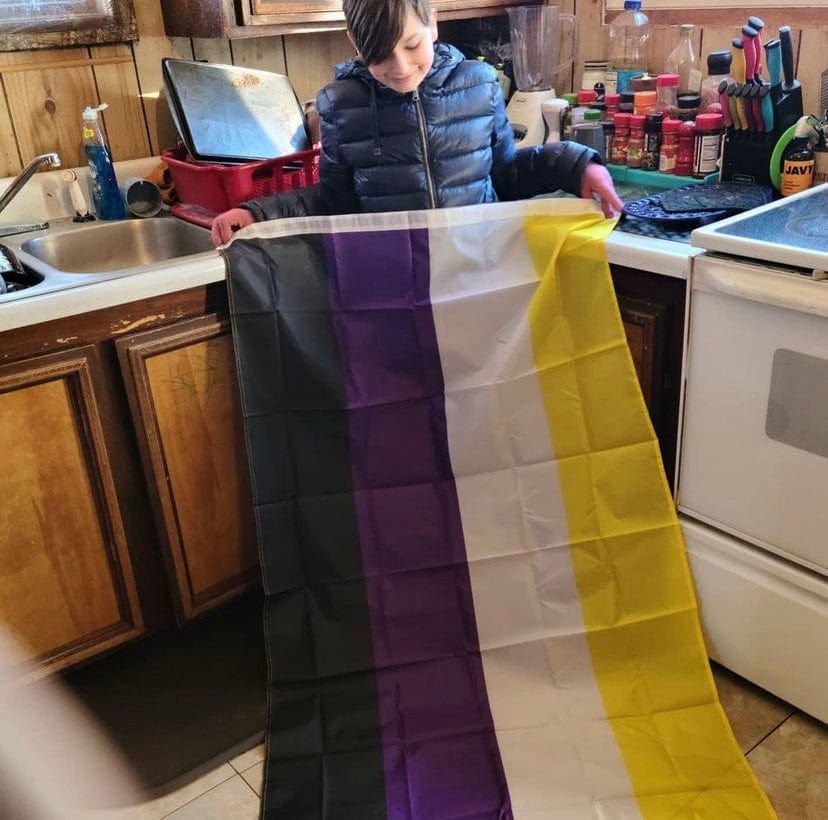
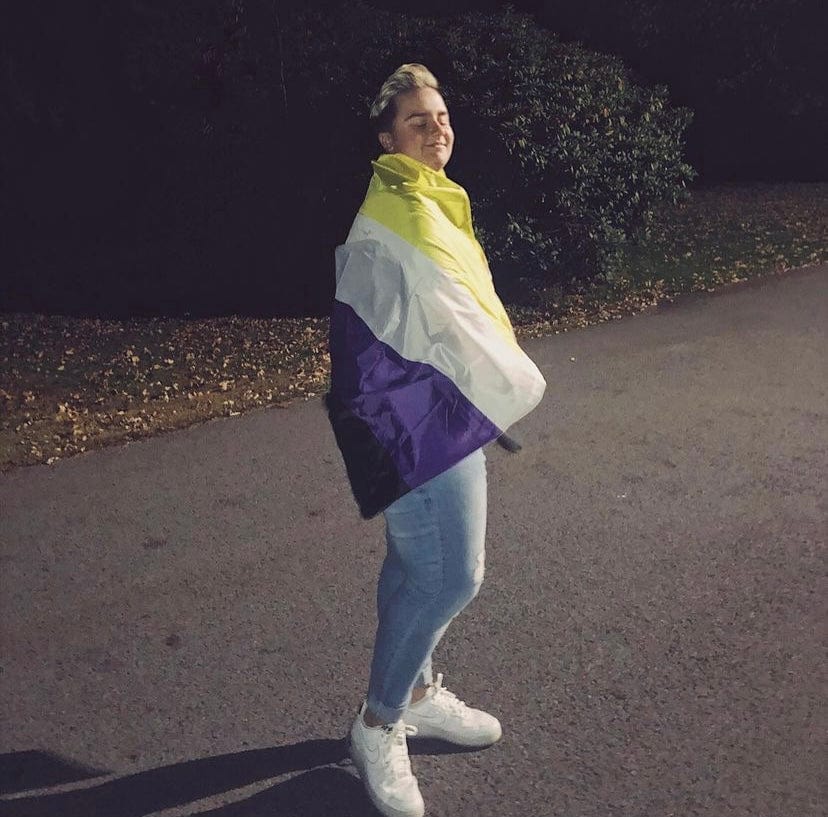
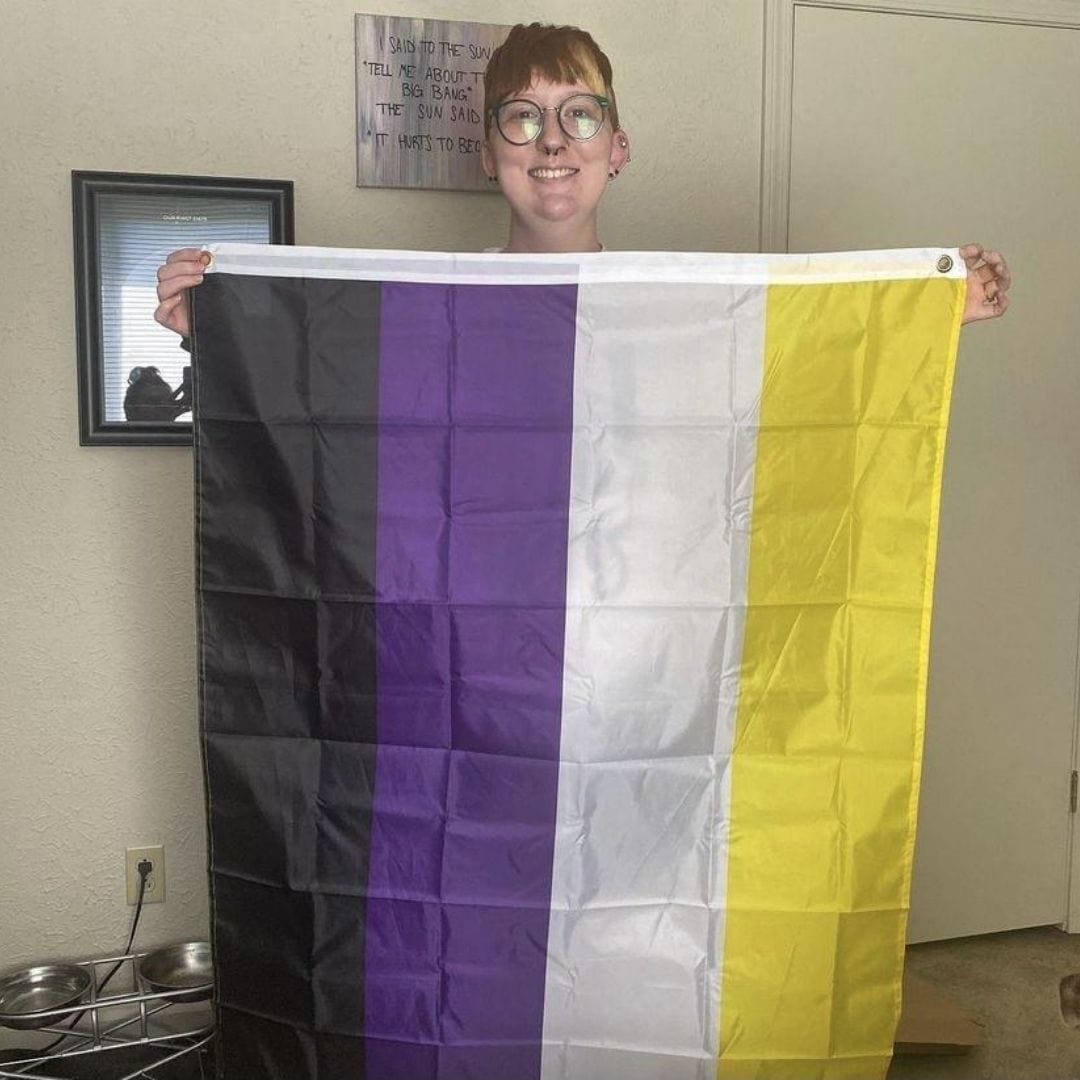
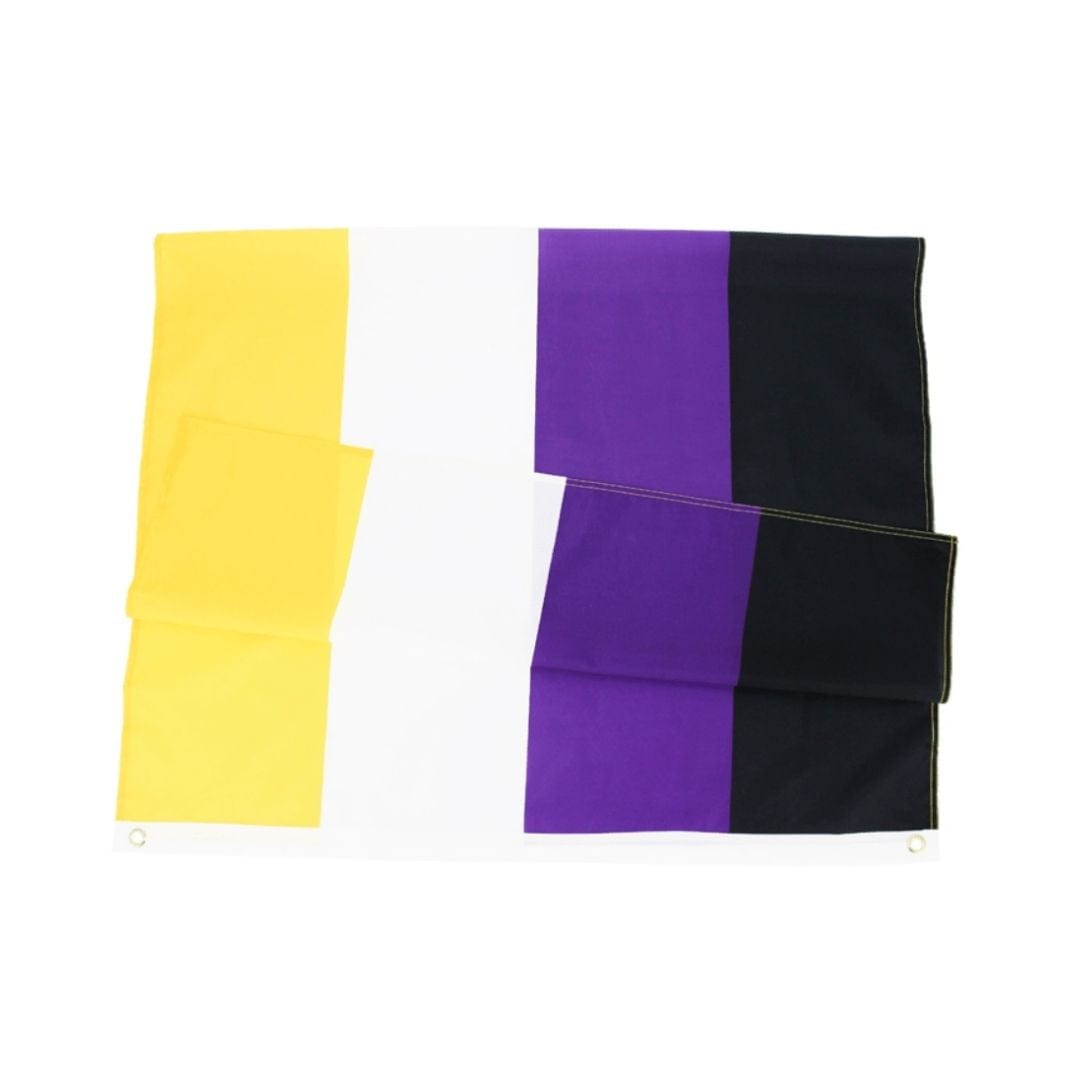

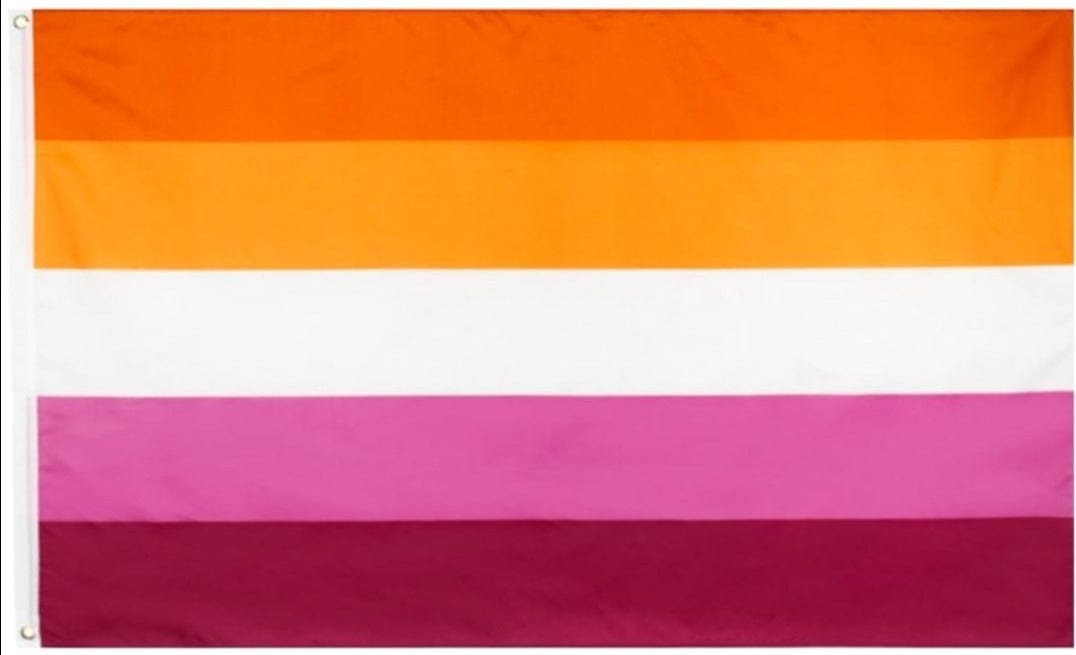


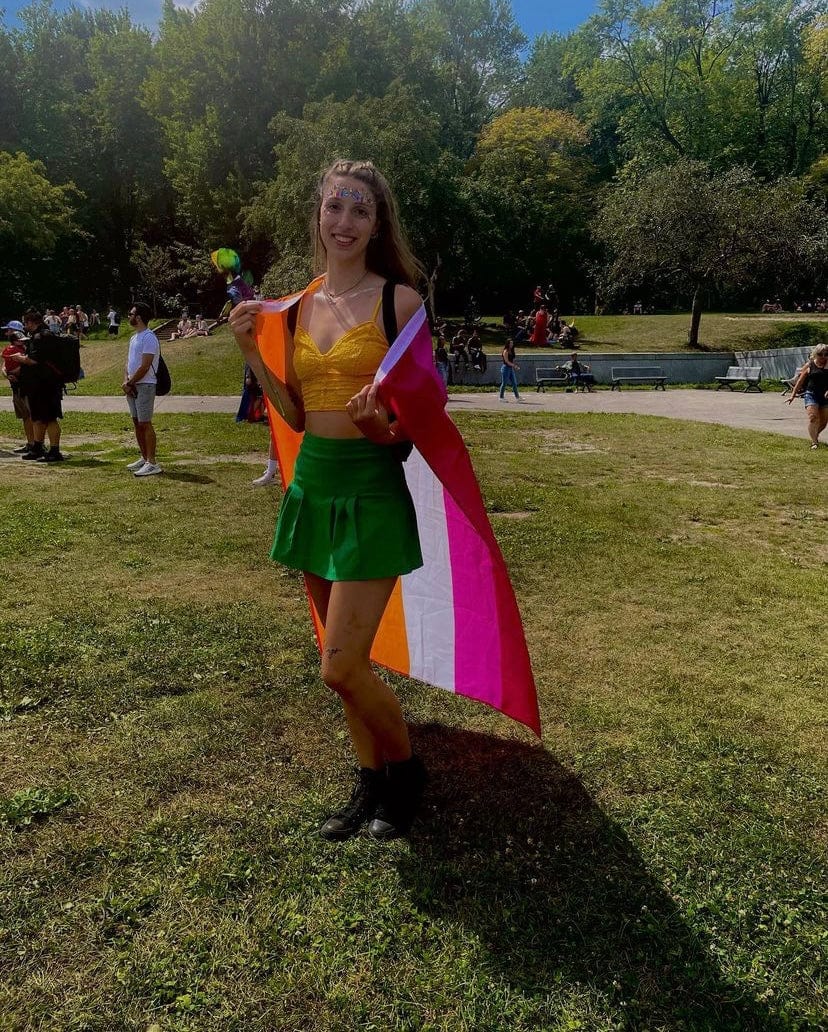
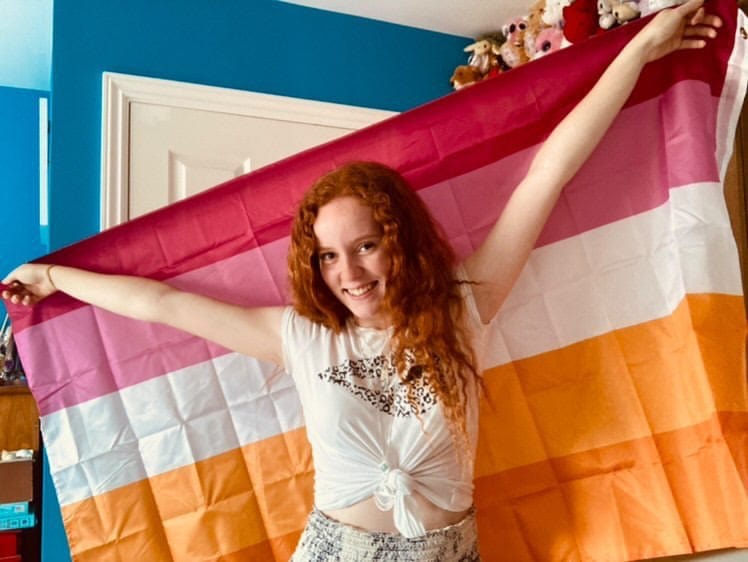
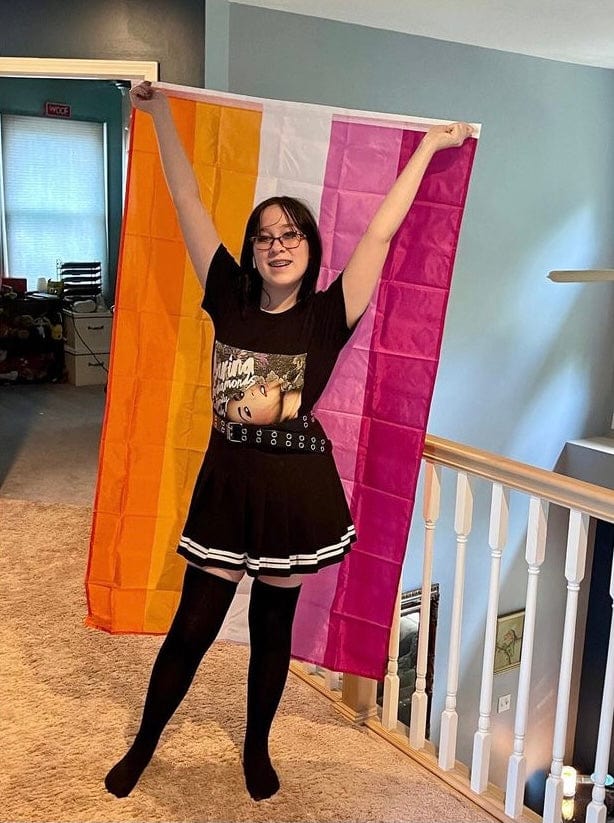
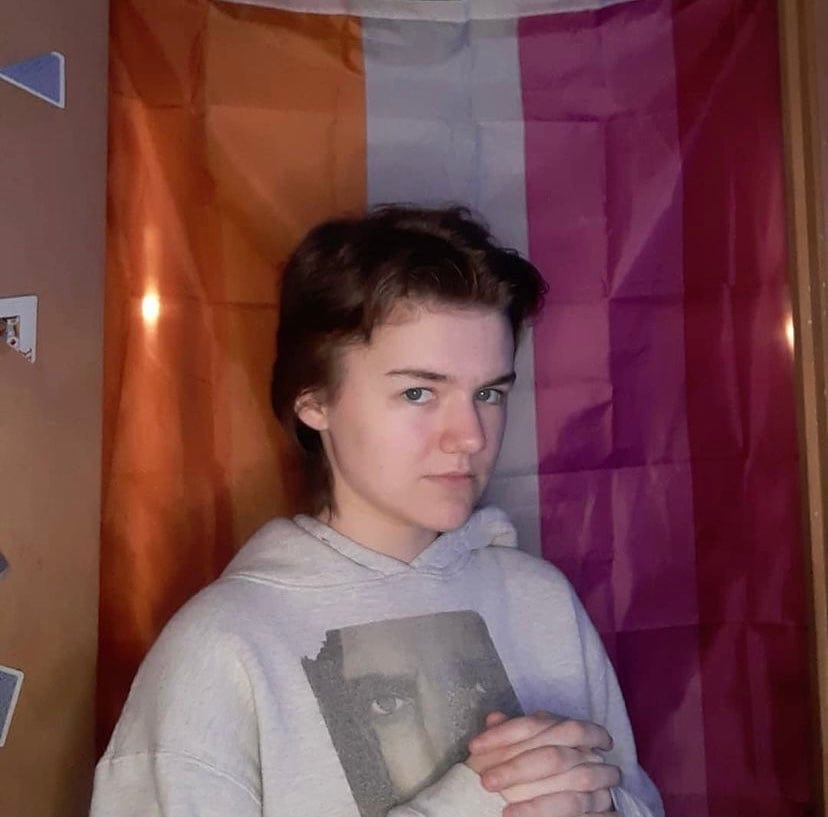


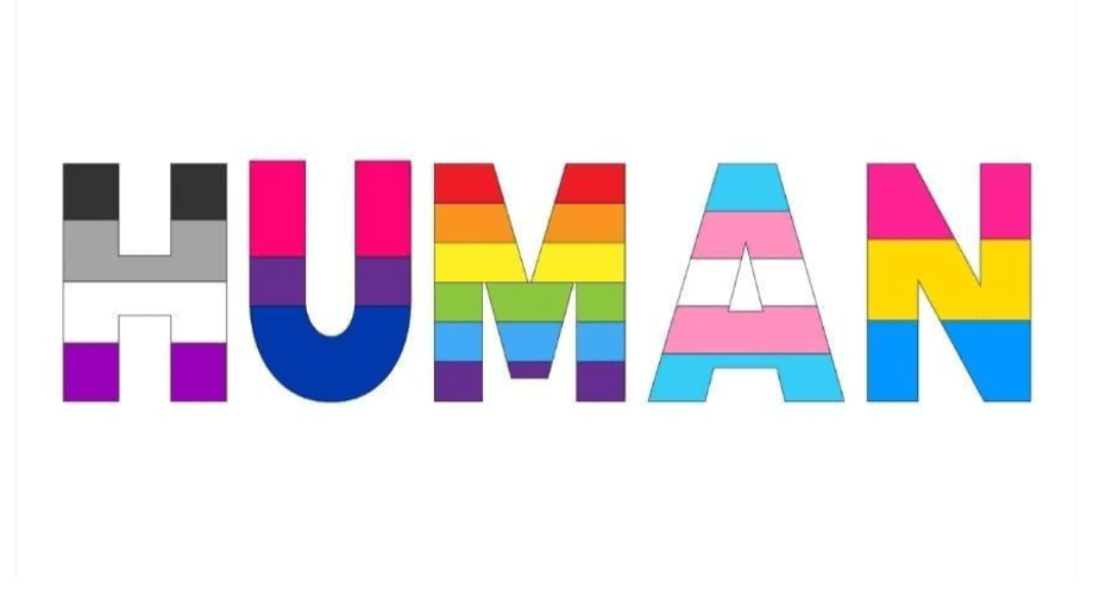
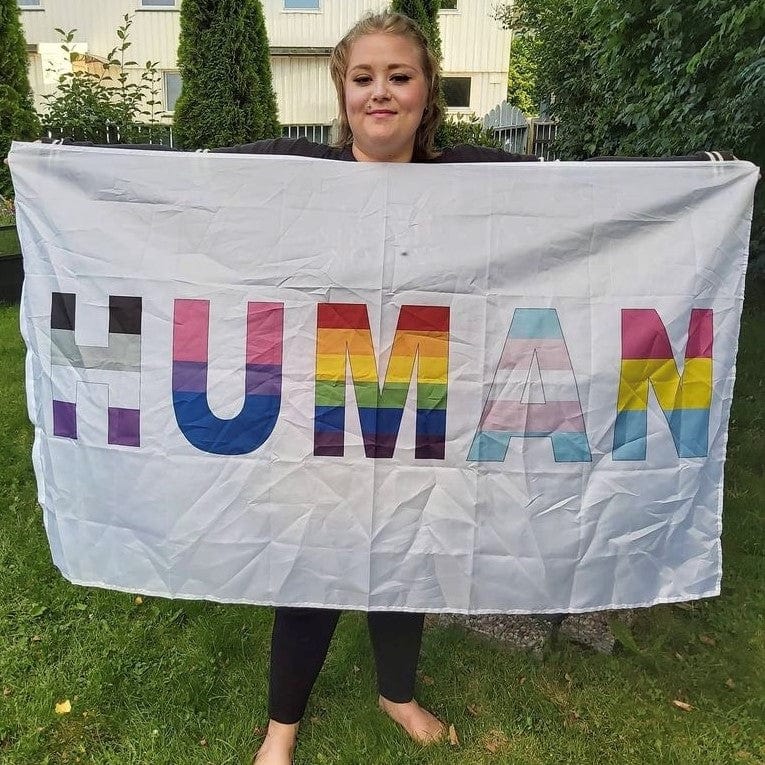
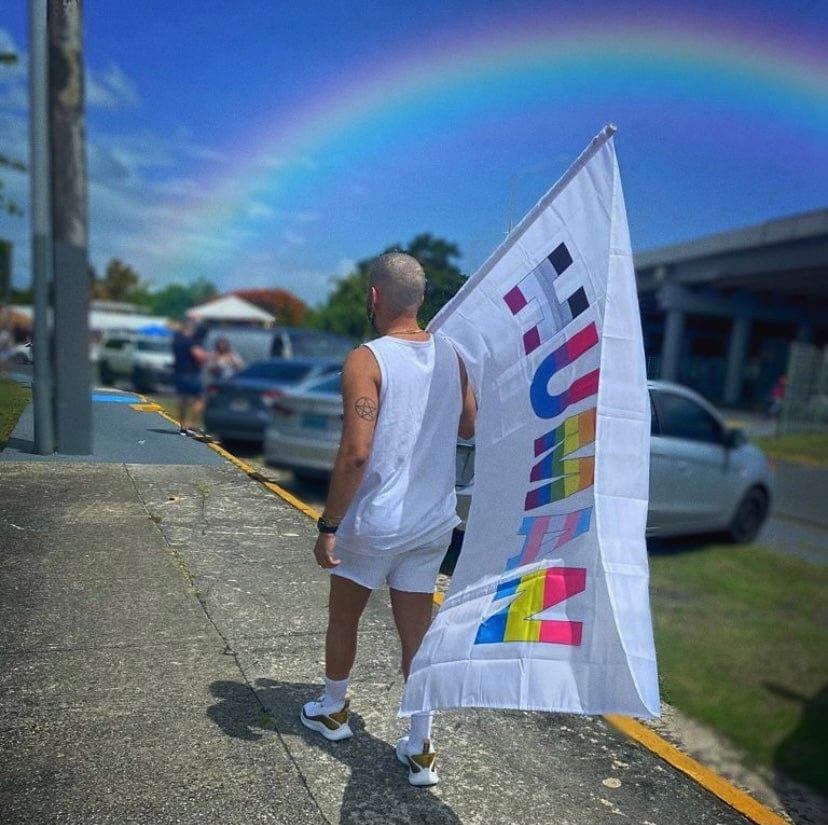
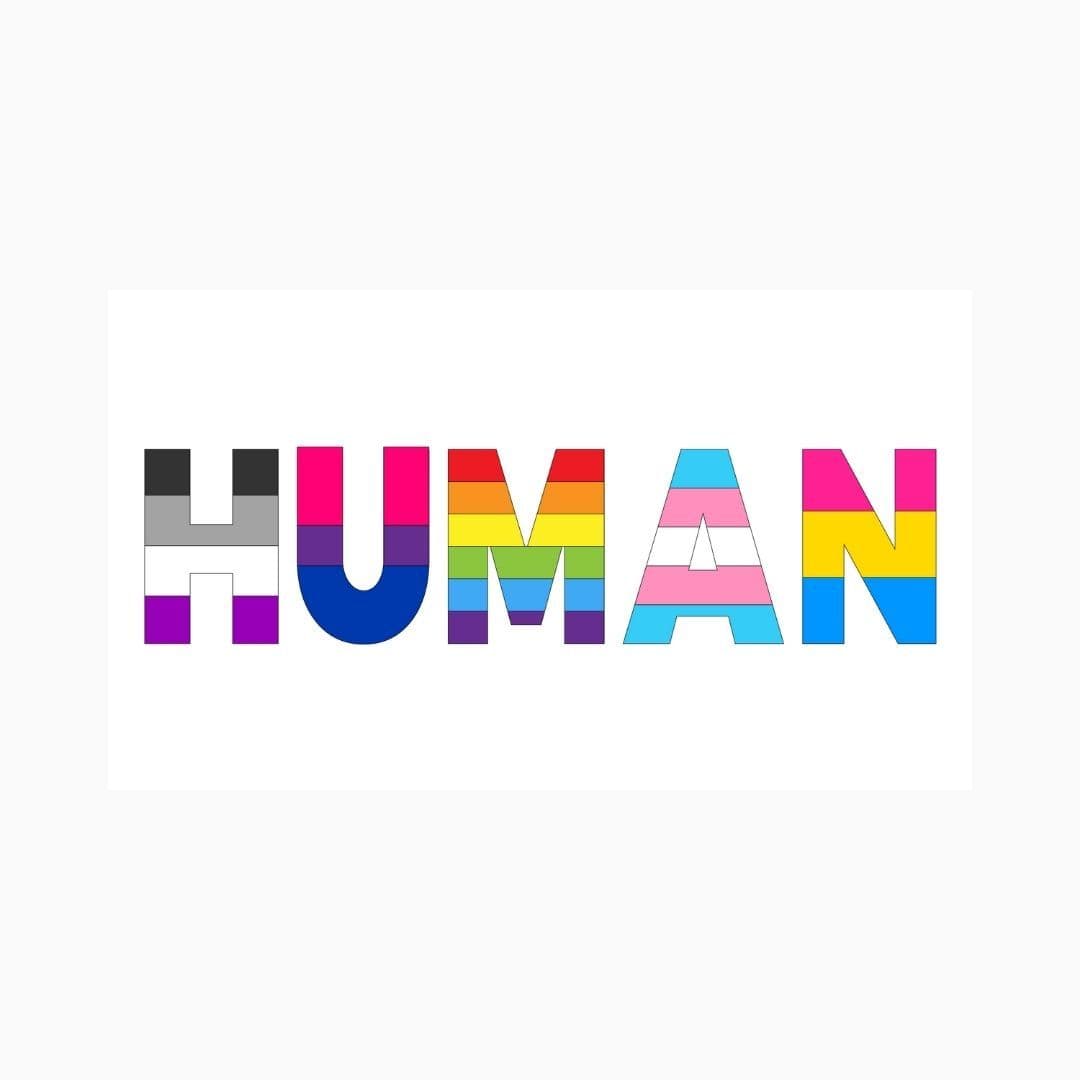
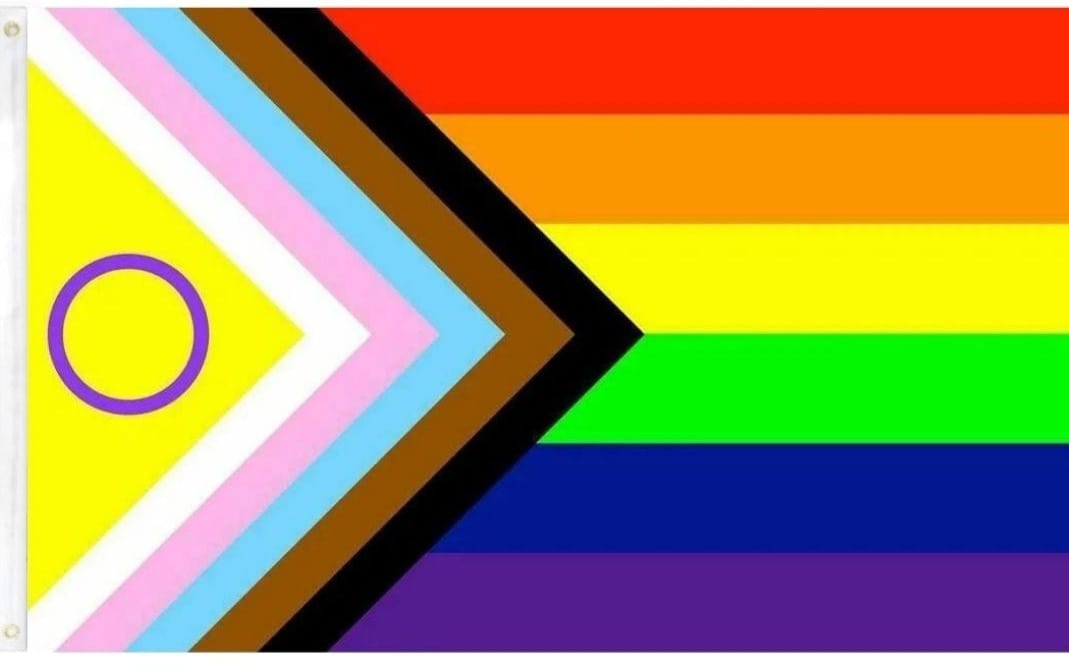

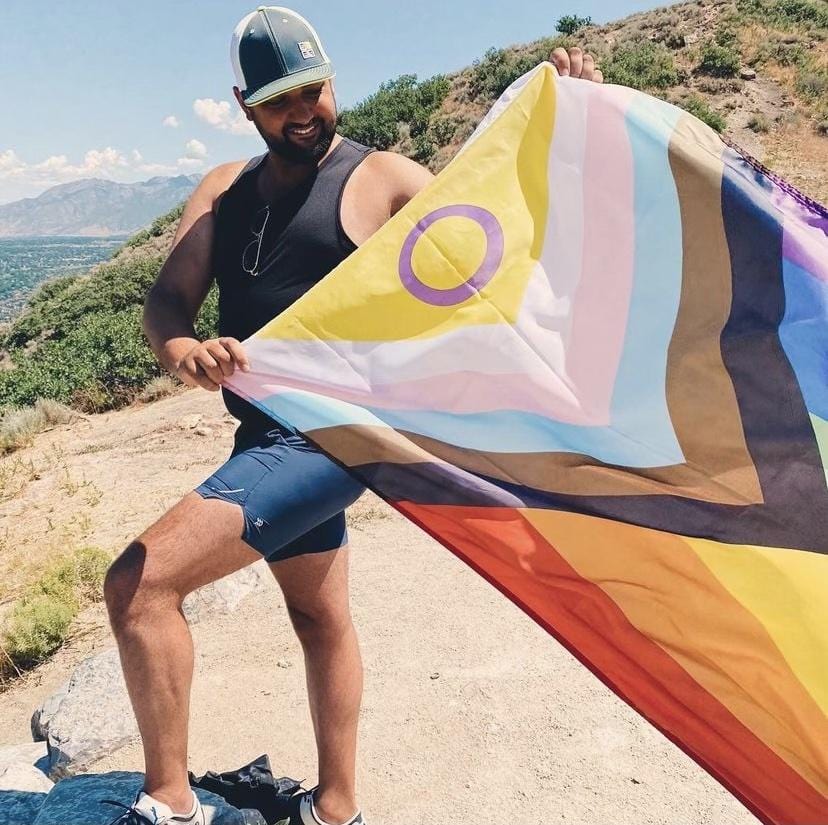
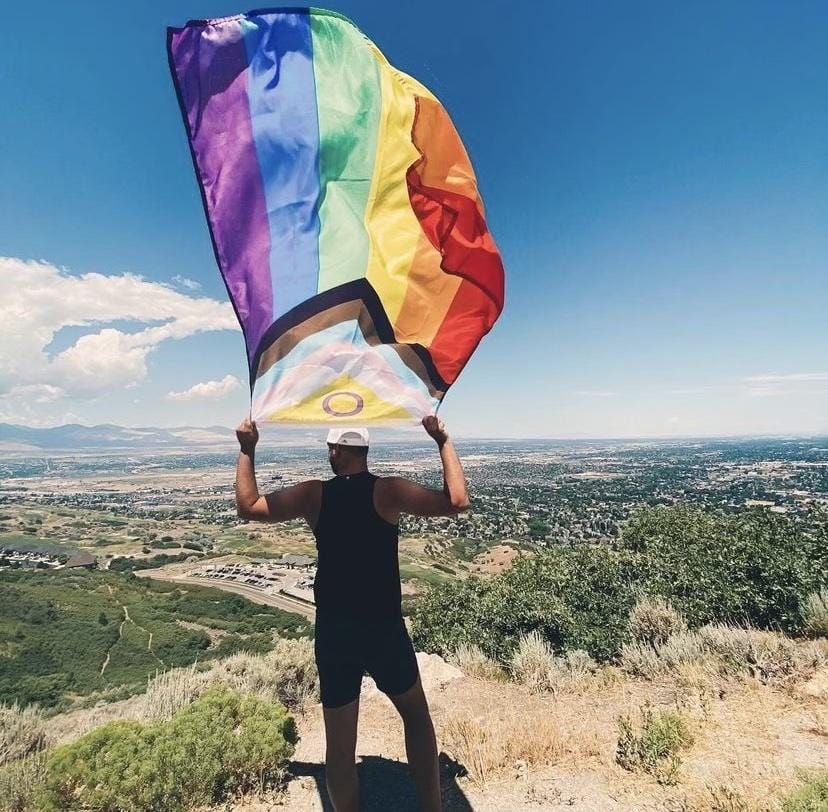
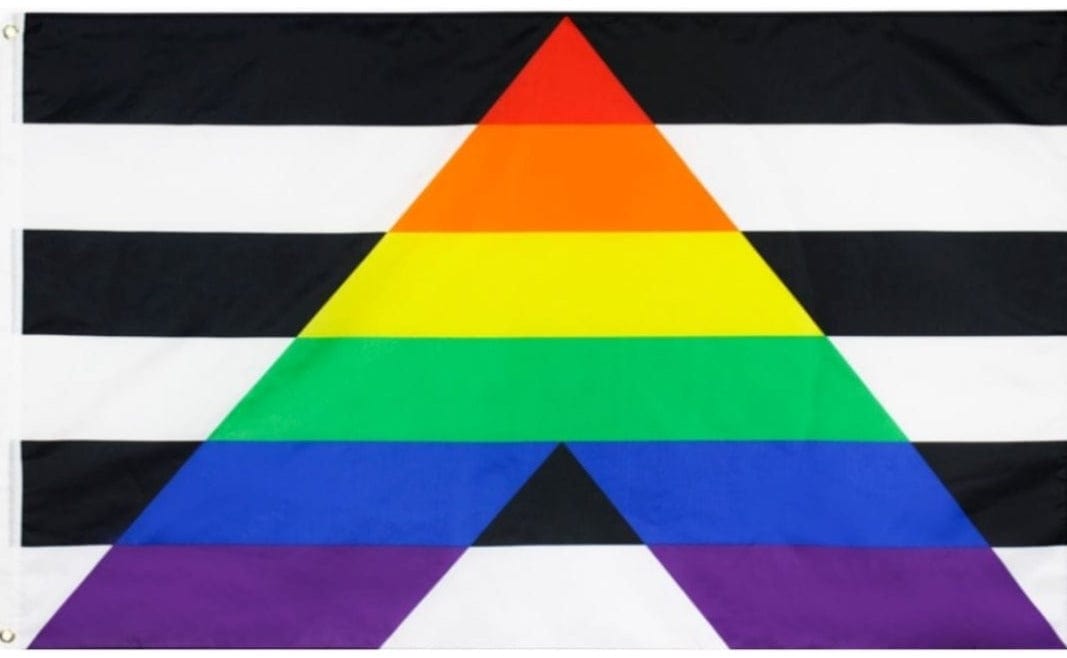
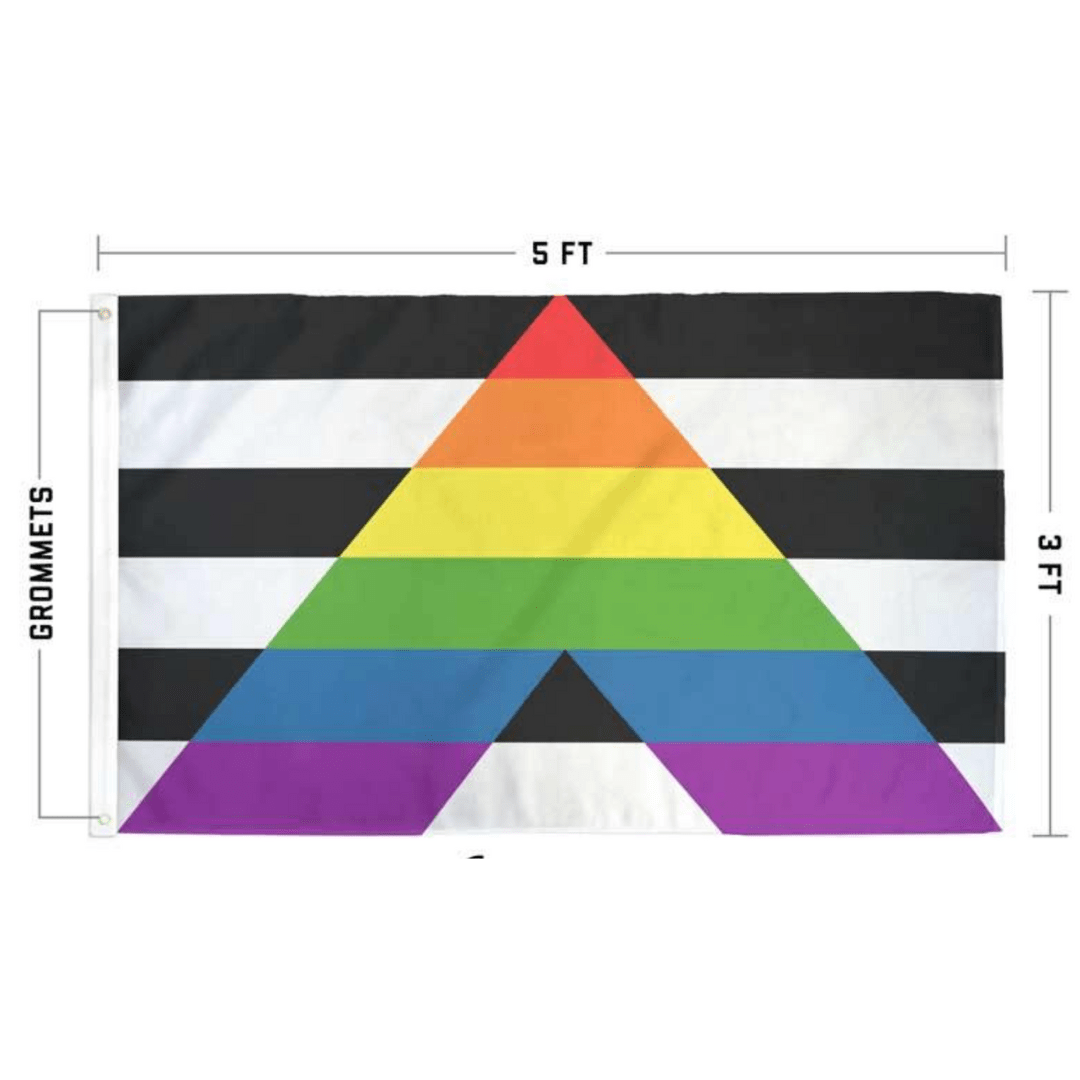
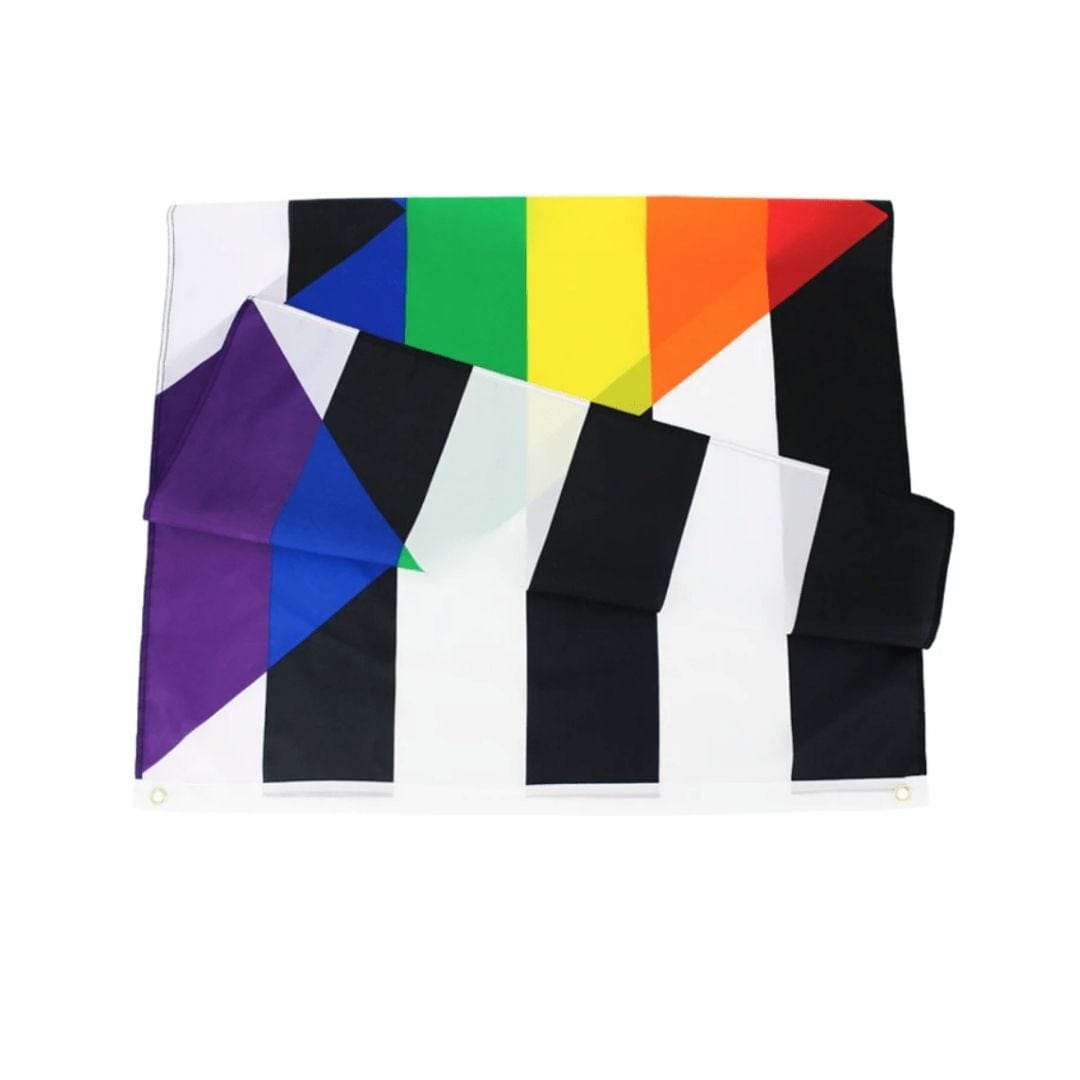
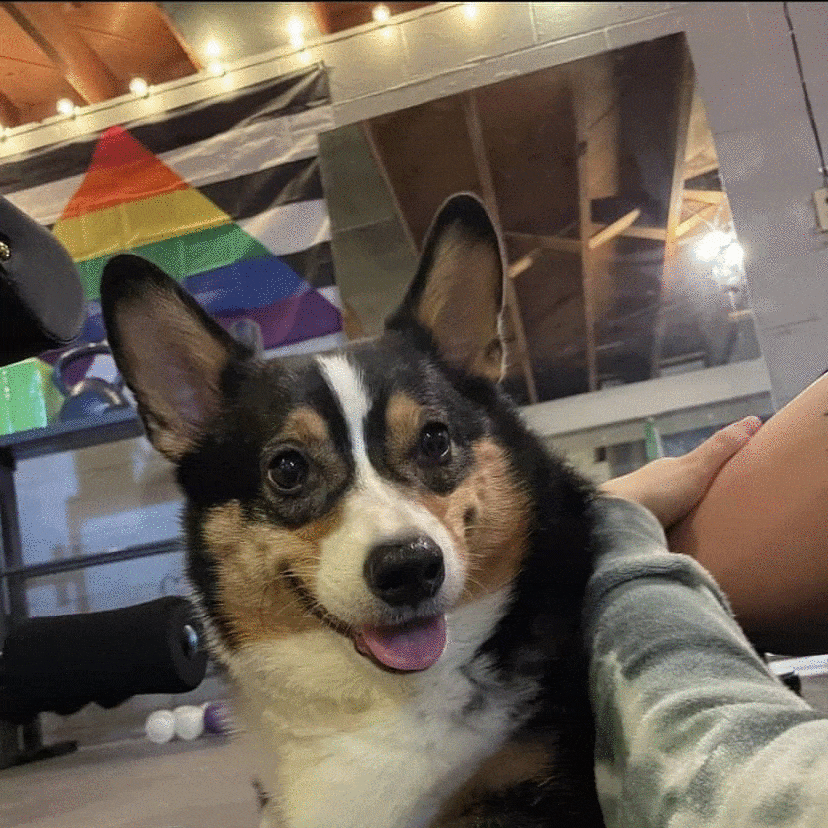
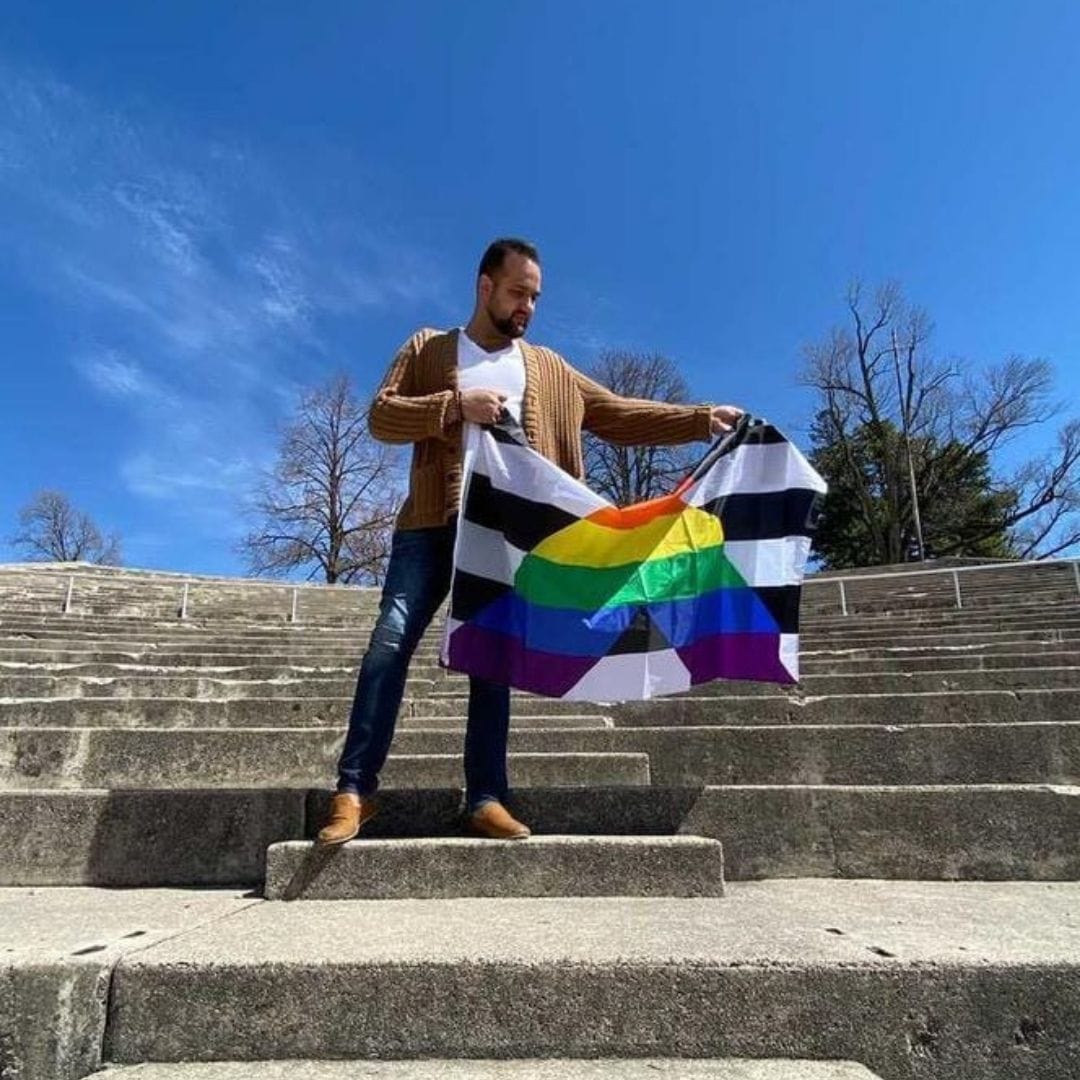
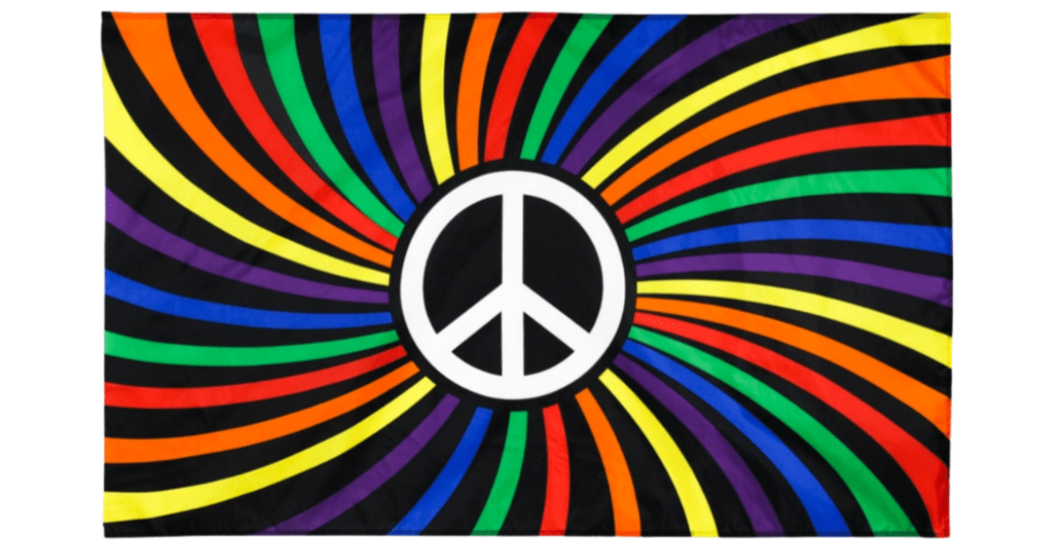
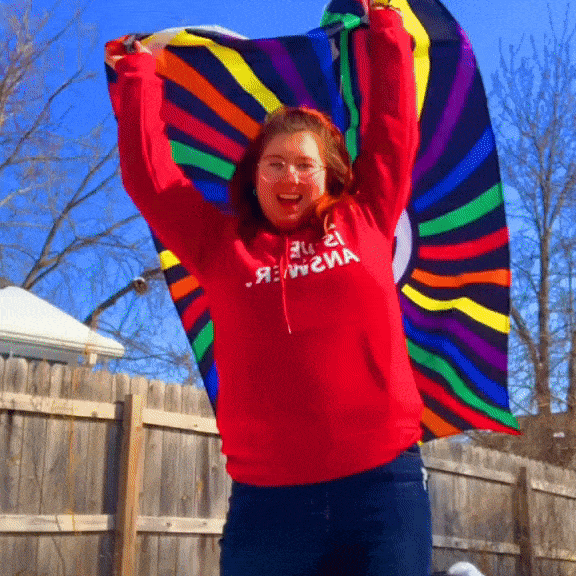


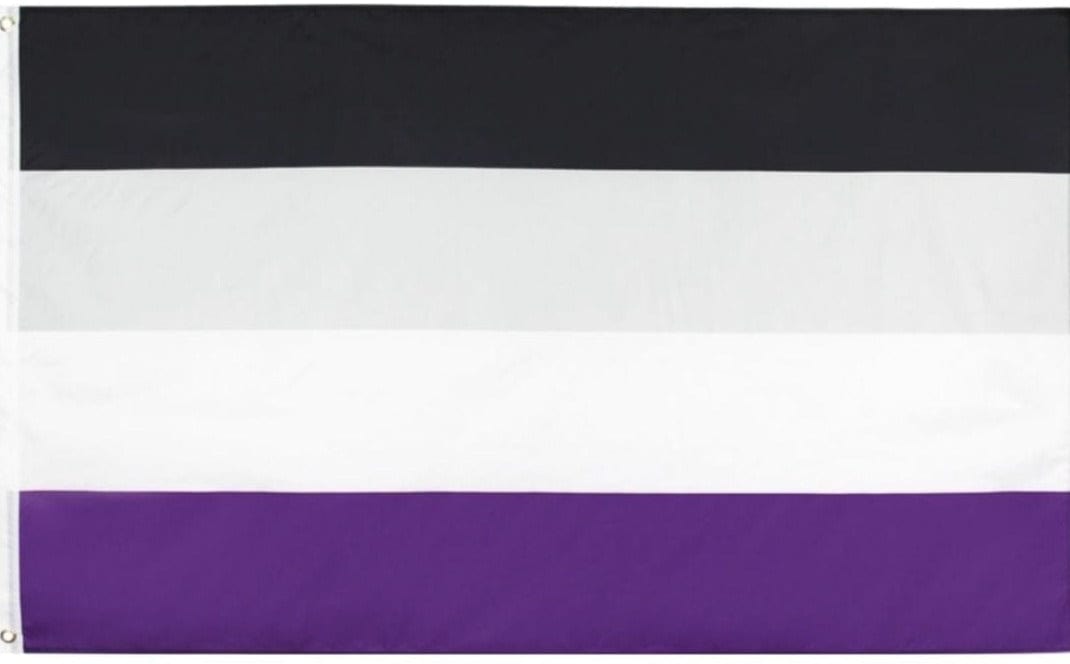
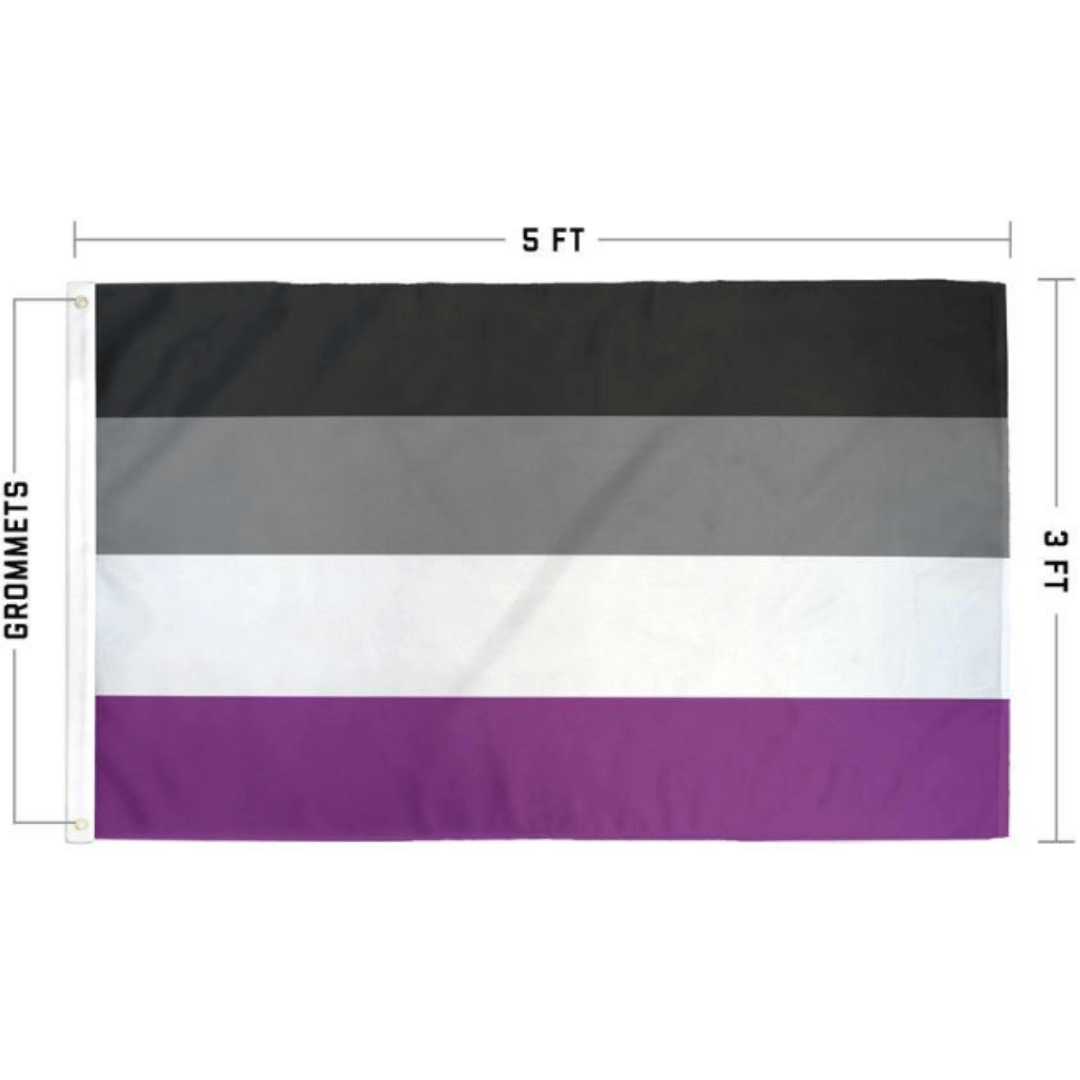
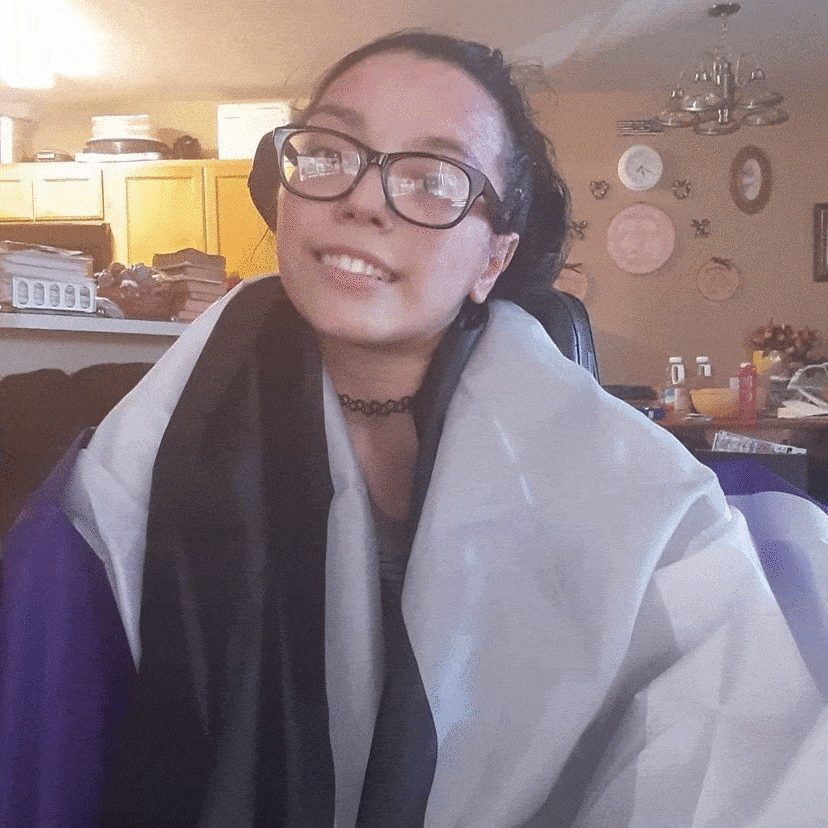


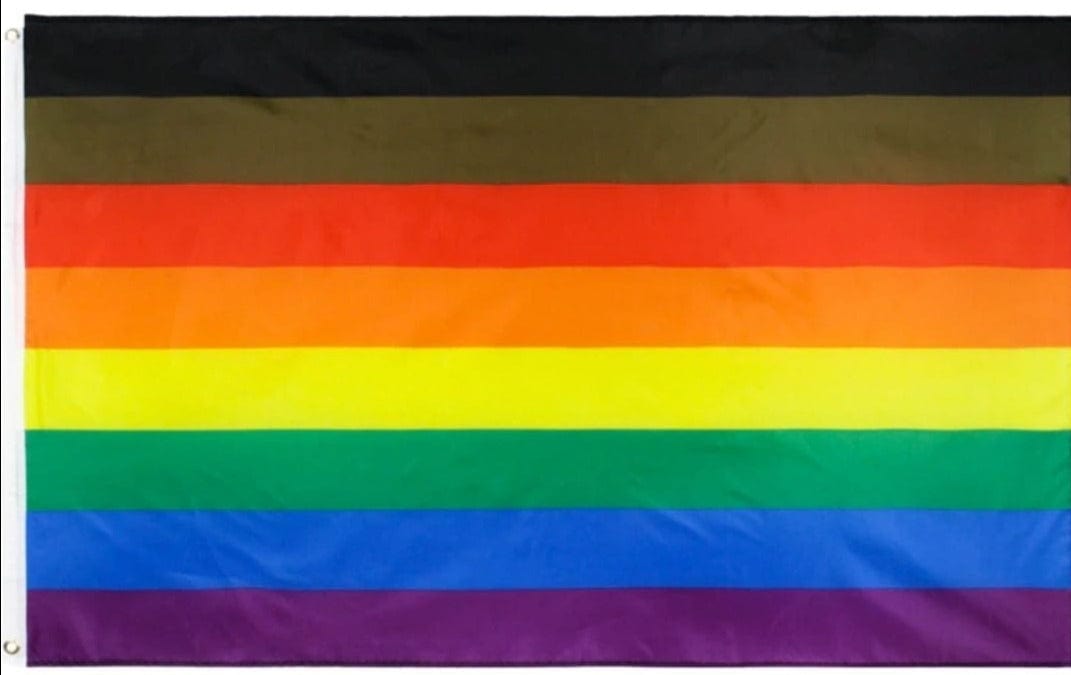

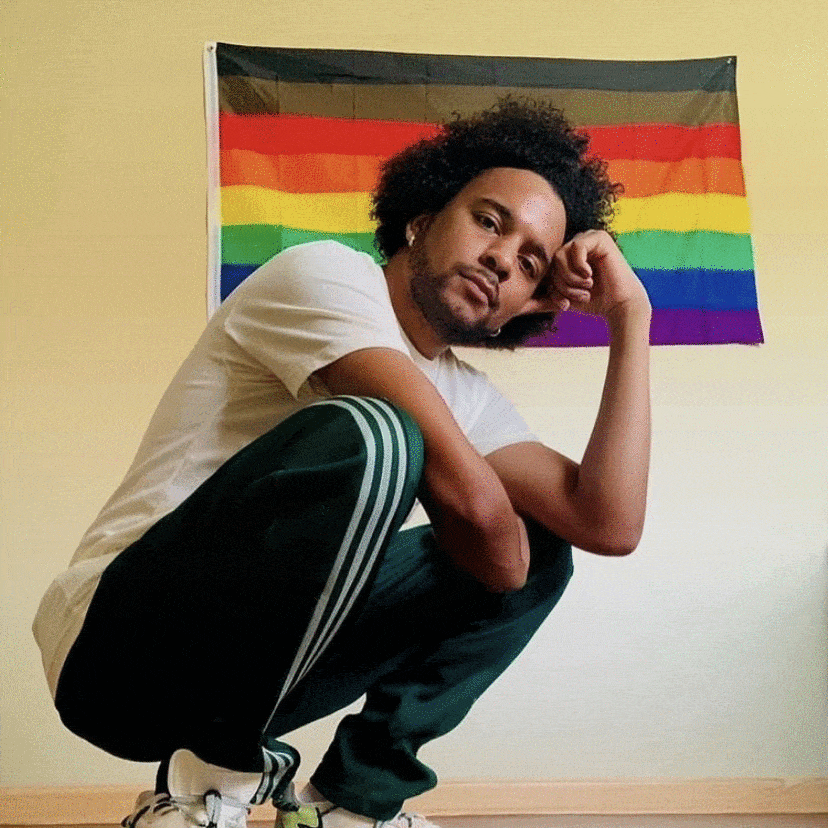
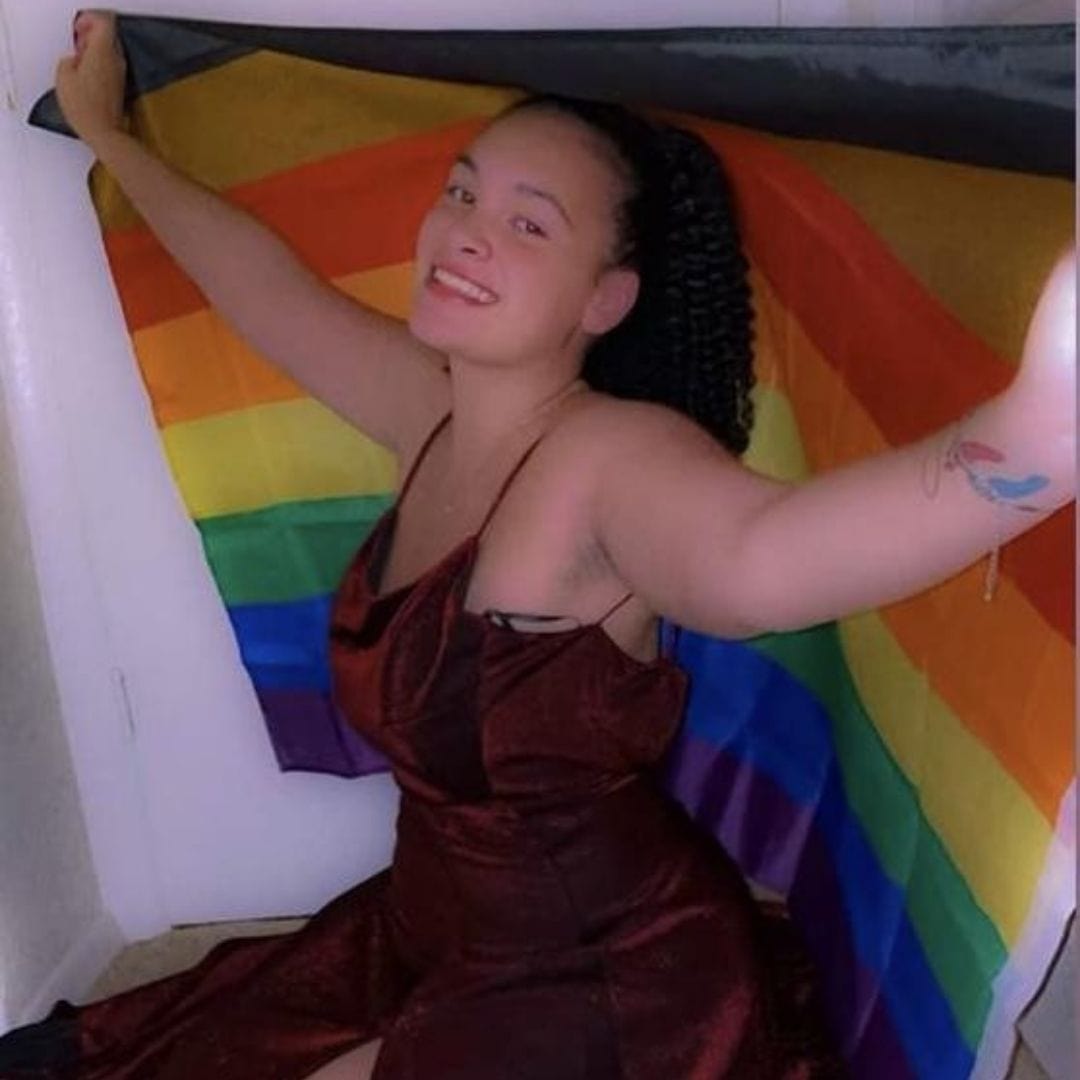
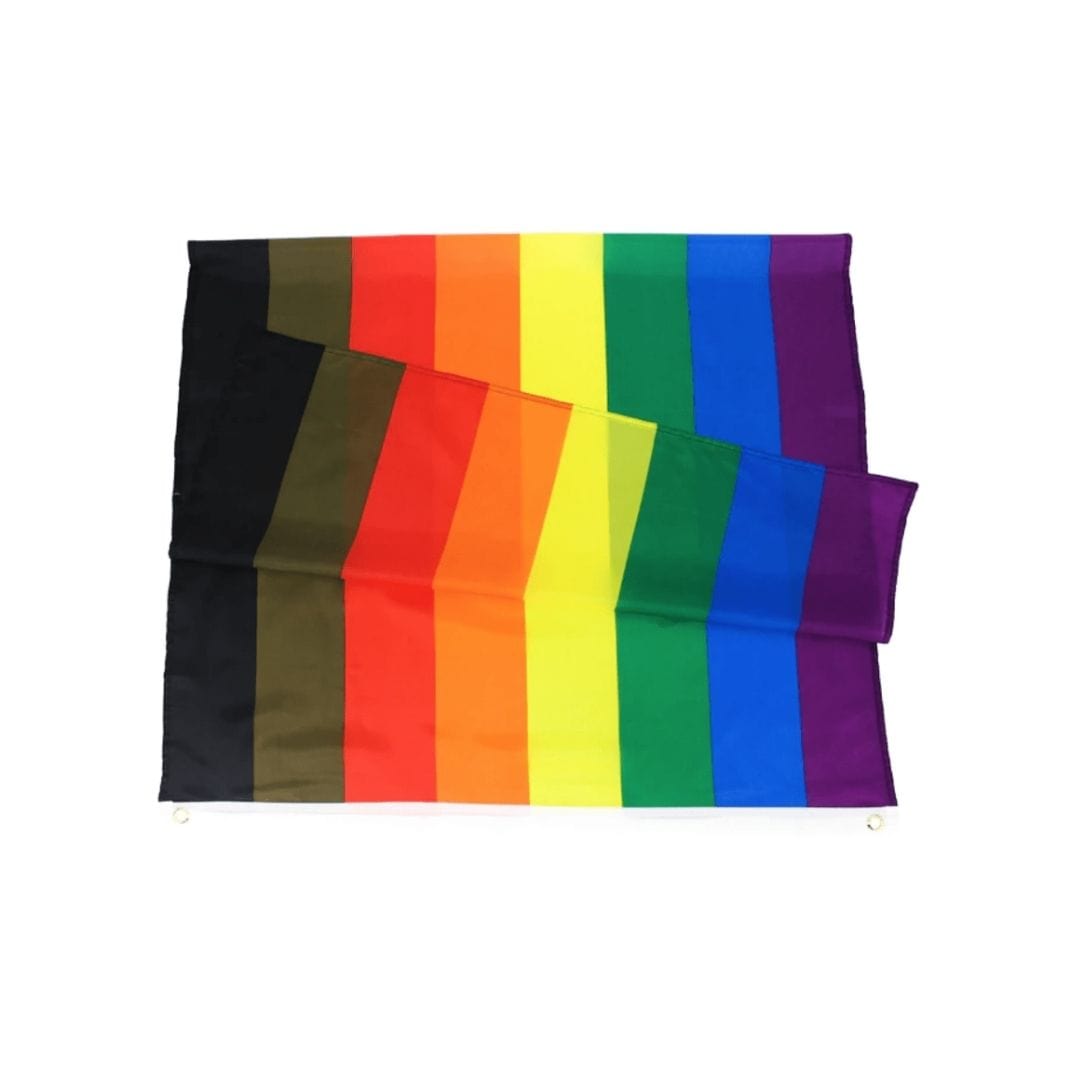

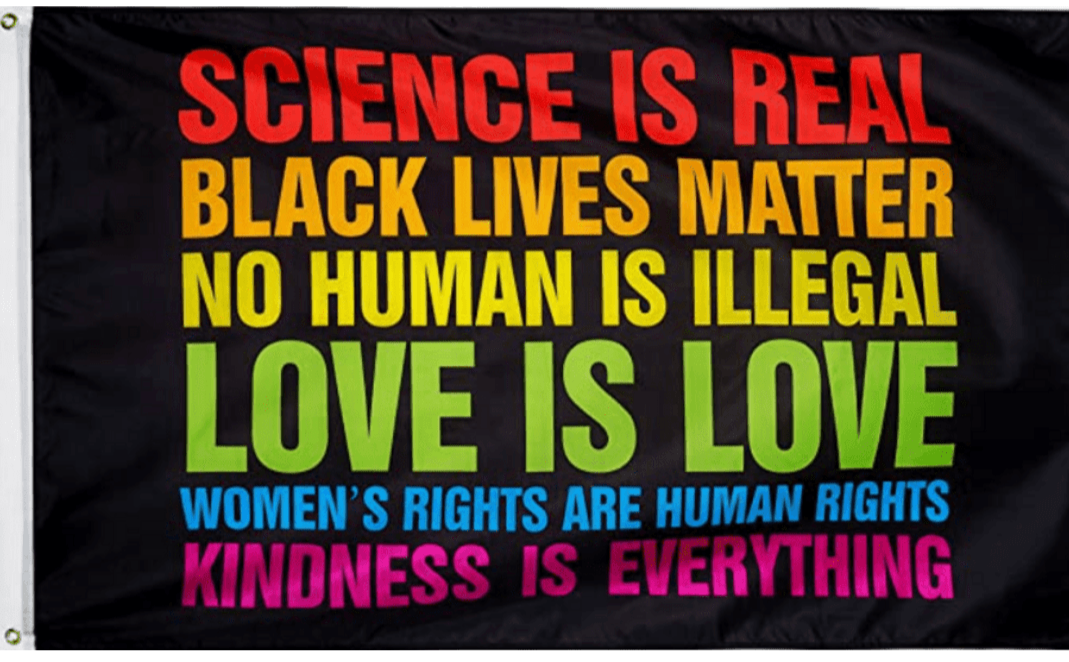
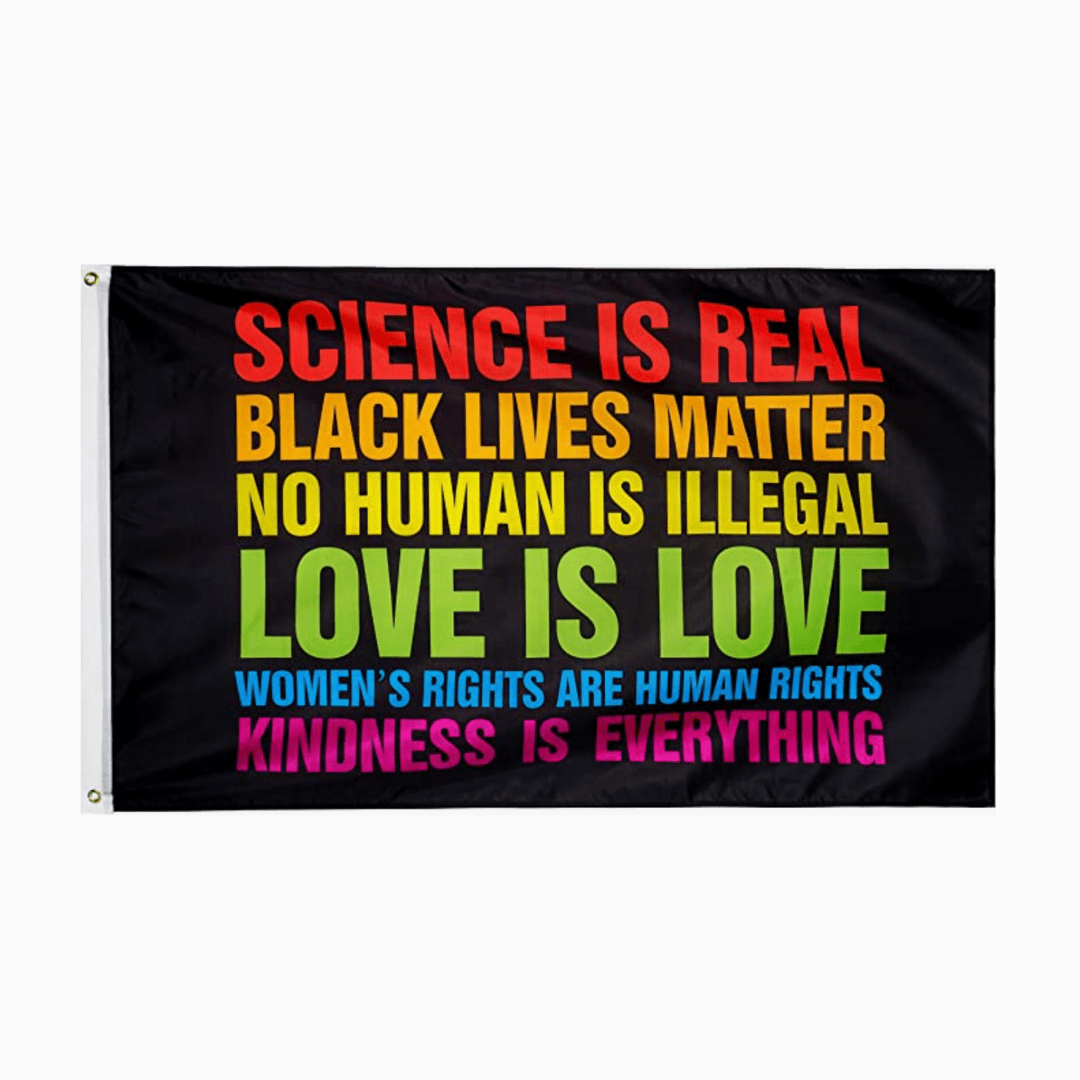
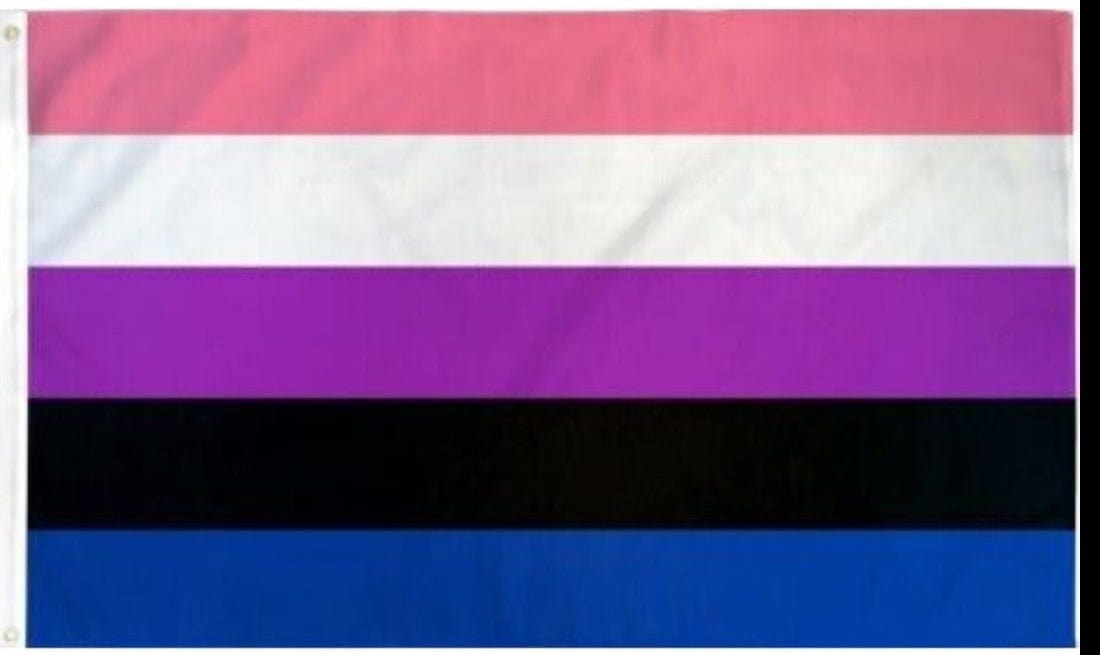

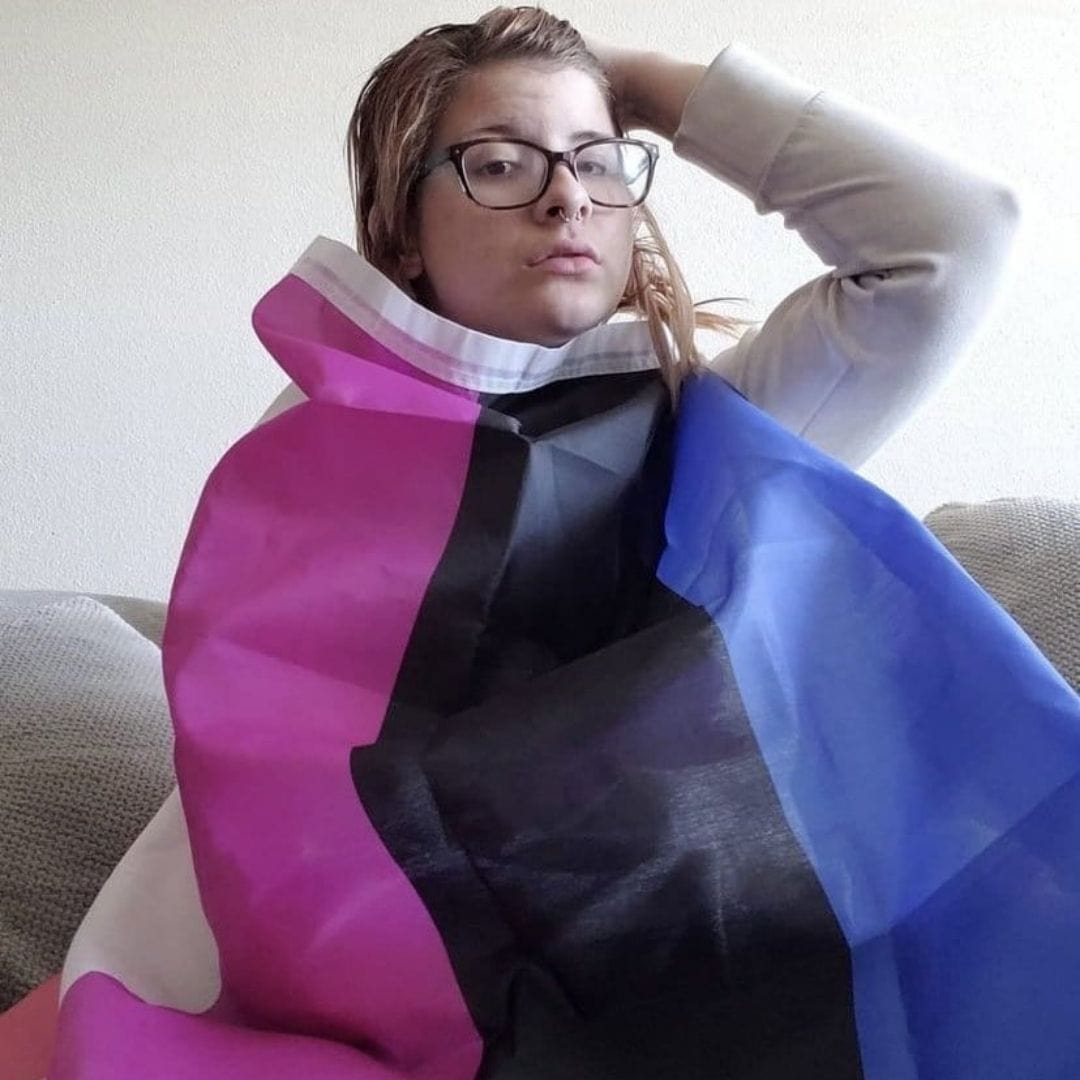


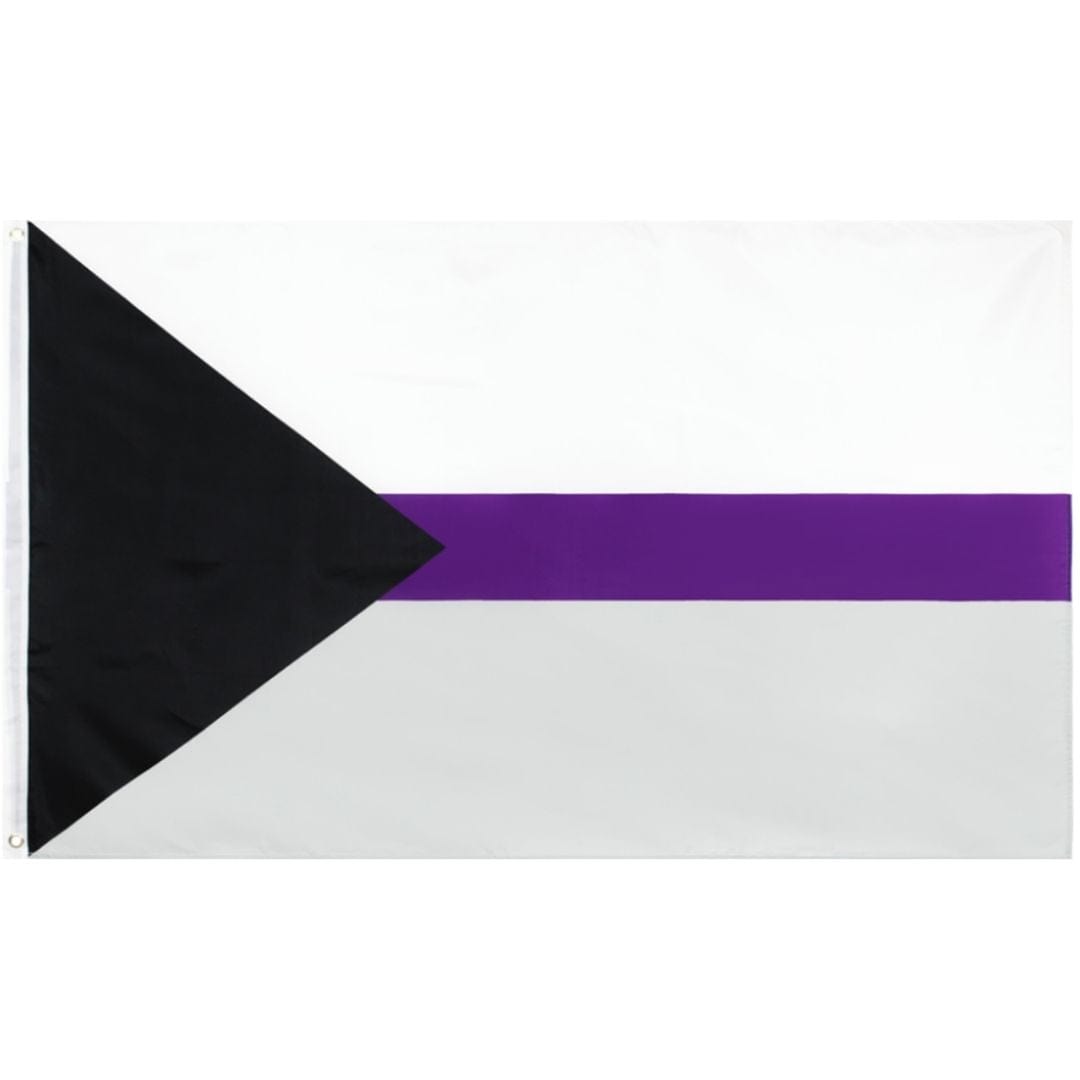

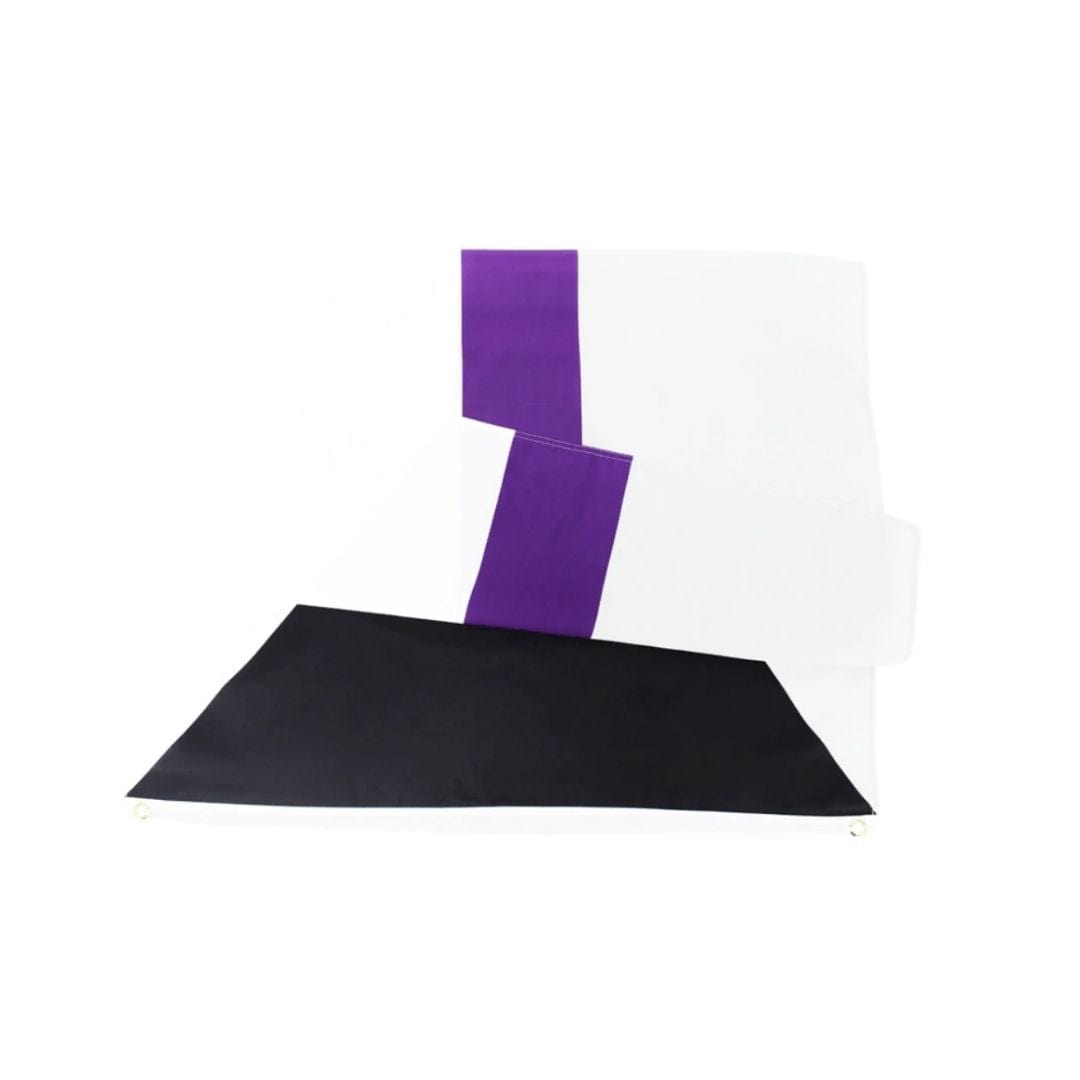

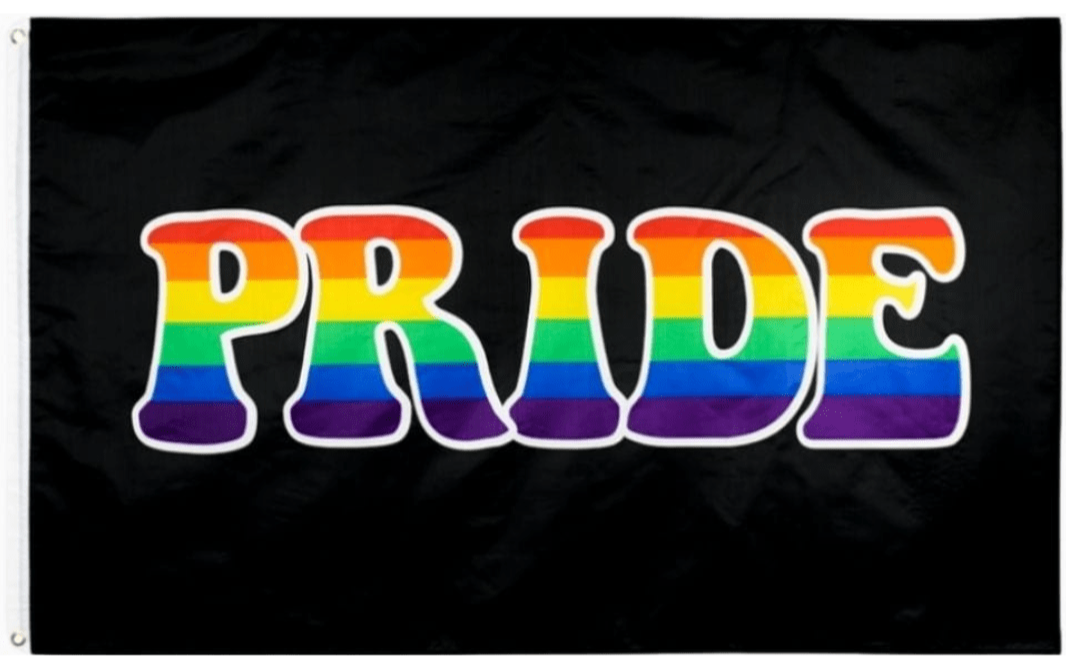
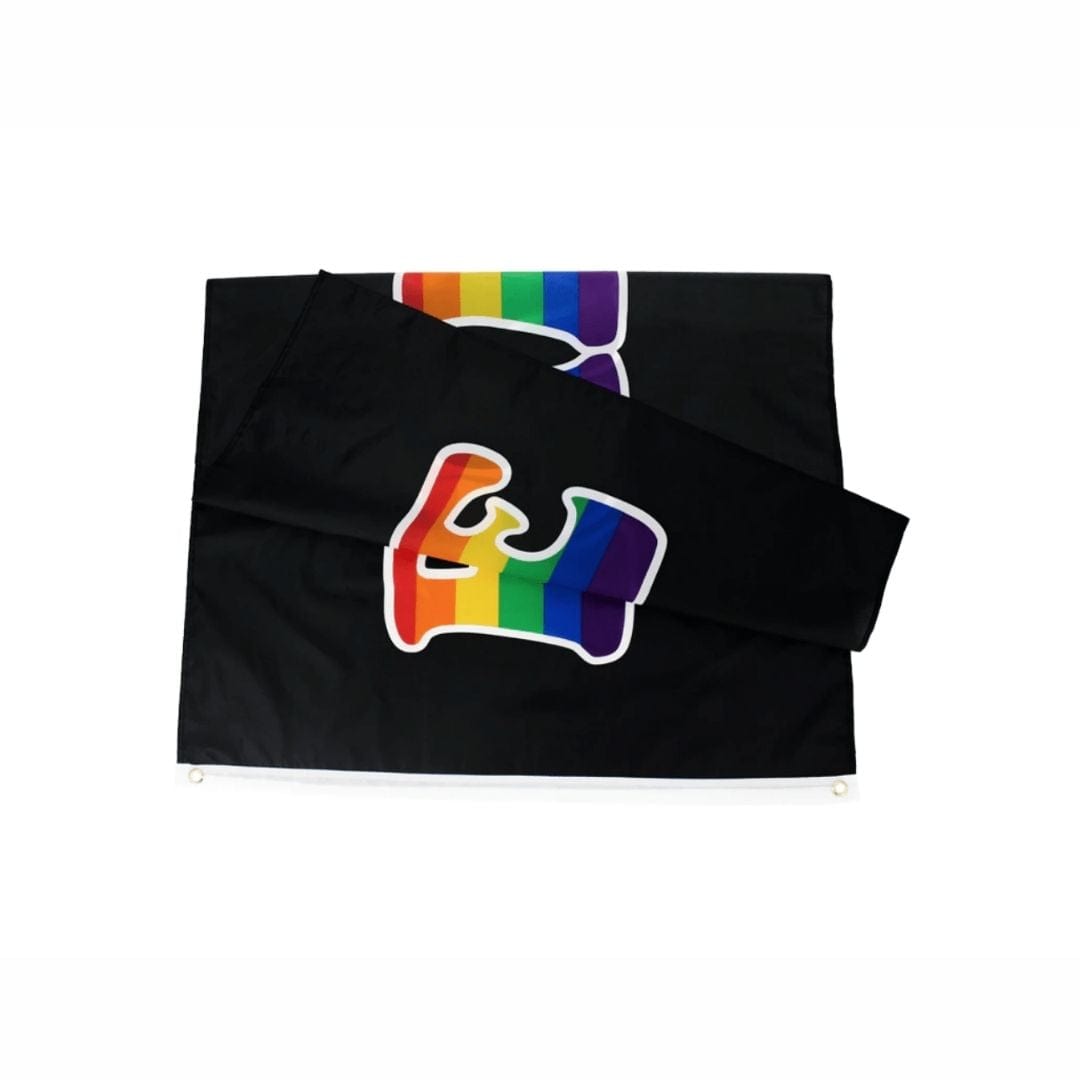

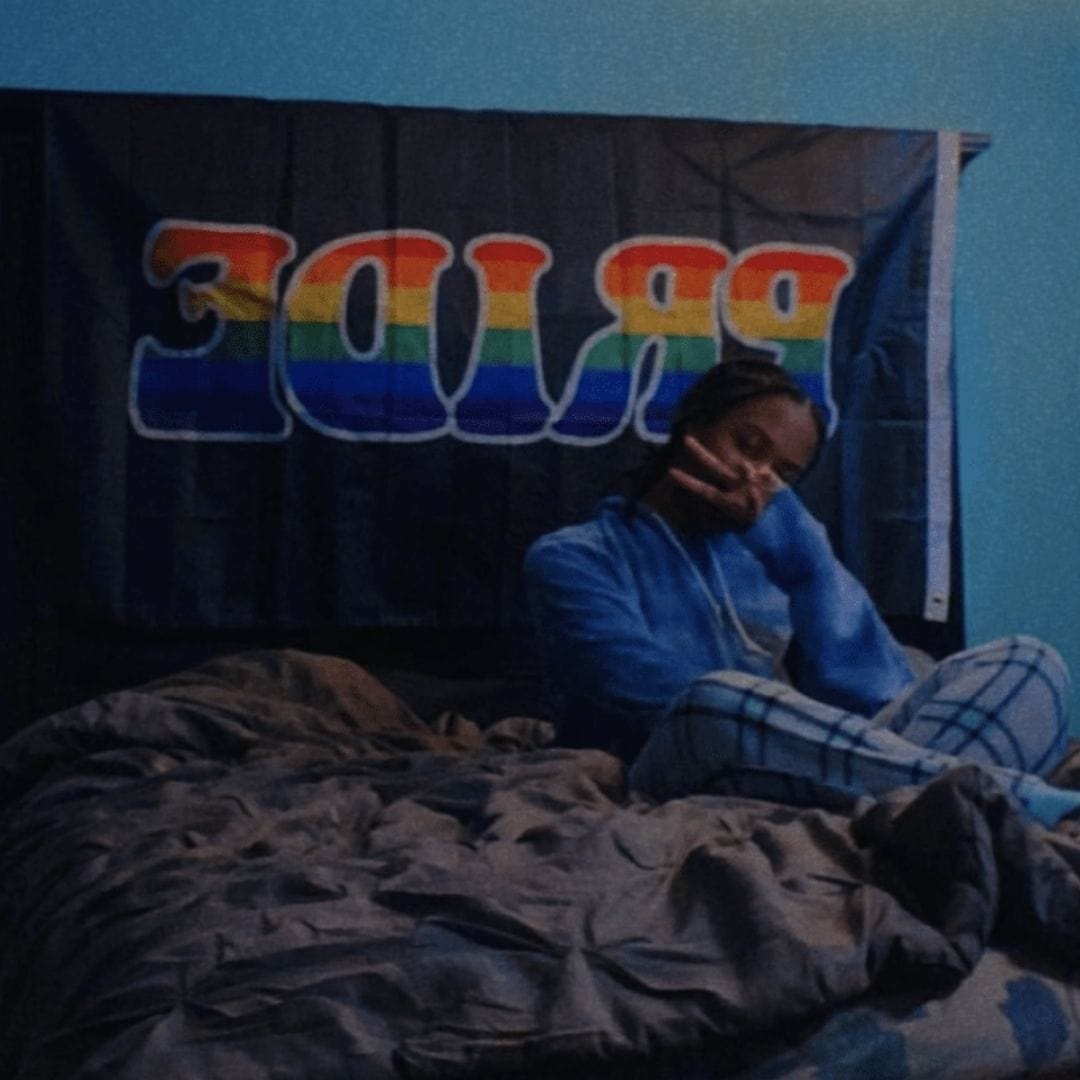
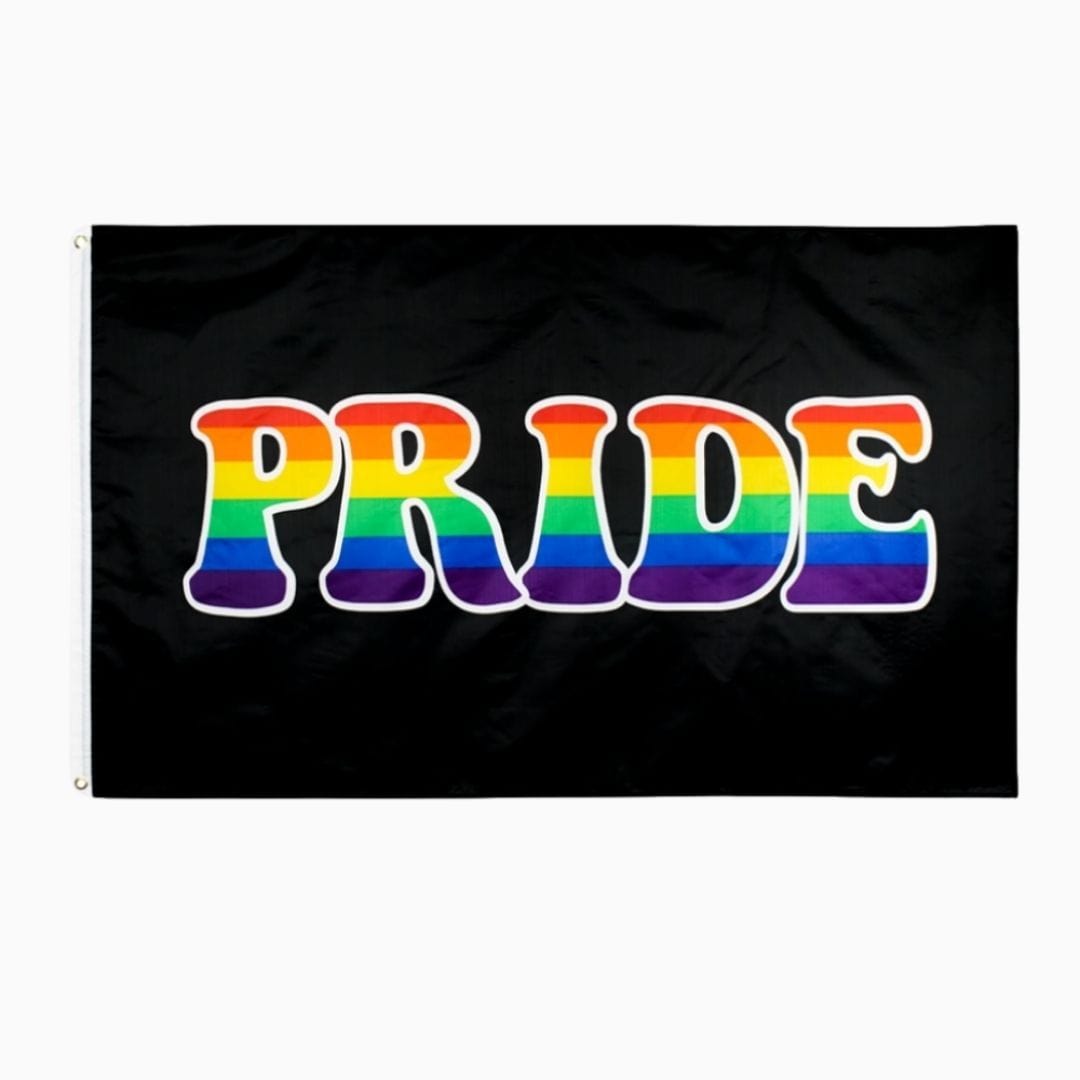
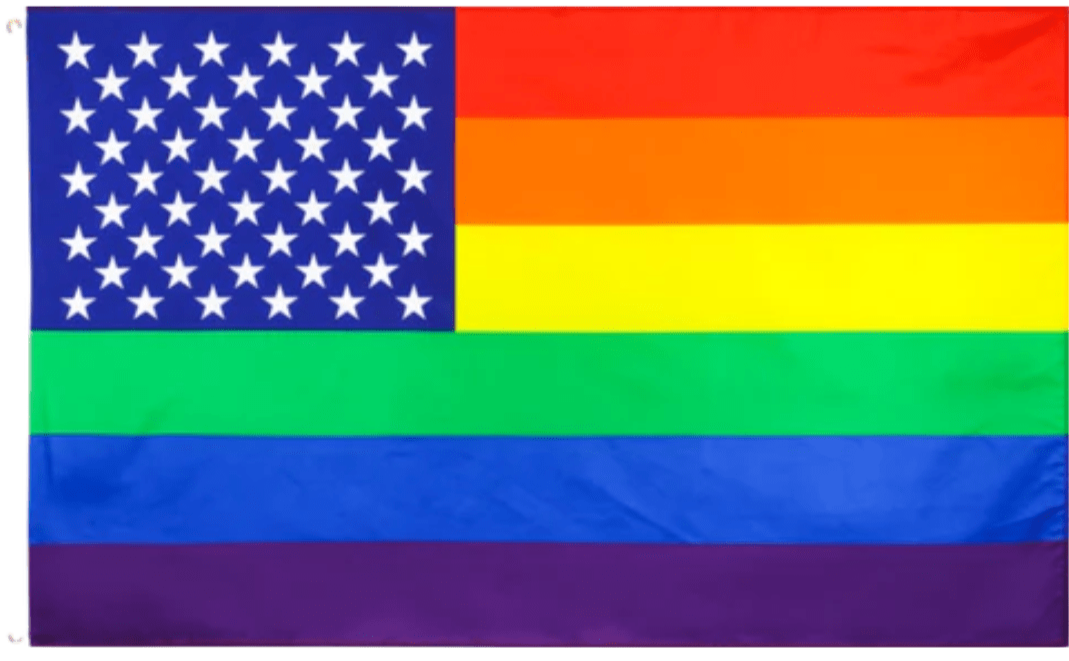
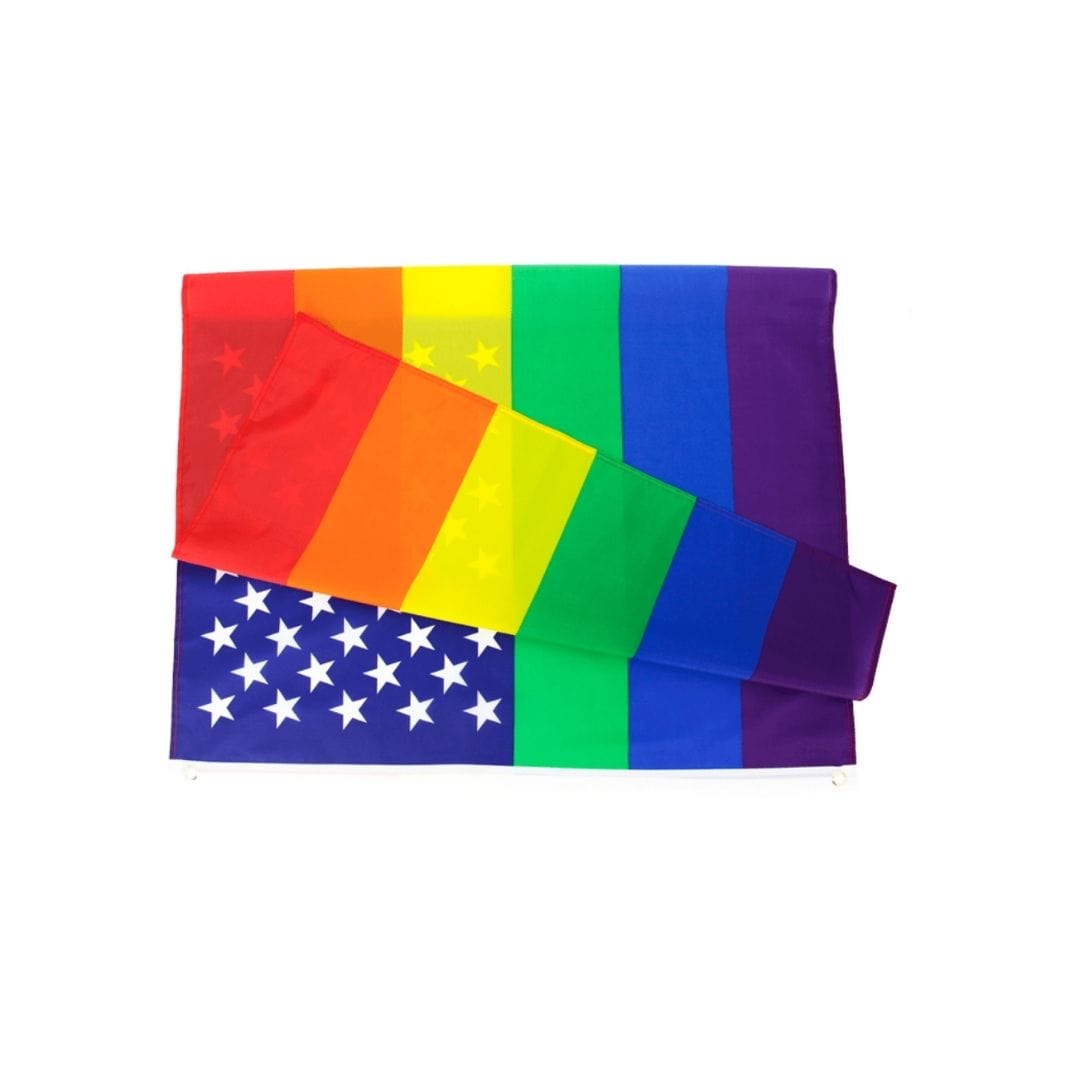

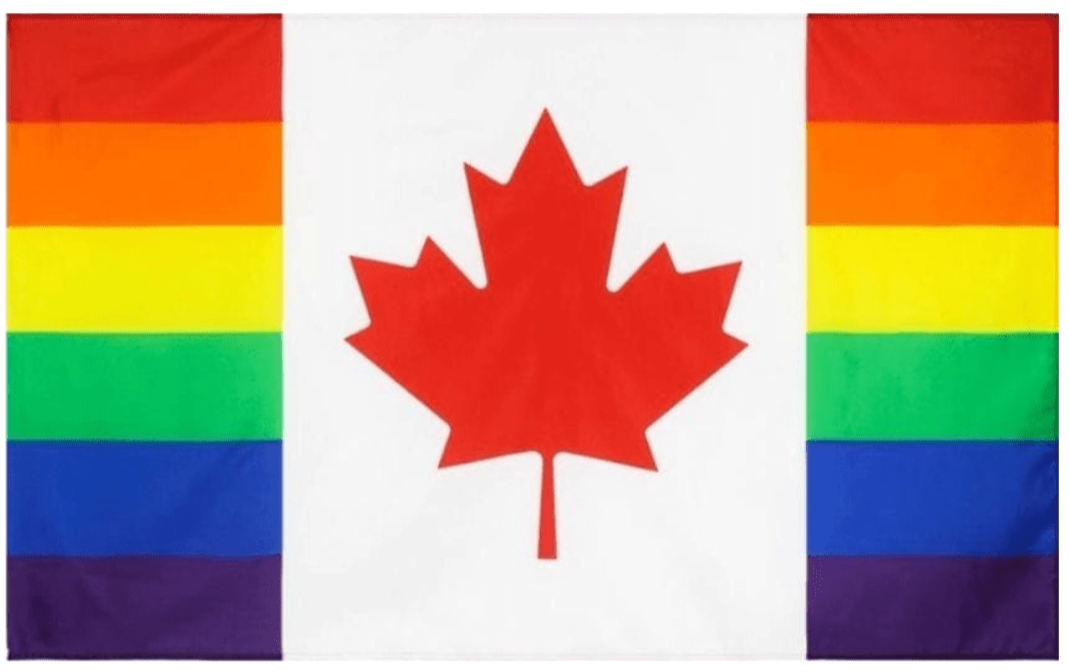
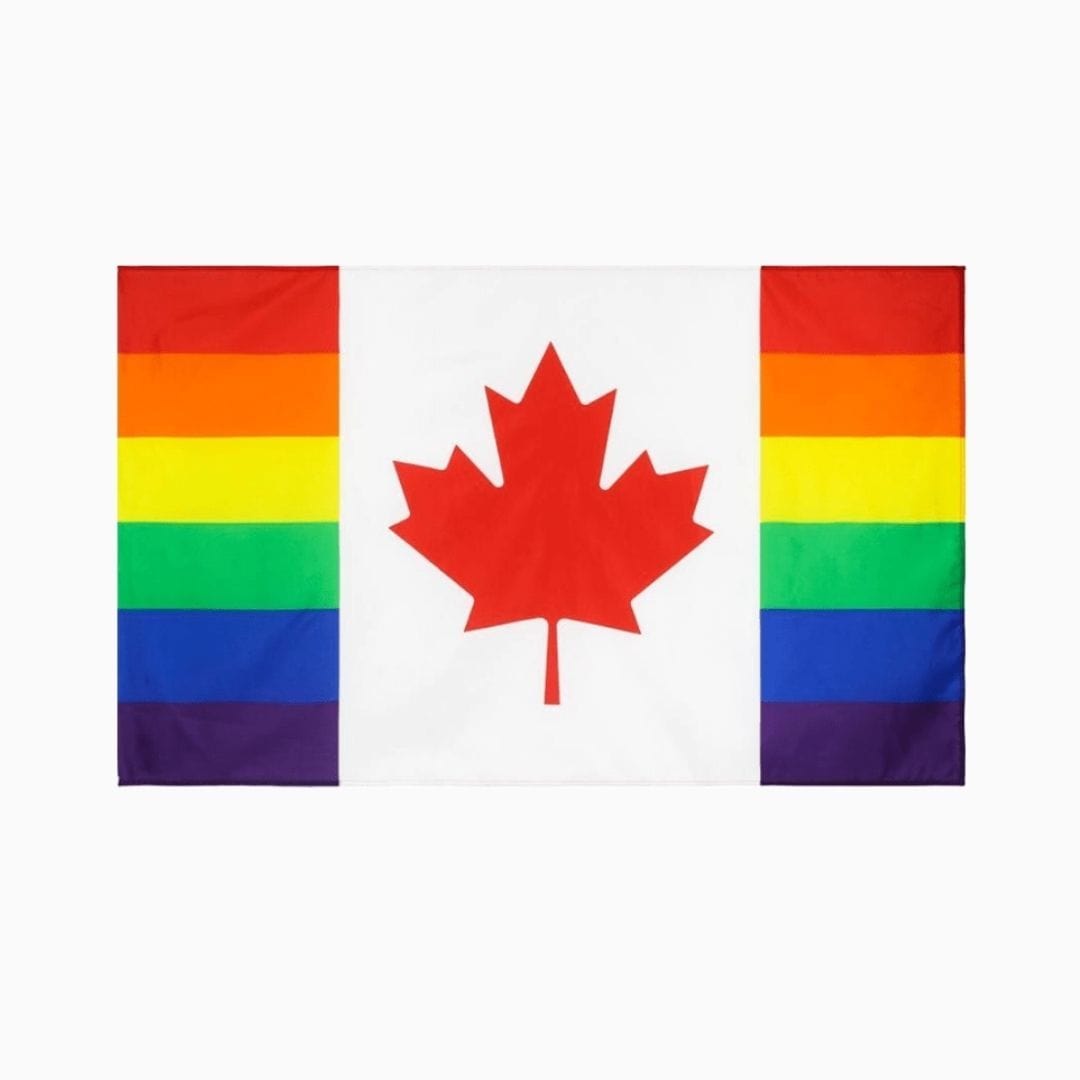
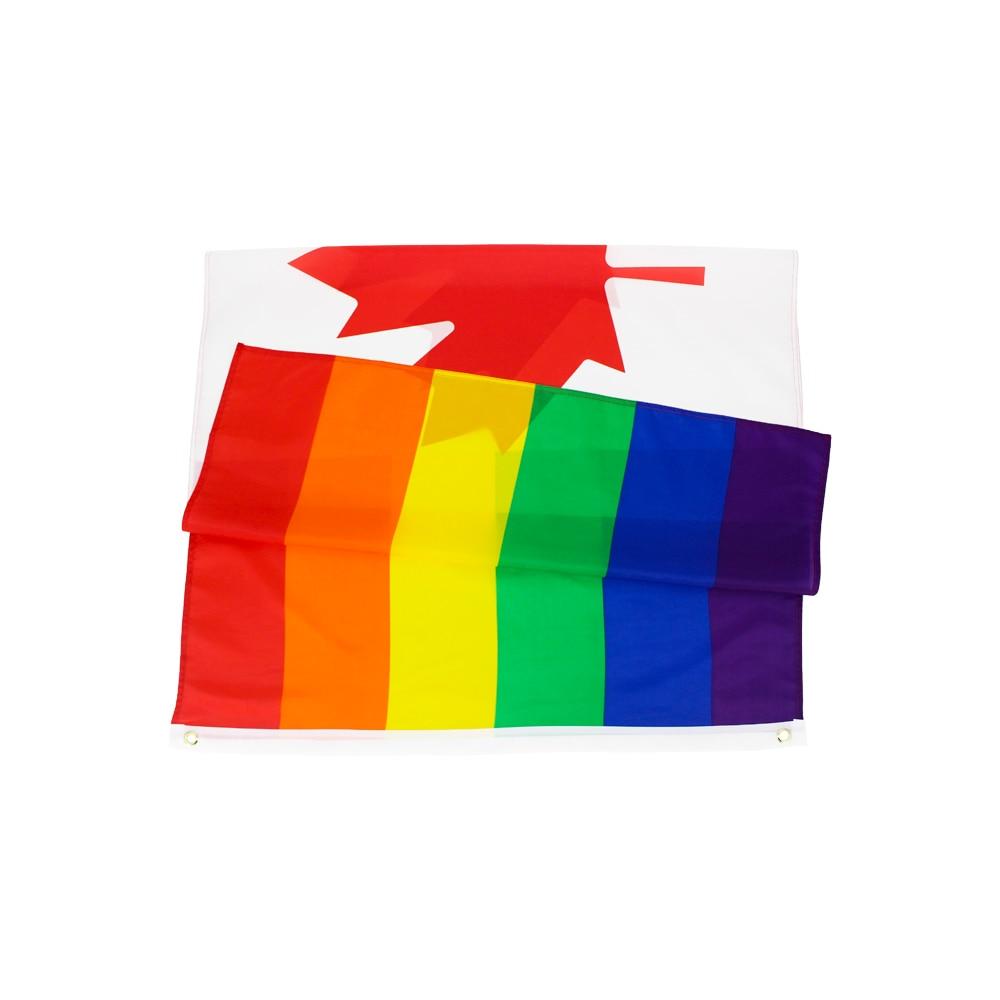

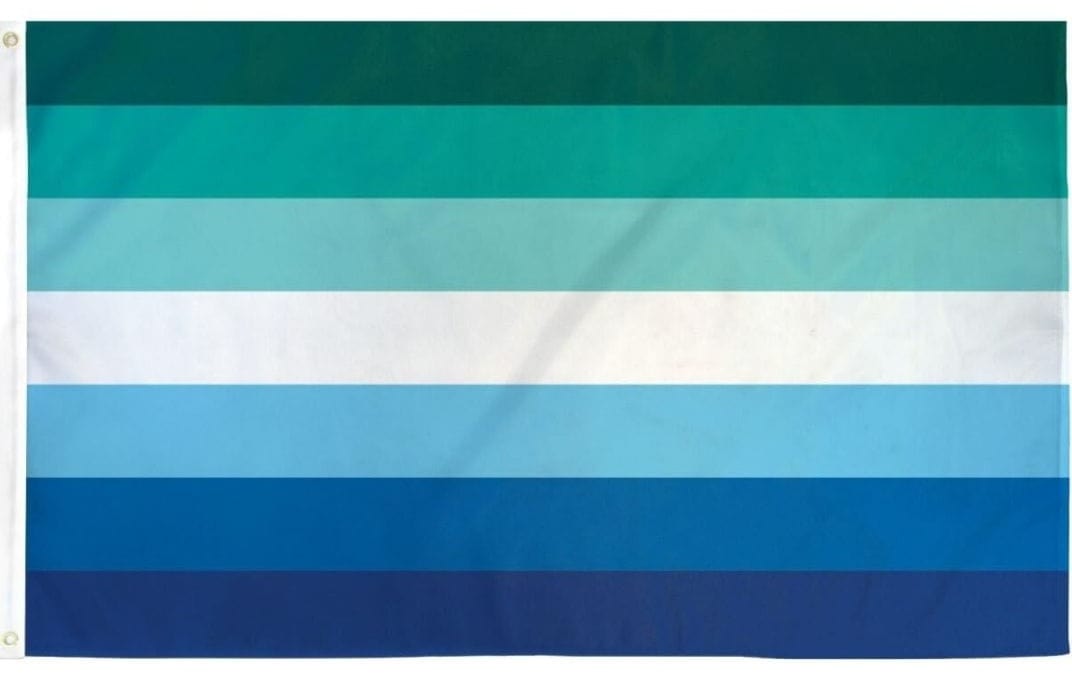

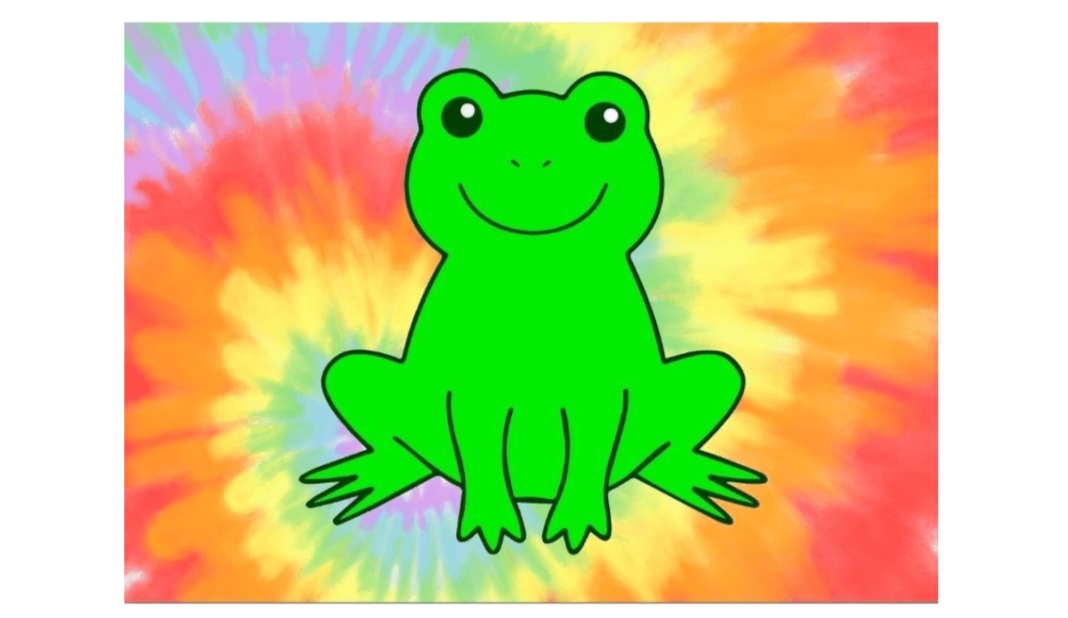

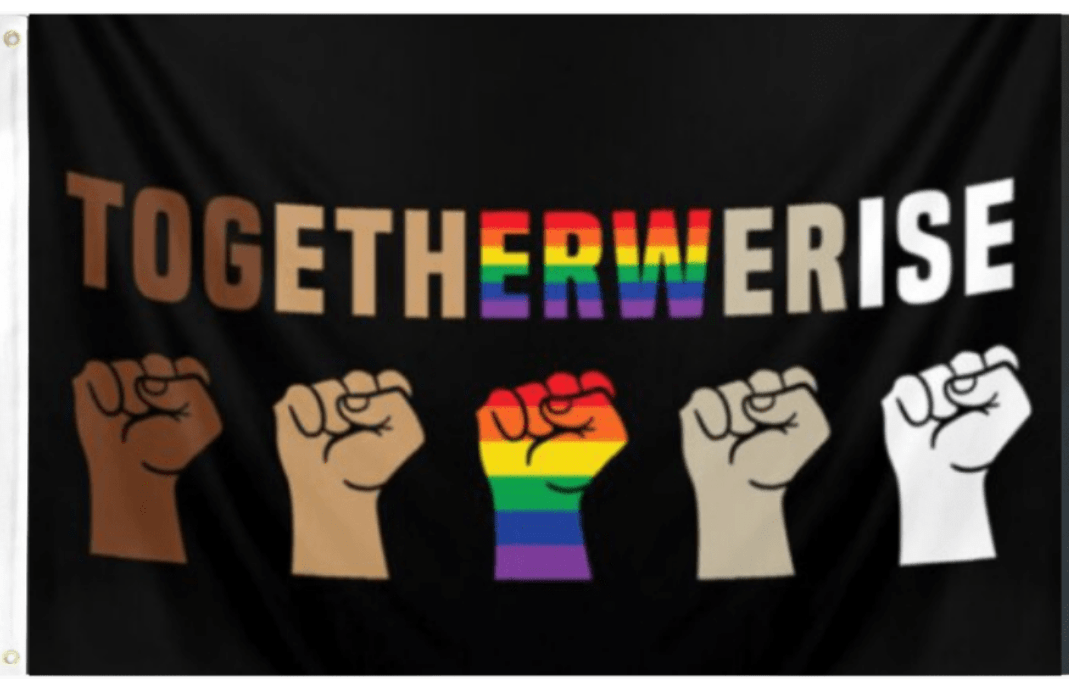
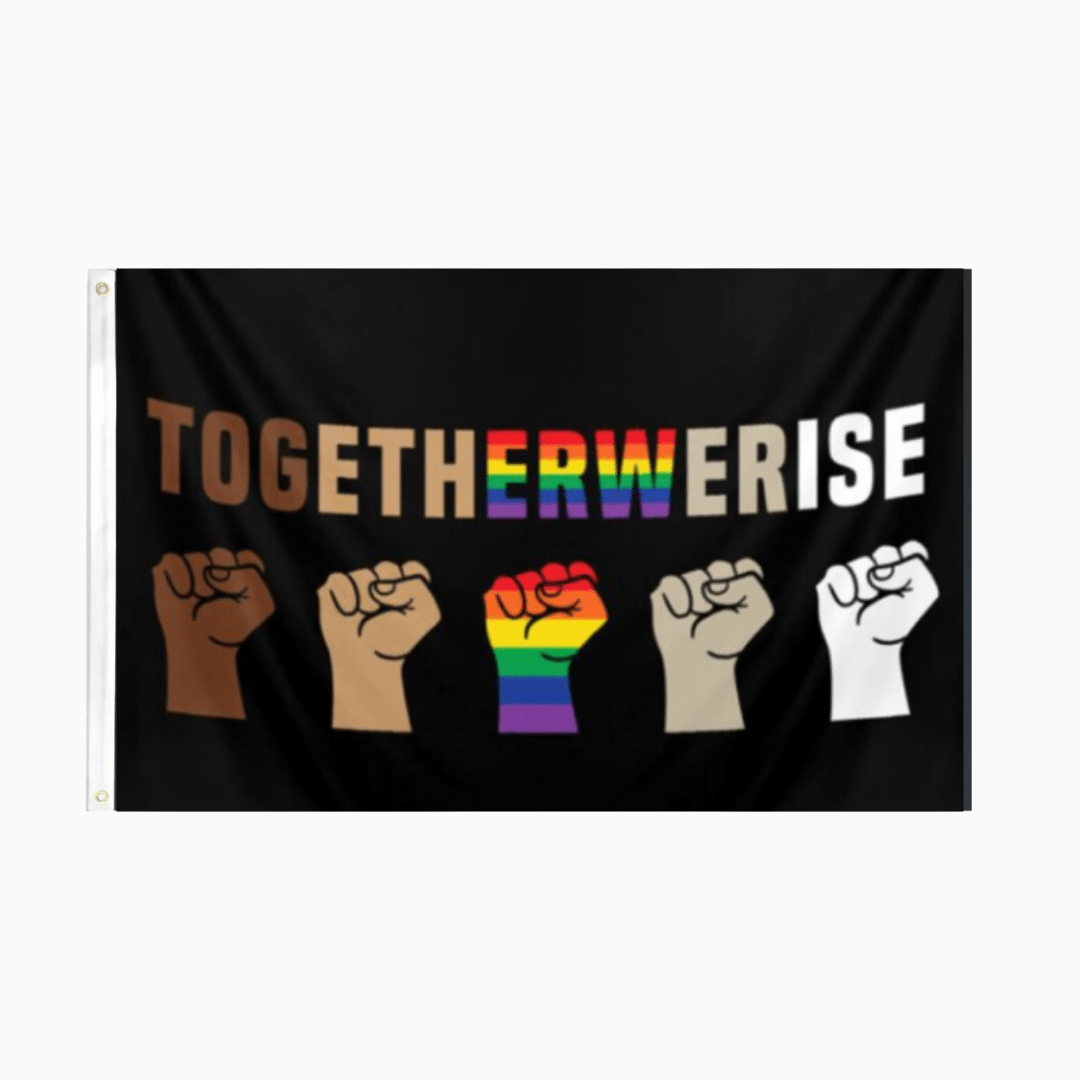
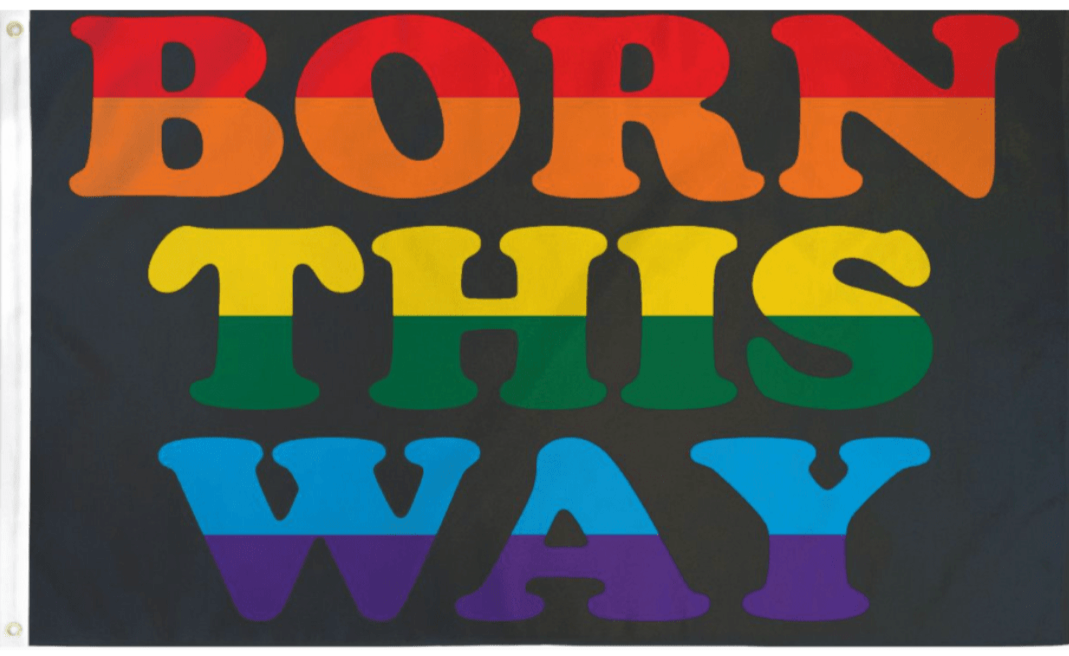
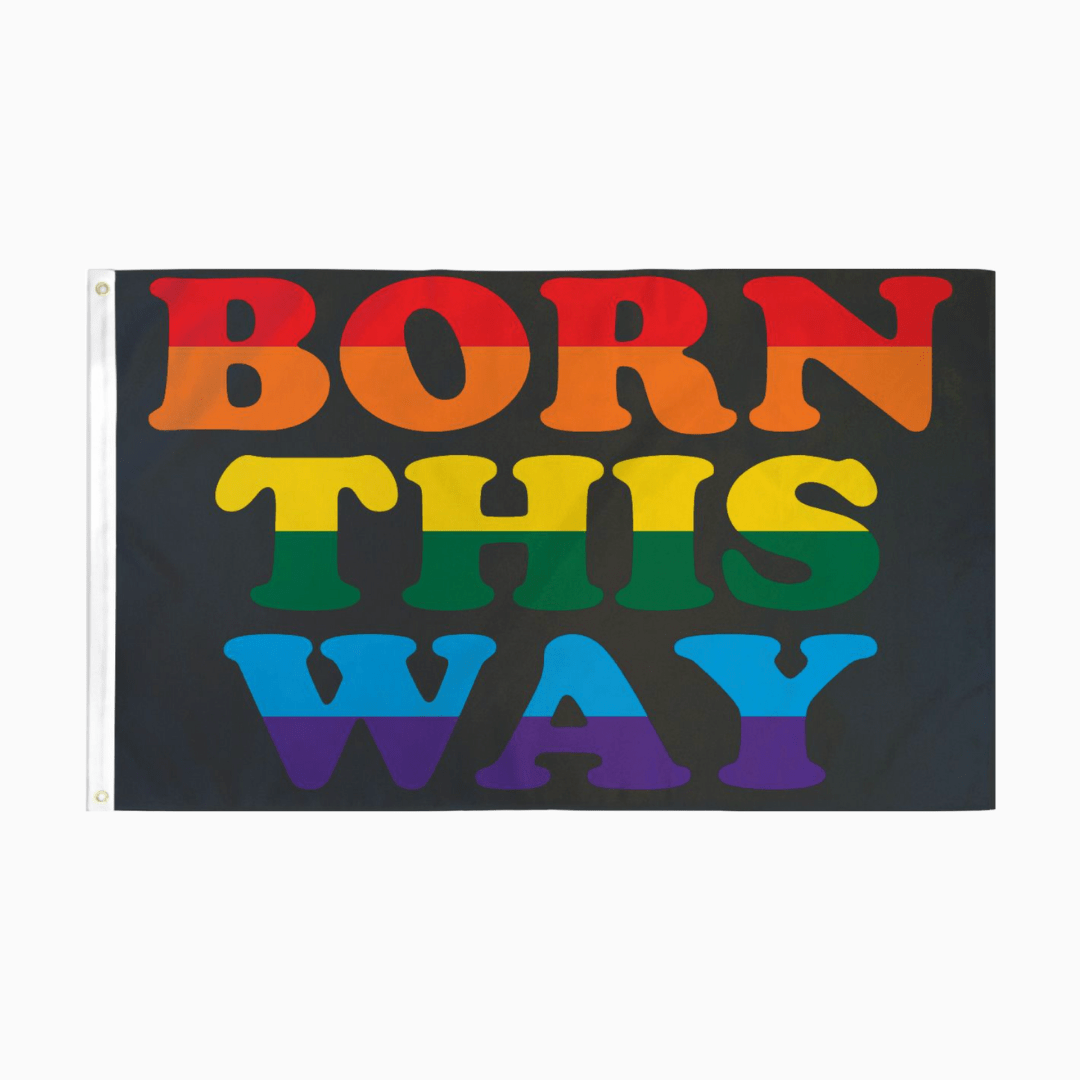
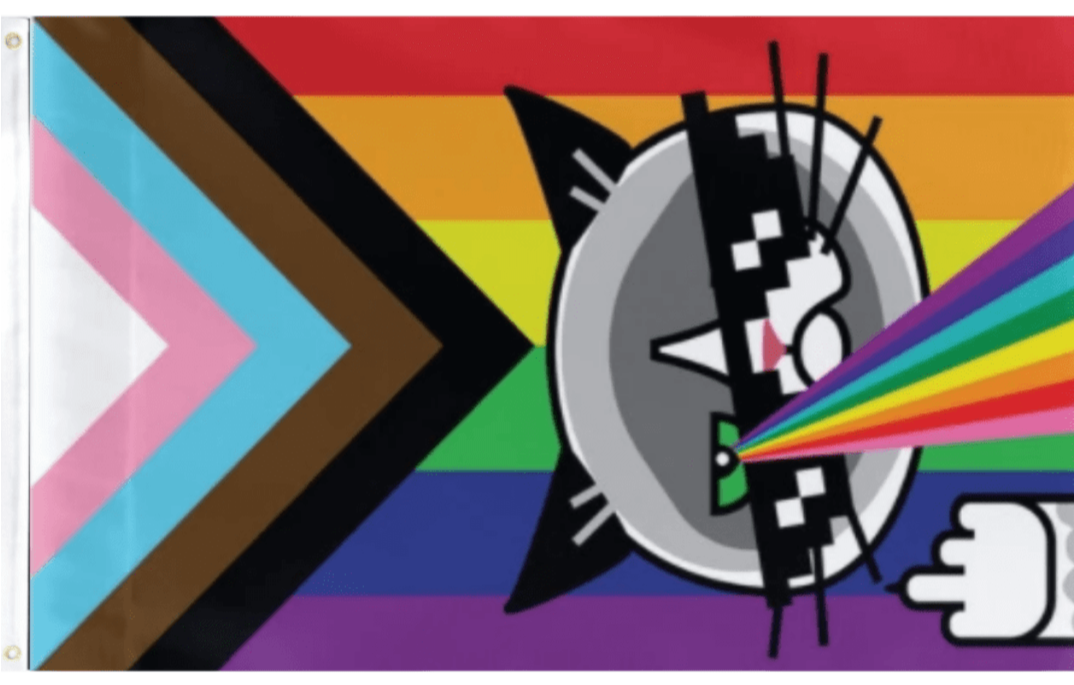

Comments
I live in Essex and gay people are scared to come out. It feels like we are back in the 1970’s again. We must stick together and speak out. Never live in fear of bigotry. I am now 65 years old. Nd have lived through some terrible times. We can afford to go back to those days of hate and violence. Speak out our lay down and let the bigots walk over you and end your life because that’s what it will come to. I am not being alarmist. I am speaking from experience. Take note of what the government and fringe hate groups are doing. Before it’s to late.